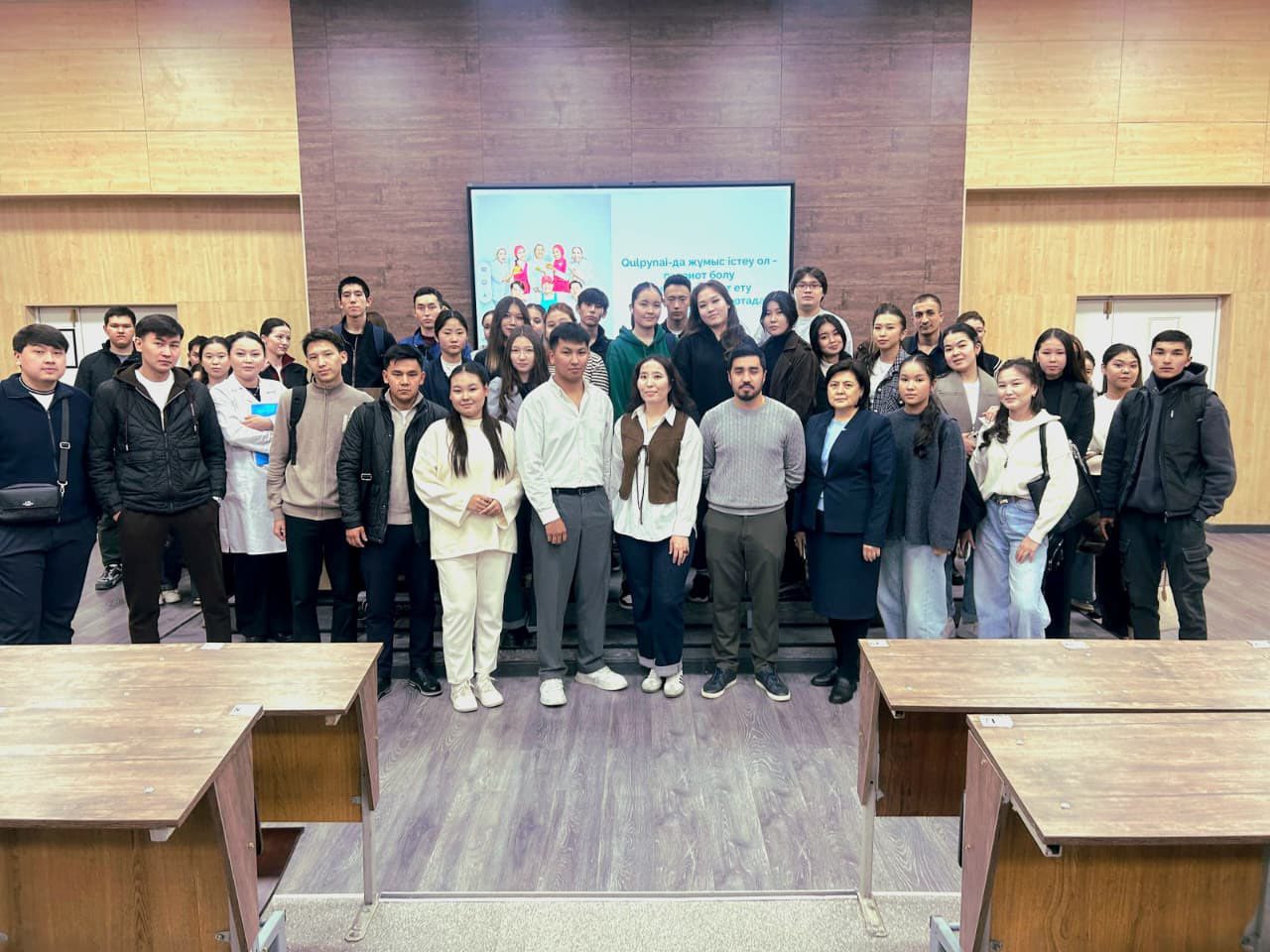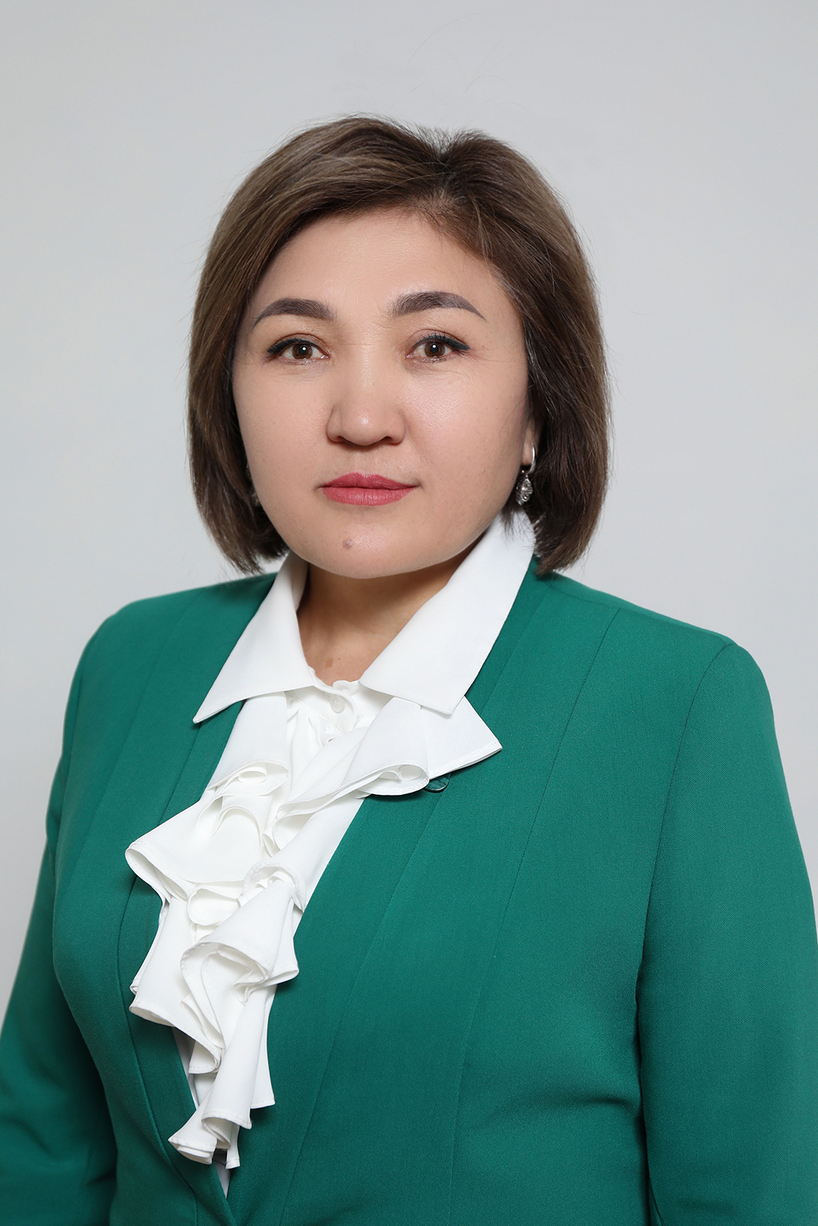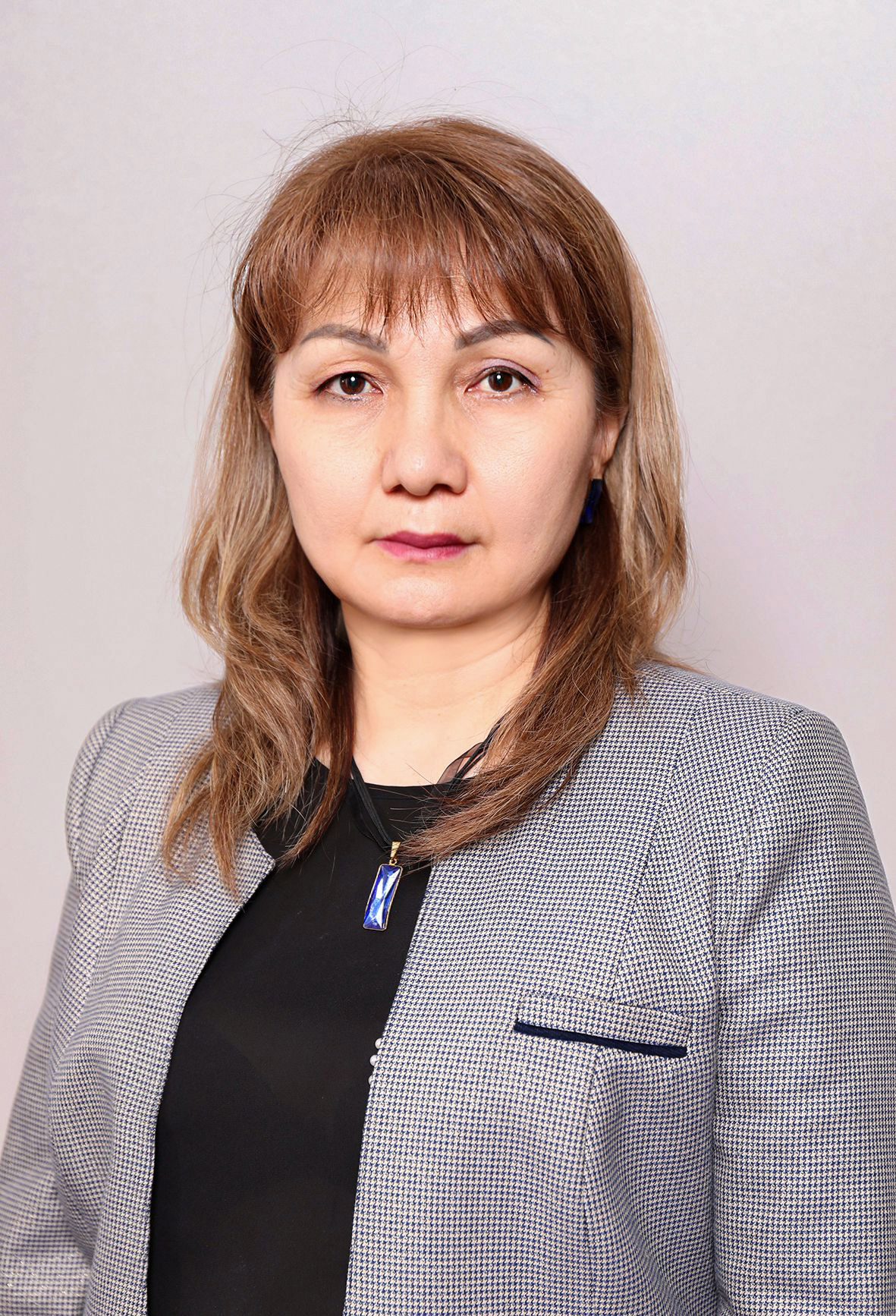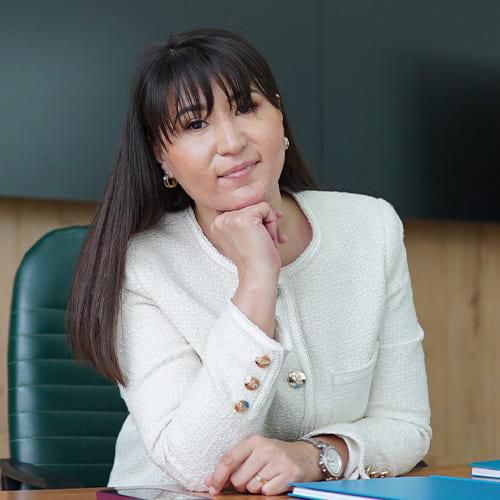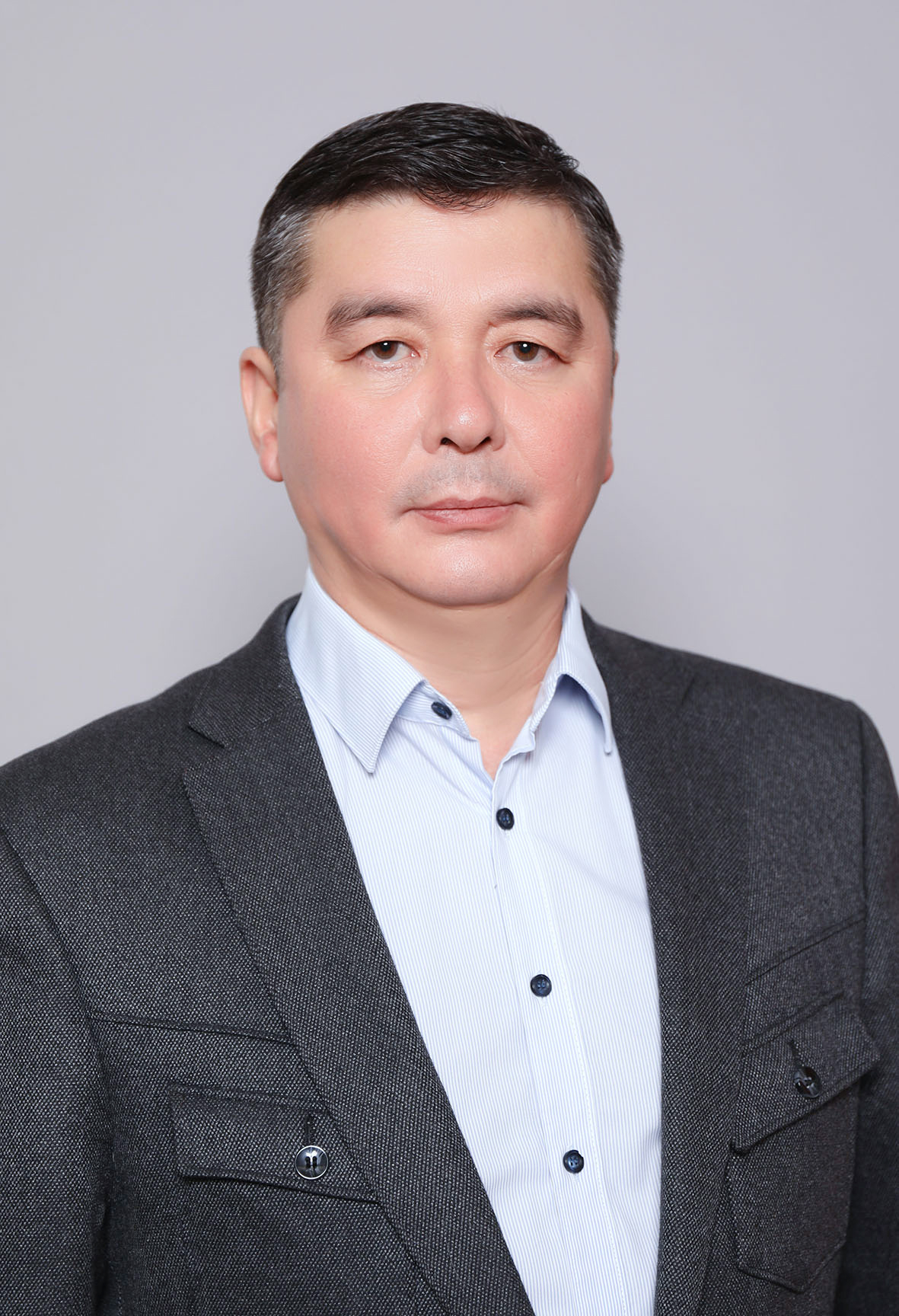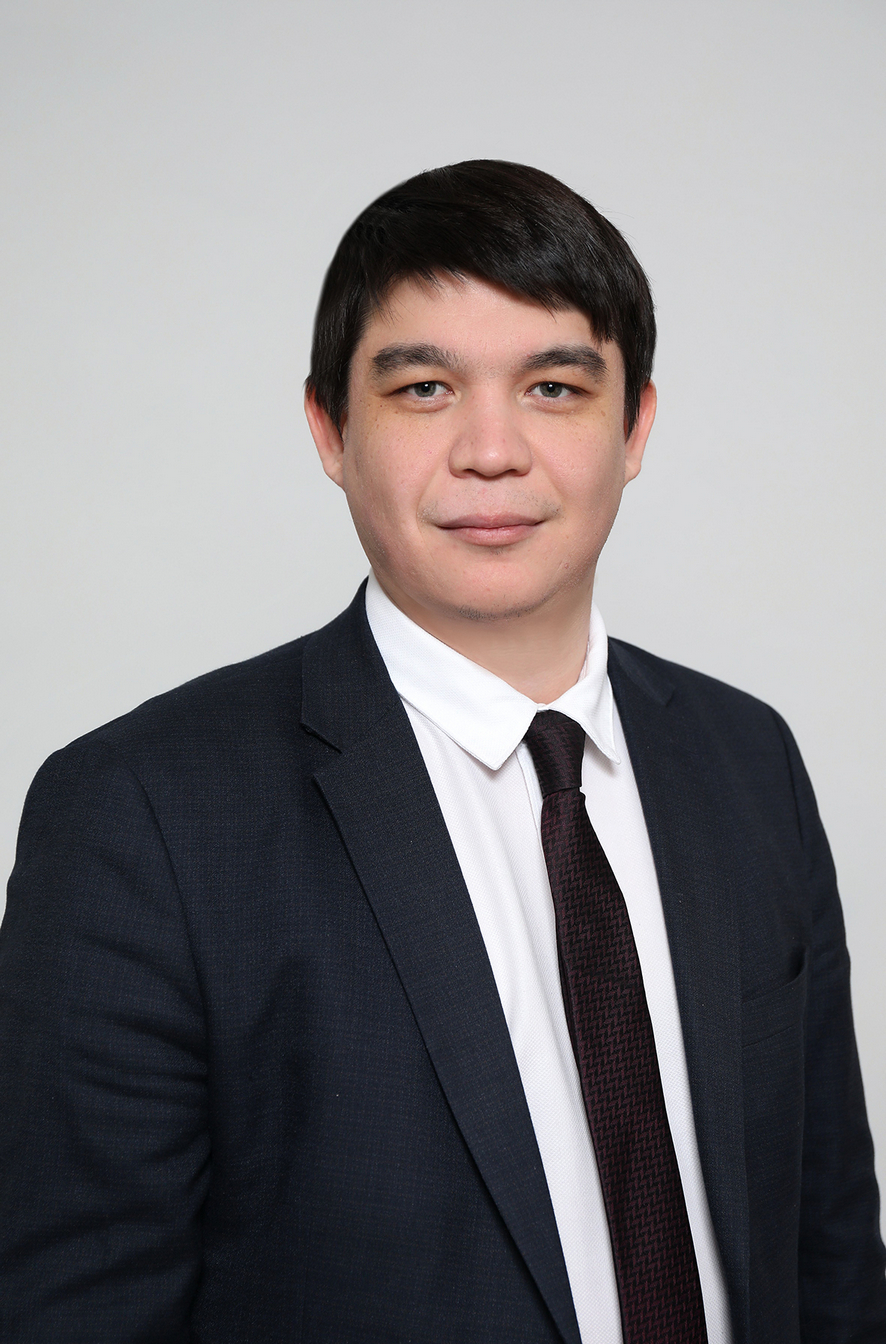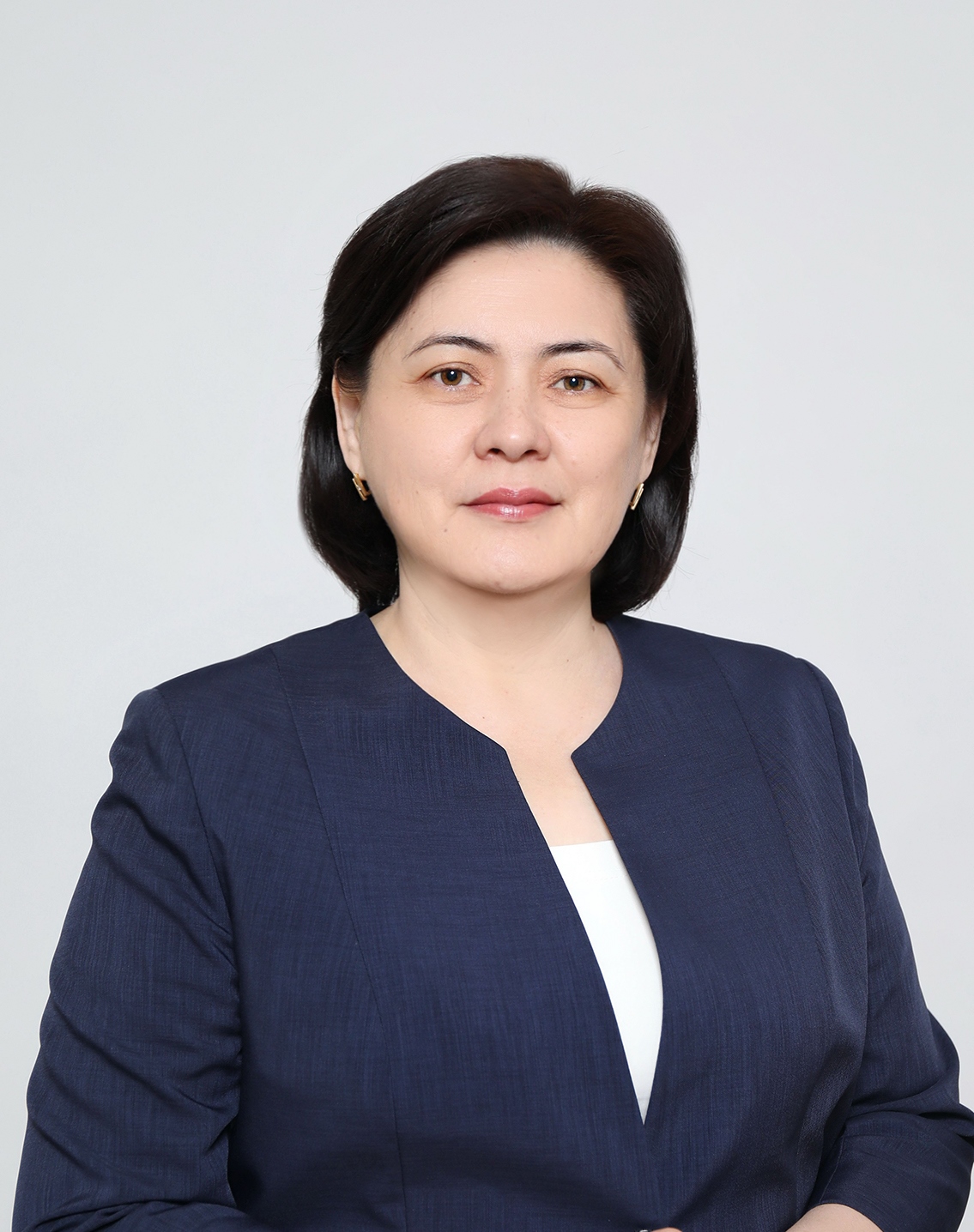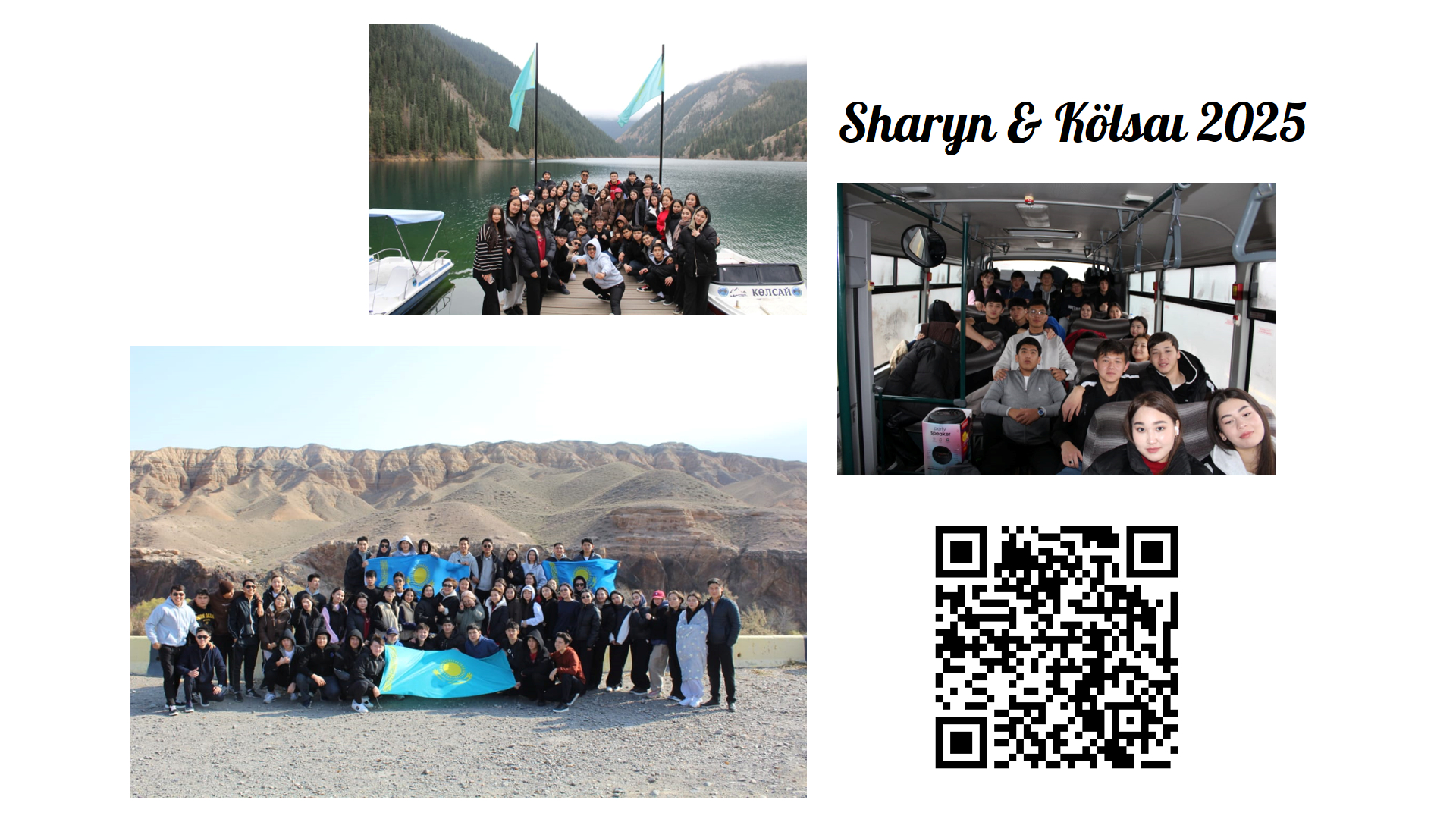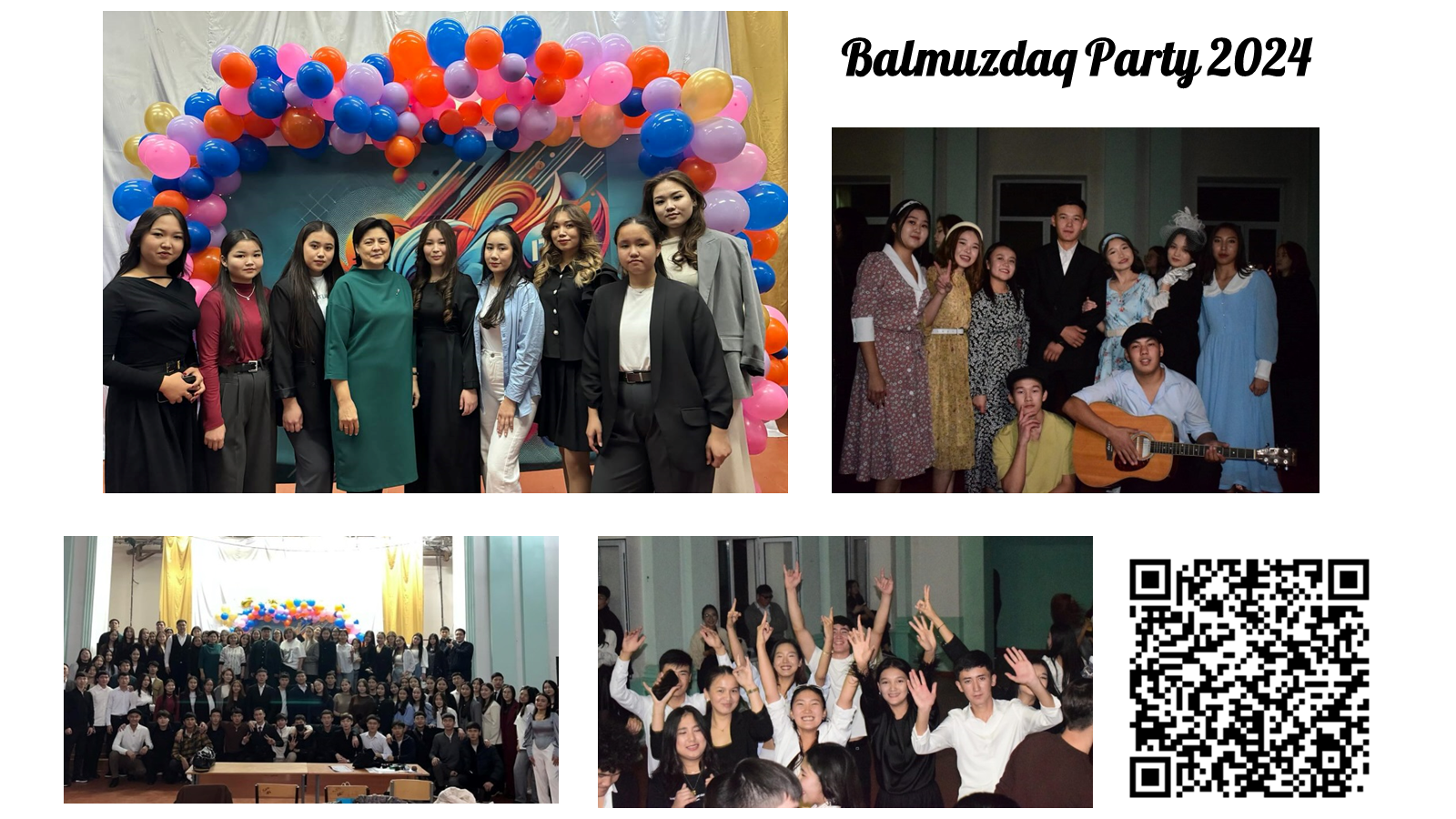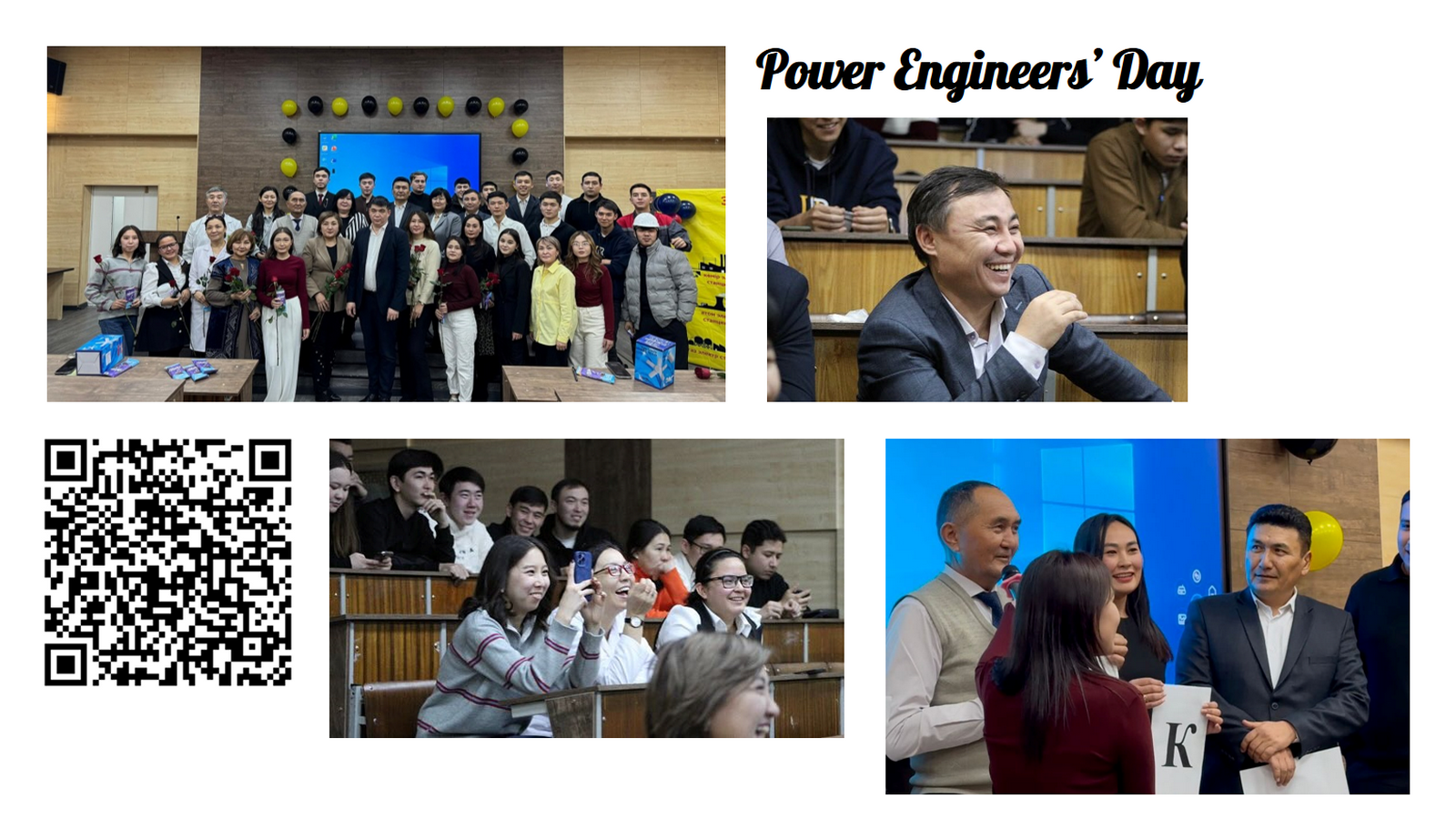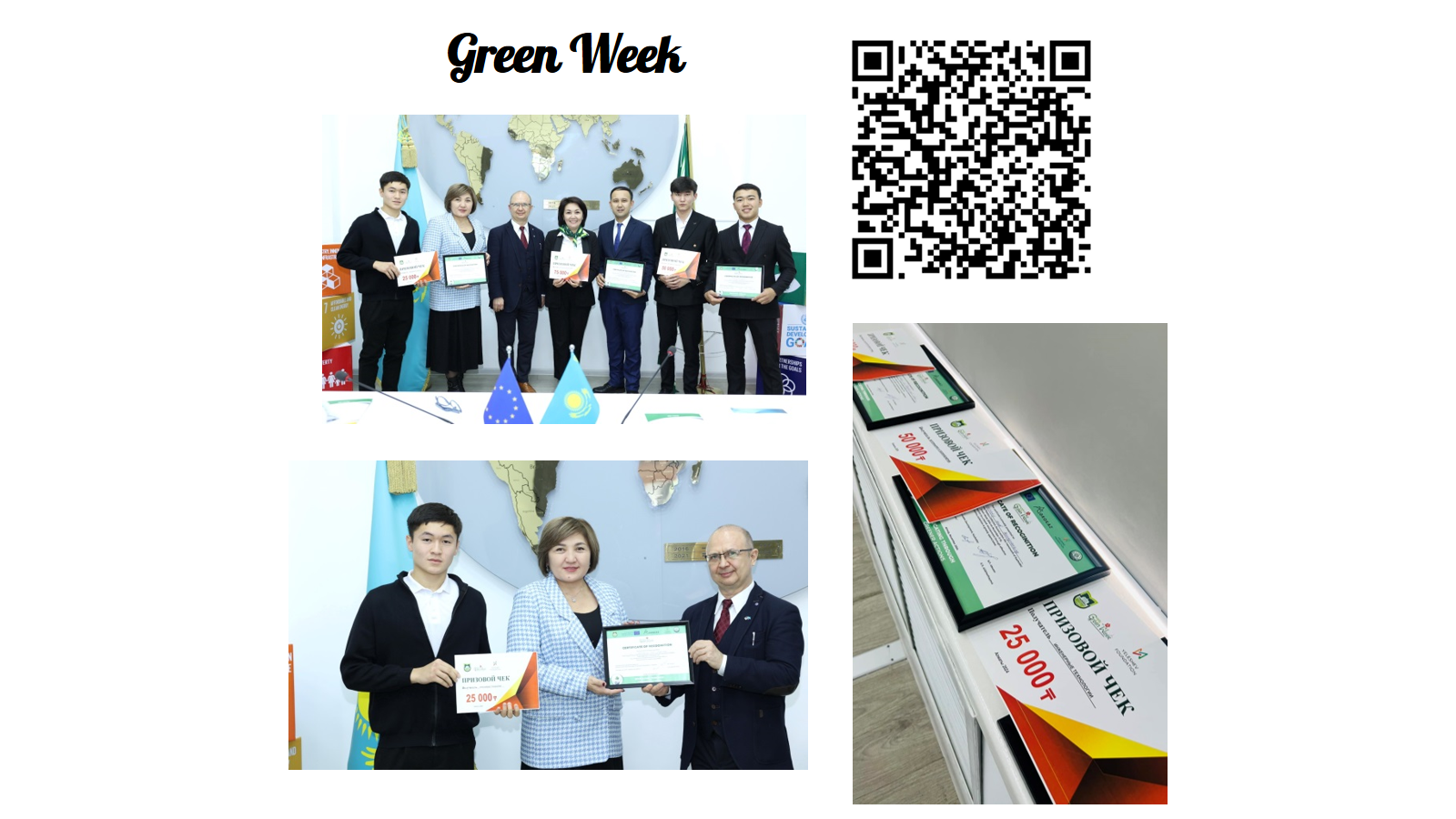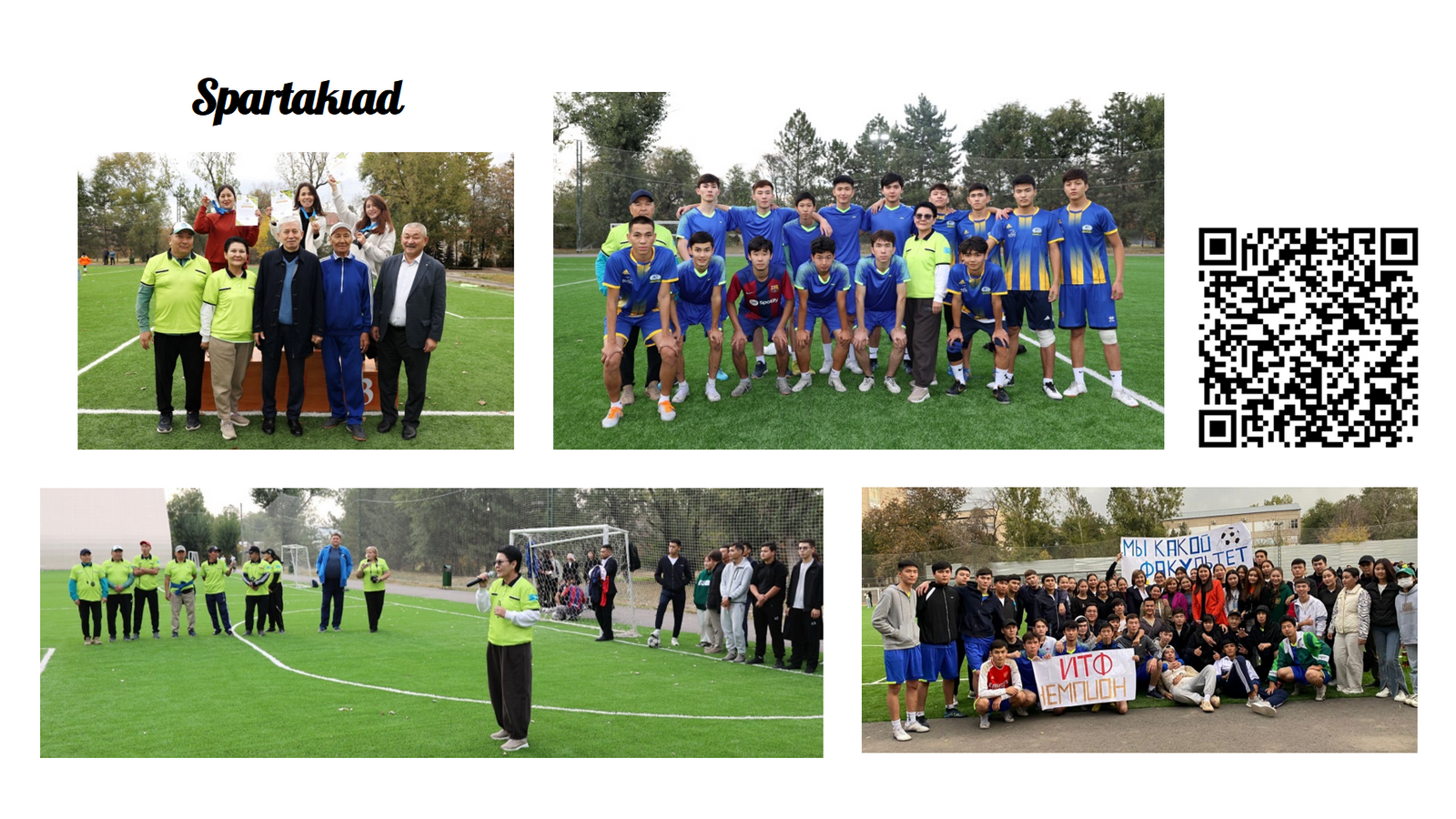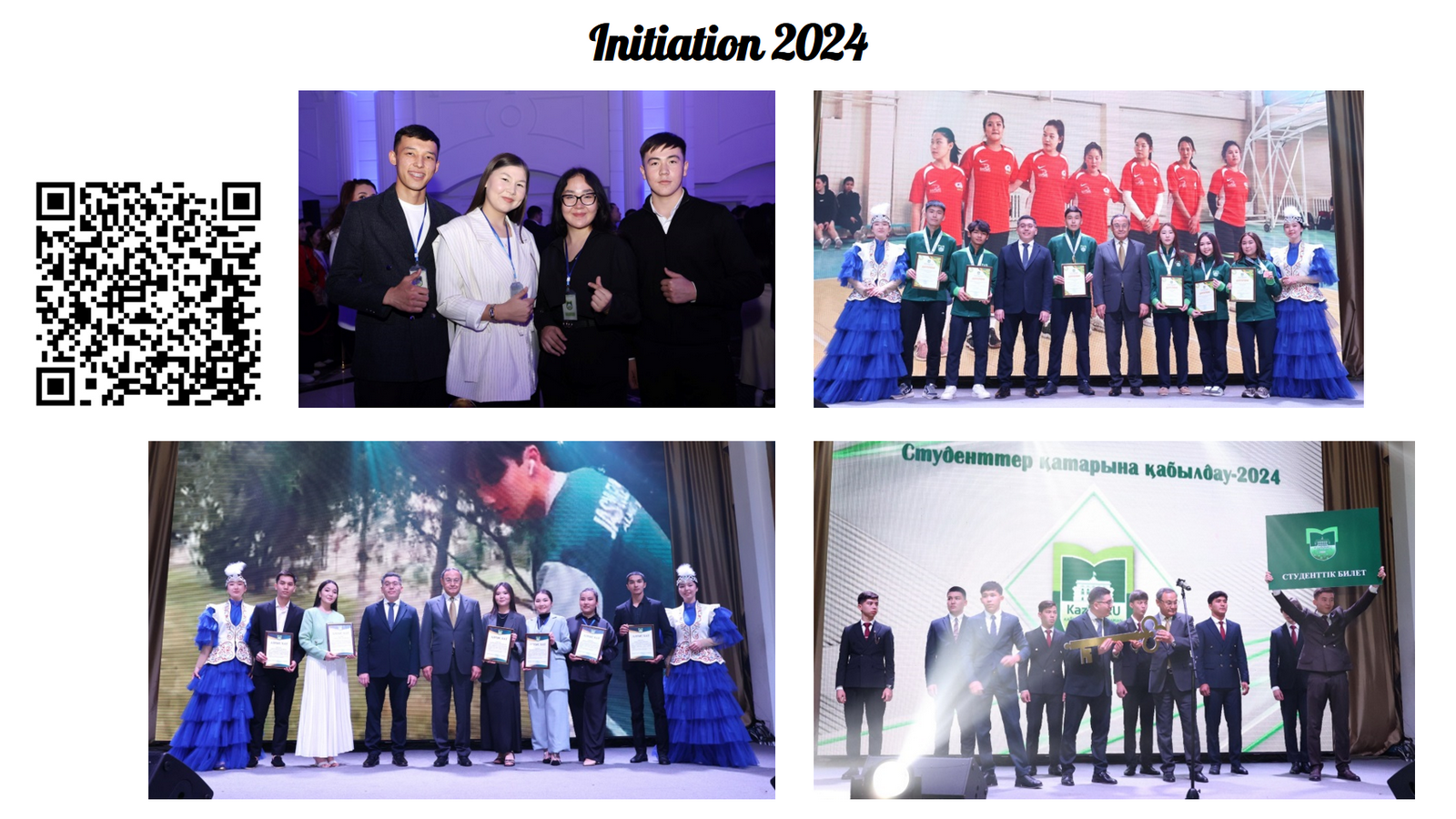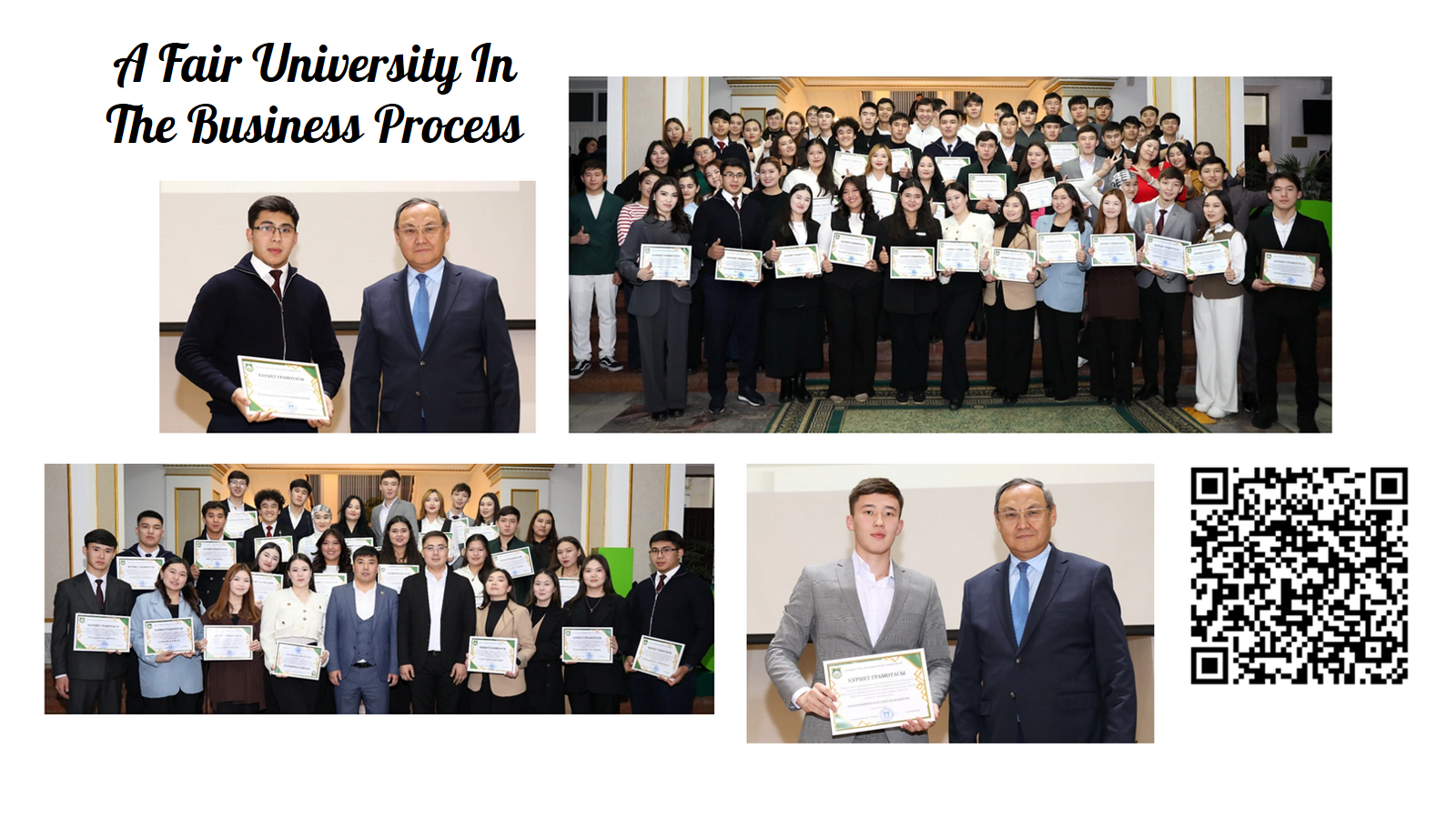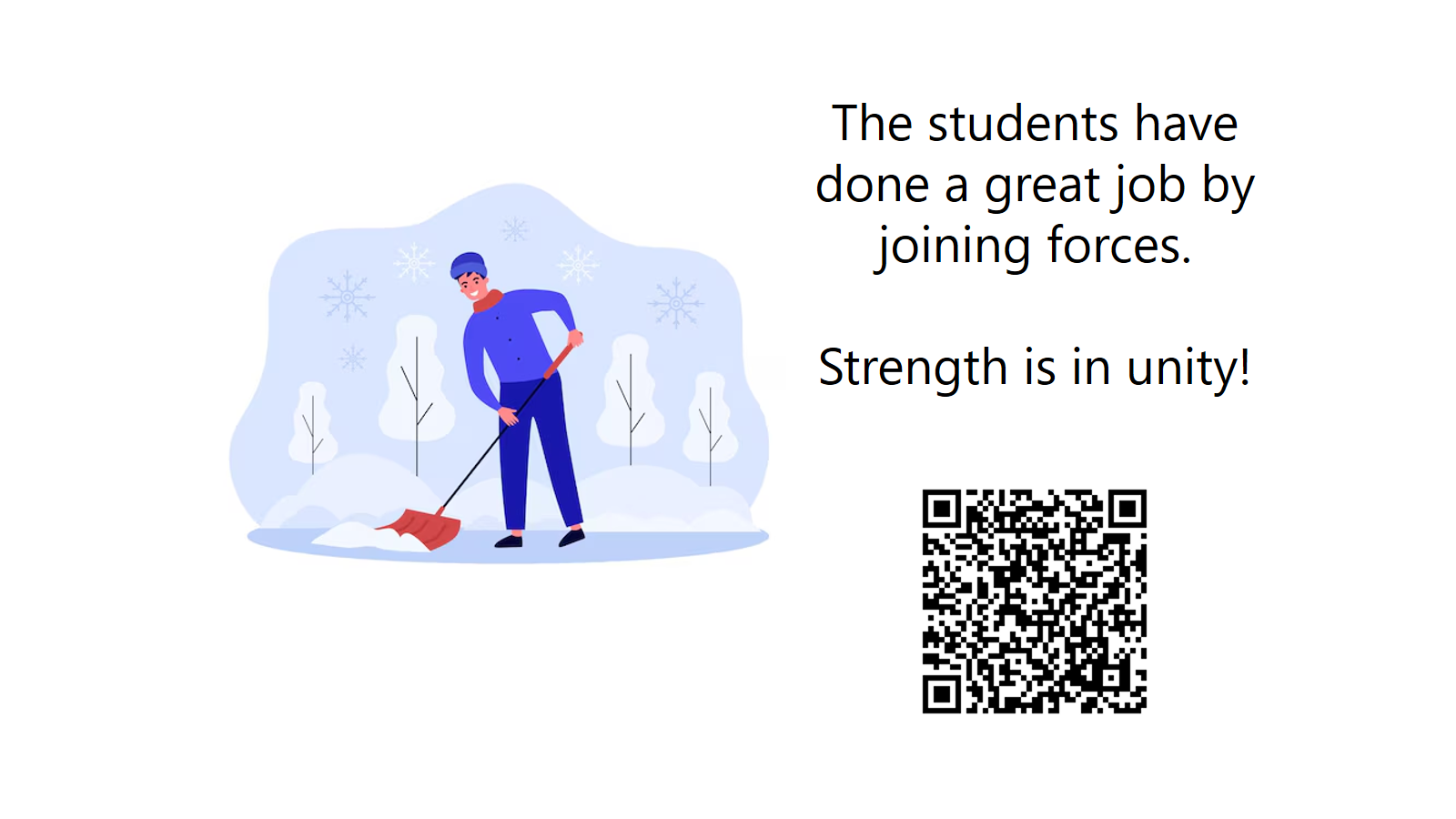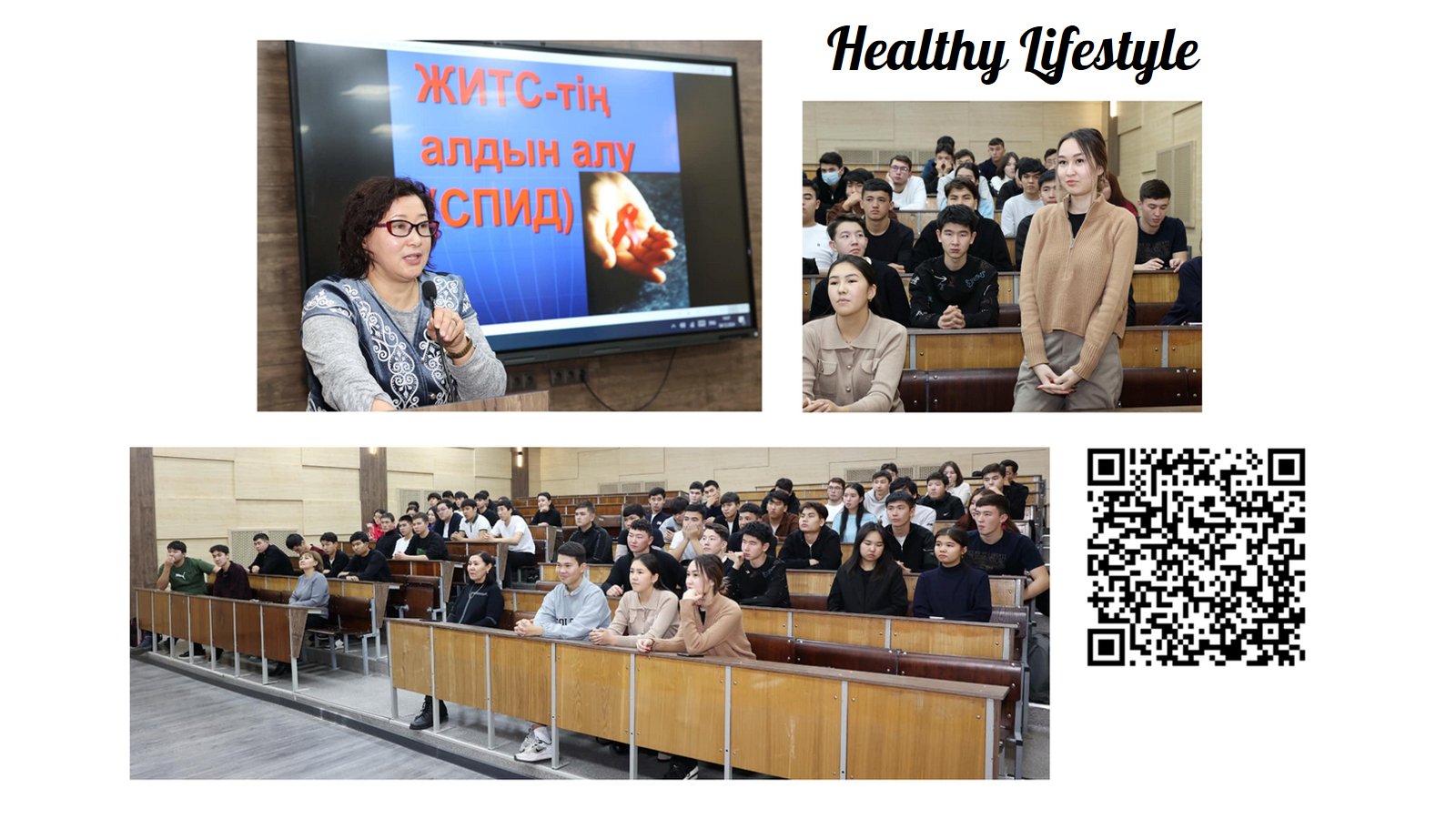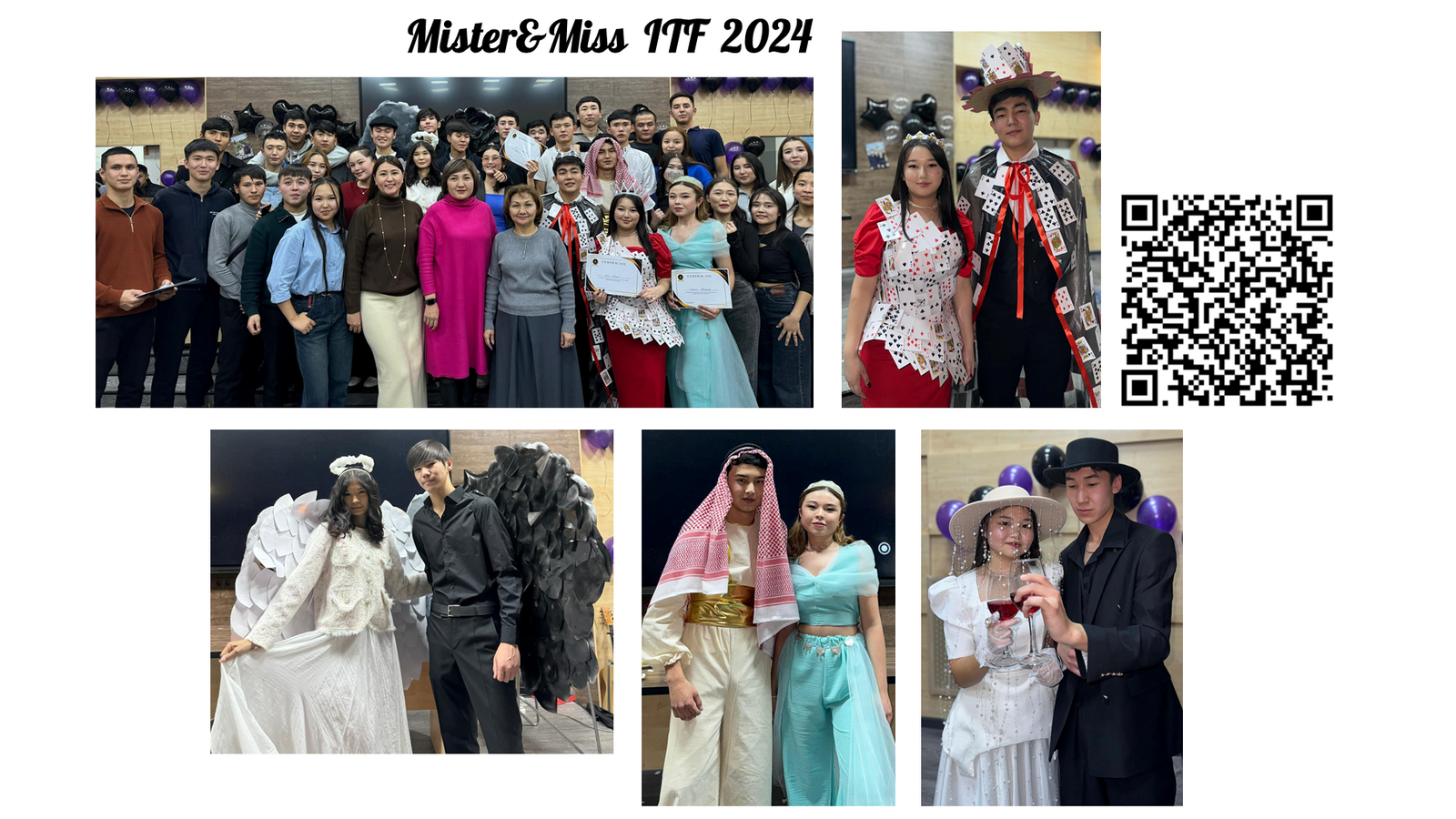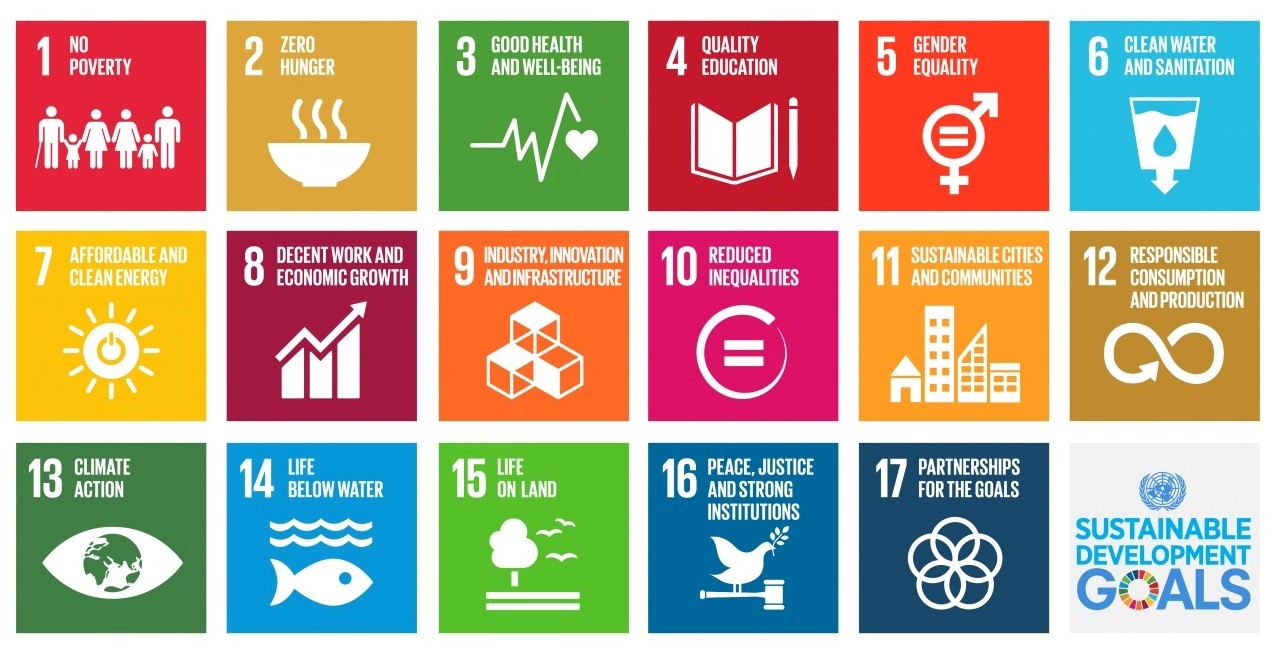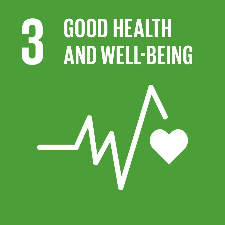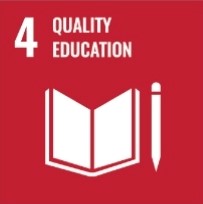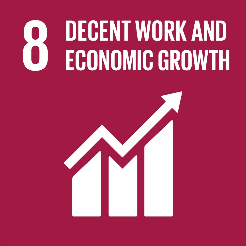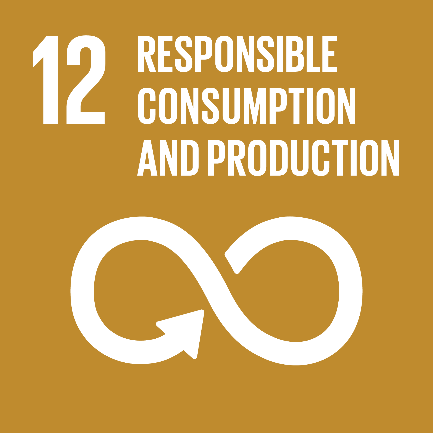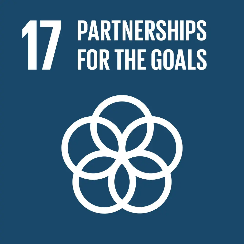Faculty of Engineering and Technology
Welcome to the page of international cooperation of the Faculty of Engineering and Technology!
We are pleased to introduce you to the unique opportunities for academic and professional development in engineering and technology sciences available through our international partnerships and initiatives. Our faculty actively collaborates with leading scientific and technical institutions from around the world, offering students and faculty a wide range of opportunities for the exchange of knowledge, experience and cultural interaction.
Academic mobility of students
The faculty provides students with the opportunity to undergo academic mobility at leading universities in the world; there are direct memorandums with Fayetteville State University (USA), Ruse University. Angela Kancheva (Bulgaria), Warsaw University of Life Sciences (Poland), Putra University (Malaysia), cooperation with Chinese technical universities is actively developing.
Academic mobility programs include exchange semesters, internships and joint projects that help expand professional skills and increase competitiveness in the international labor market.
Academic mobility is carried out in accordance with the Rules for referral to study abroad adopted in the Republic, including within the framework of the
Further training of faculty teachers abroad
Teachers and scientists of the Faculty of Engineering and Technology actively use the opportunities of academic mobility to improve their skills and professional growth. In recent years, they have successfully completed training and internships at leading world universities, such as:
Ruse University named after Angela Kancheva (Bulgaria),
Technical University of Munich (Germany),
University Putra (Malaysia)
Wuhan University (China), and
Aleksandras Stulginskis University (Lithuania)
These educational and scientific visits allow our teachers to introduce advanced educational methods, master new scientific technologies and deepen international scientific connections. This exchange of experience contributes to improving the quality of the educational process in the Faculty and supports our academic excellence in the field of engineering and technical sciences.
Collaborative research
Currently, the faculty implements a series of grant research projects in partnership with foreign scientists:
1. Development of digital technology and a small-sized machine for monitoring quality indicators and automatically sorting apples into commercial grades, Bulgarian scientist, professor Plamen Daskalov (Ruse) participates
2. Development of the design and justification of the parameters of a mobile unit for preparing silage in vacuum-sealed containers made of airtight film, scientist, Professor Mohammad Sadek (USA) participates
Оpportunities for students.
Memorandums of cooperations (MOU) allow our students to receive educational and research opportunities abroad, enrich their academic experience and deepen their knowledge in specialized areas of engineering and technical sciences. These initiatives promote not only professional growth, but also cultural exchange, the development of international professional connections and preparation for a successful career on a global scale. If you speak a foreign language and have extensive basic training, then you can study at the following partner universities:
1. Fayetteville State University (USA)
2. Polytechnic Institute of Bragança (Portugal)
3. University Putra (Malaysia)
4. Warsaw University of Life Sciences (Poland)
5. Henan Agricultural University (China)
6. Wuhan University (China)
7. Ruse University named after Angel Kanchev (Bulgaria)
8. Slovak Agricultural University in Nitra (Slovakia)
9. Aleksandras Stulginskis University (Lithuania)
10. Tashkent Institute of Irrigation and Agricultural Mechanization Engineers (Uzbekistan)
11. “Russian State Agrarian University MSHA named after K.A. Timiryazev" (Russia)
By choosing our faculty, students enter an international educational community that is actively developing connections with leading universities and corporations around the world.
Our international collaboration opens the door for students to participate in exchanges, internships and joint projects, which not only enriches their learning experience, but also helps them build a successful career in the international engineering field.
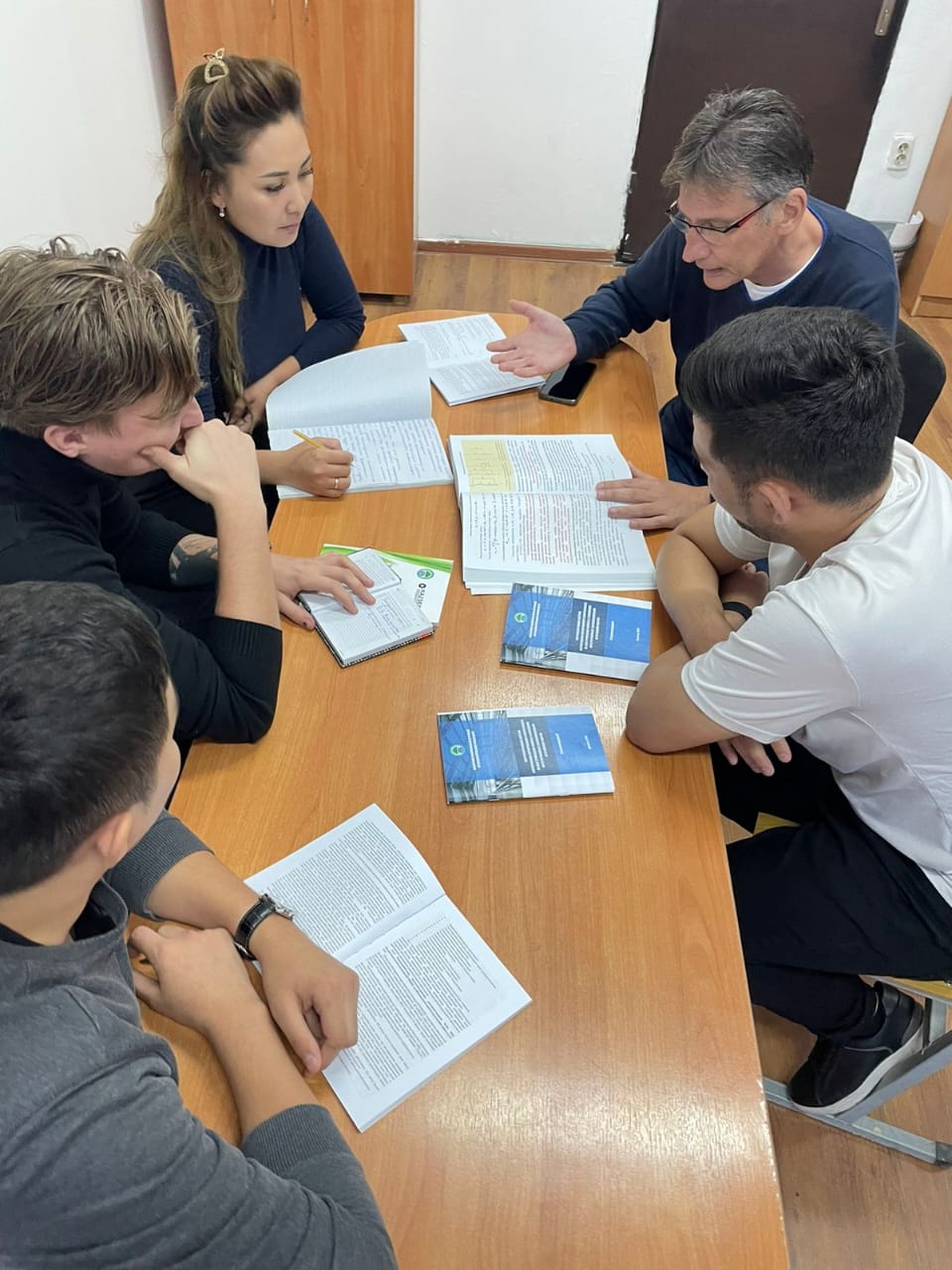
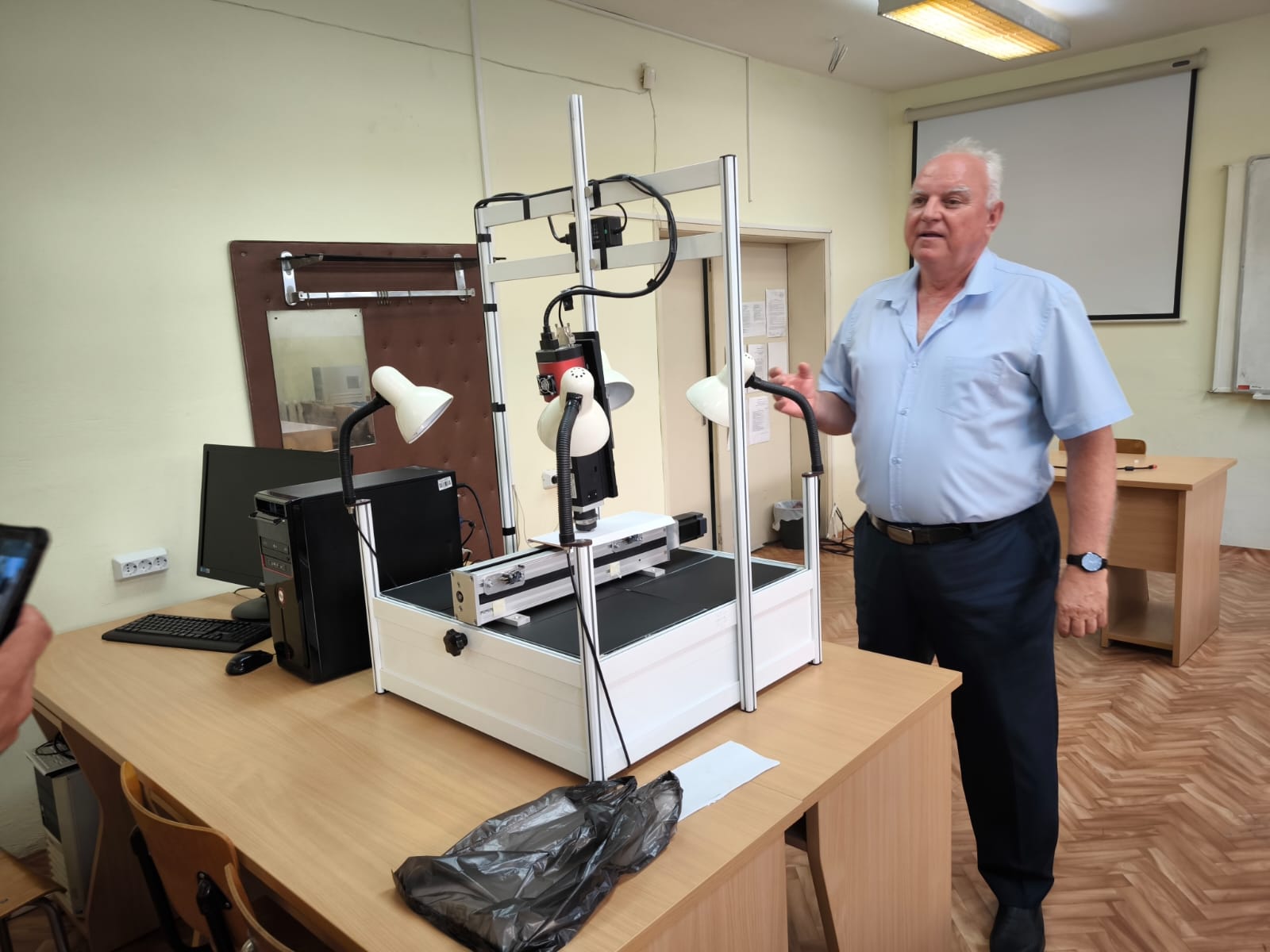
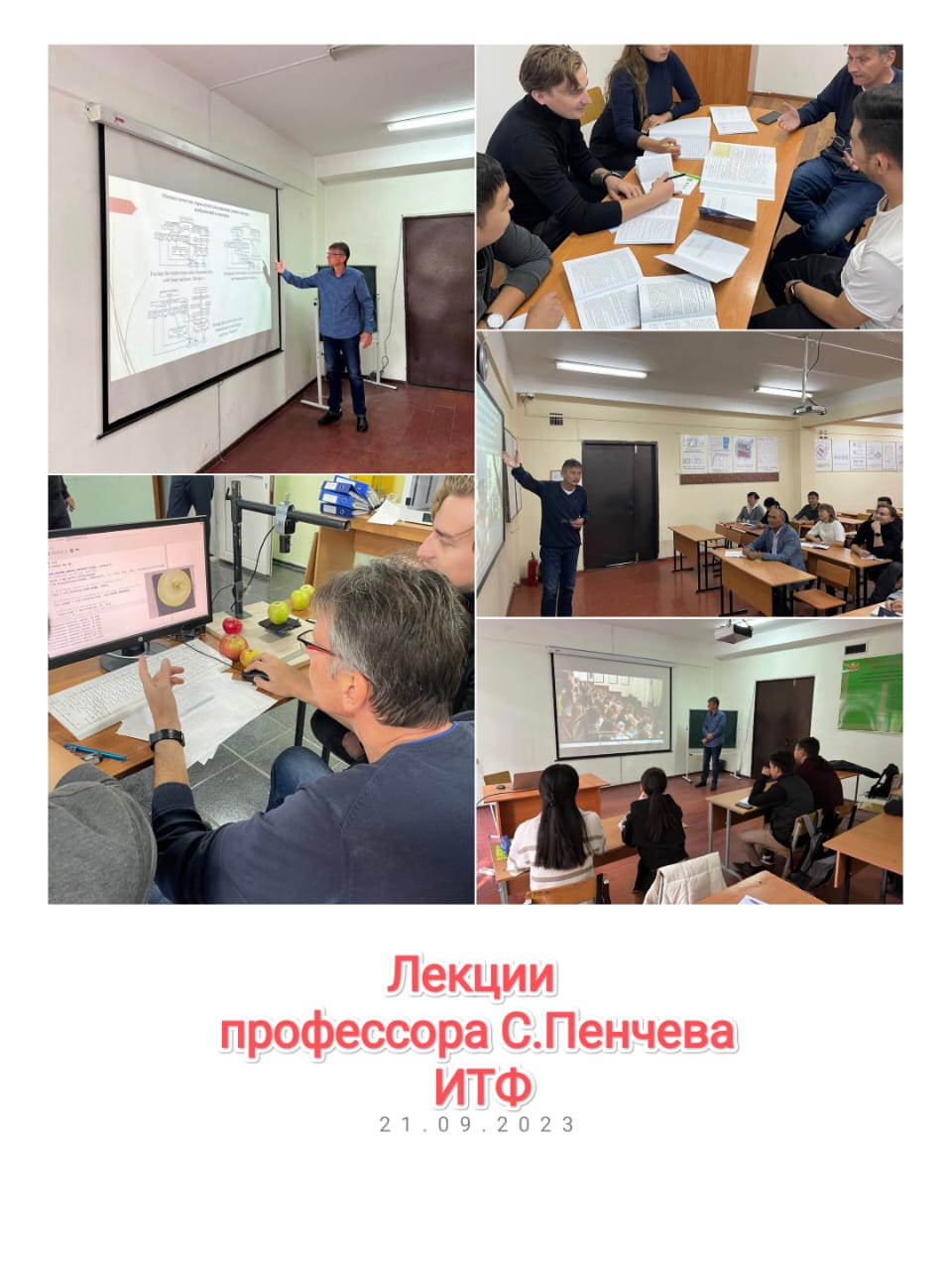
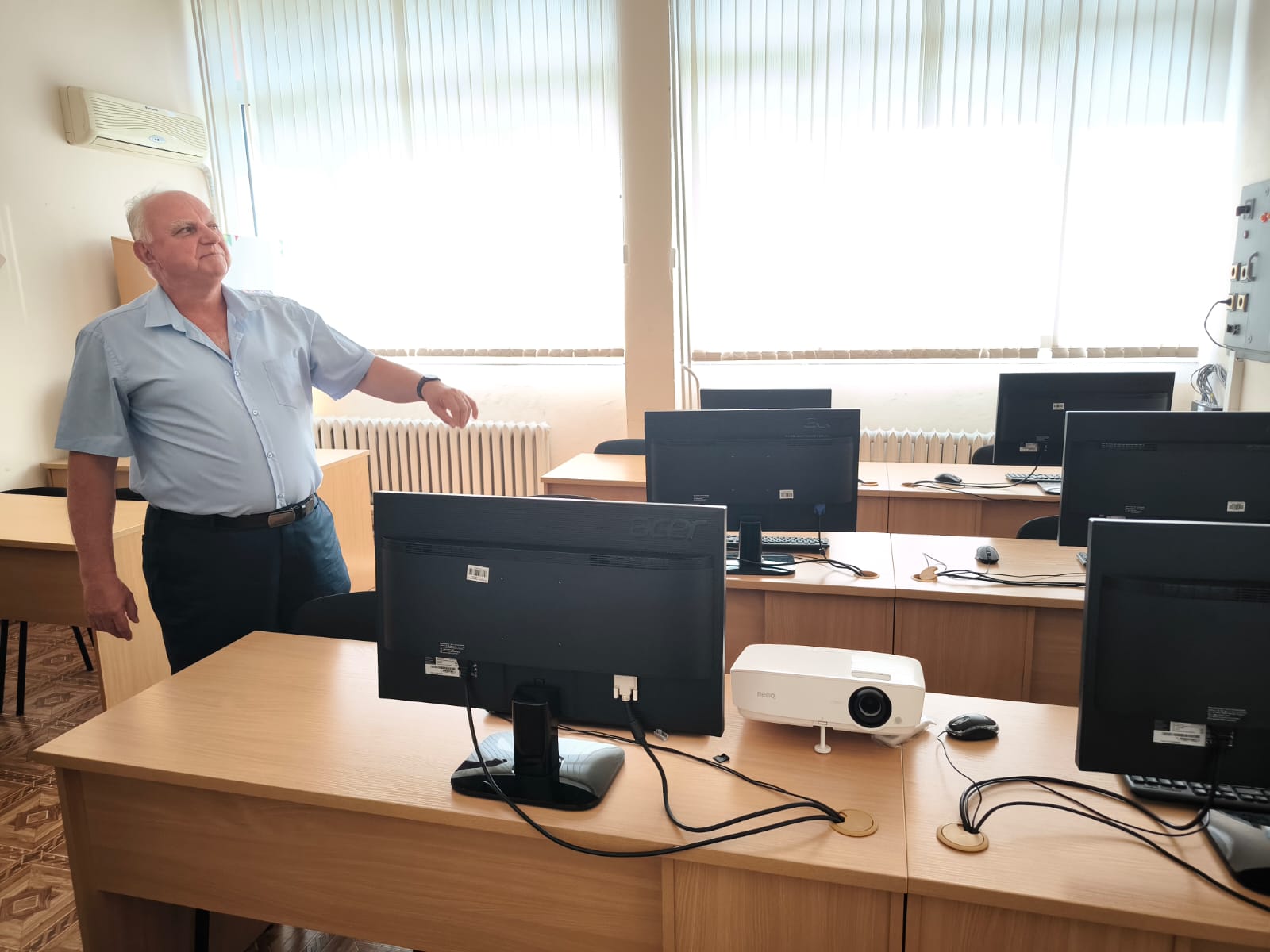
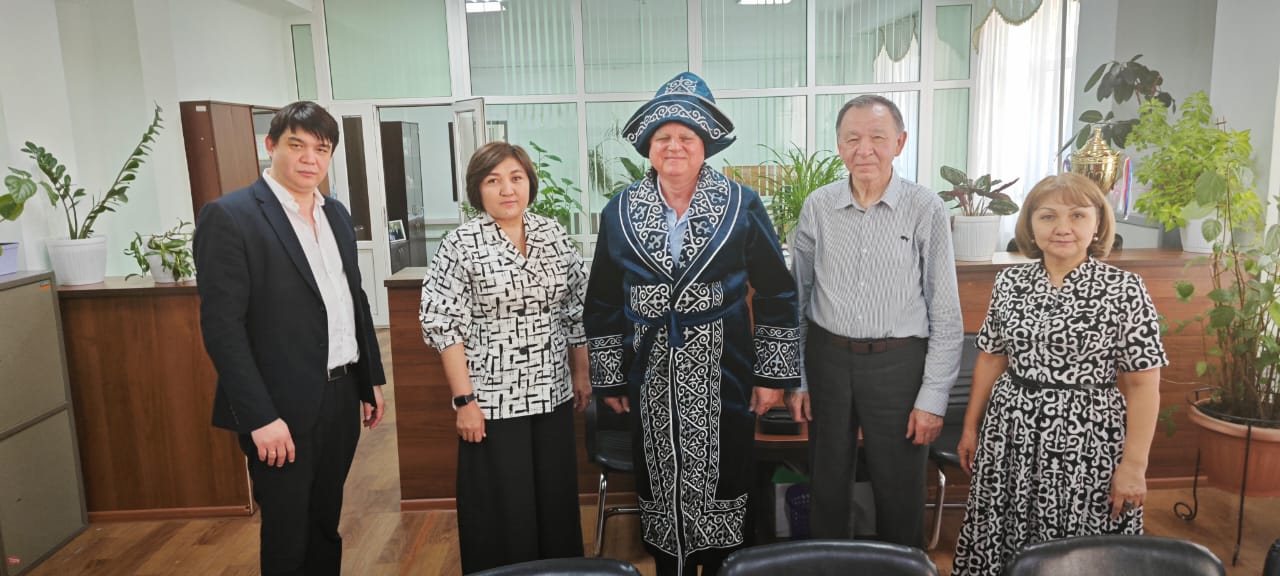
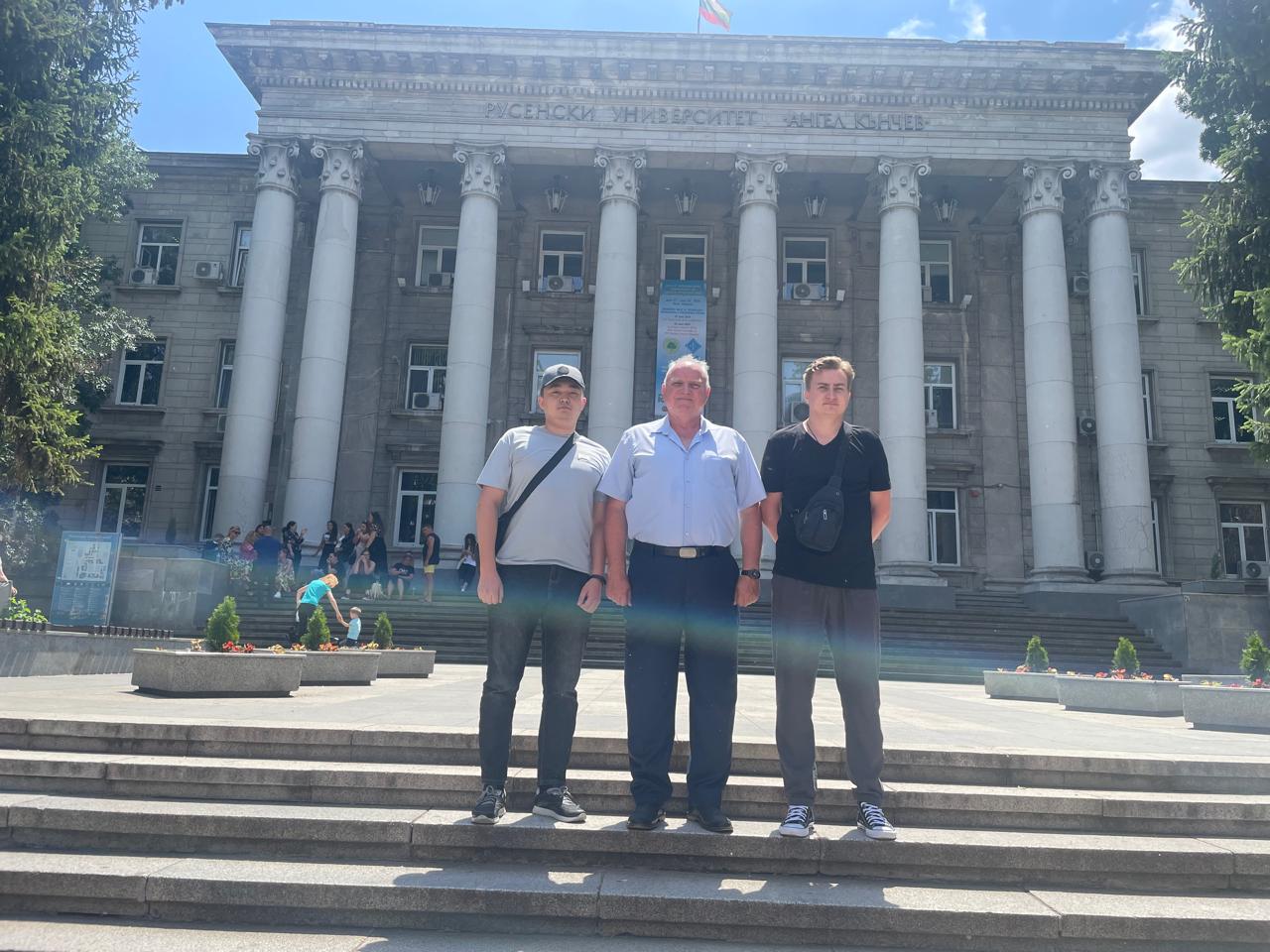

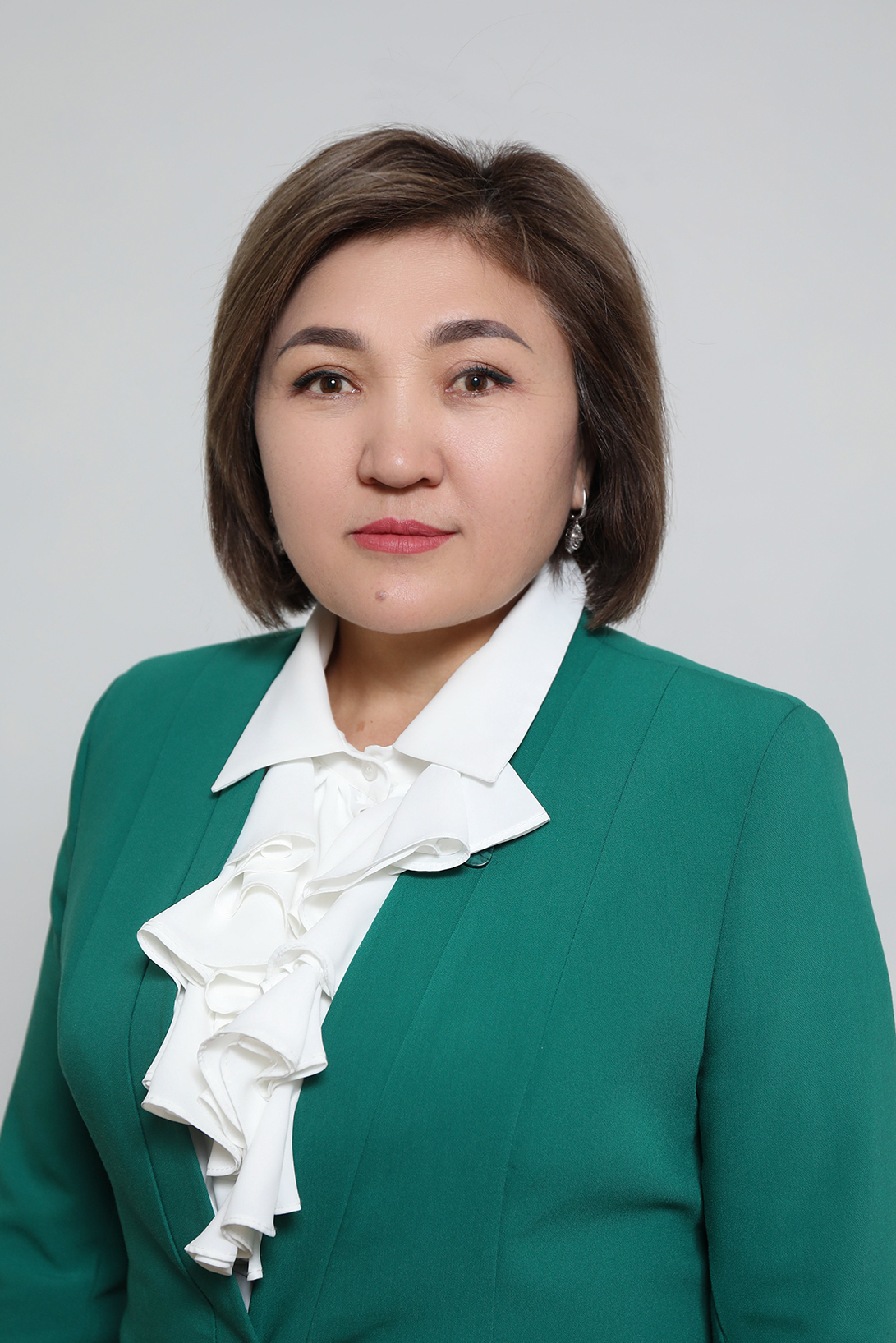
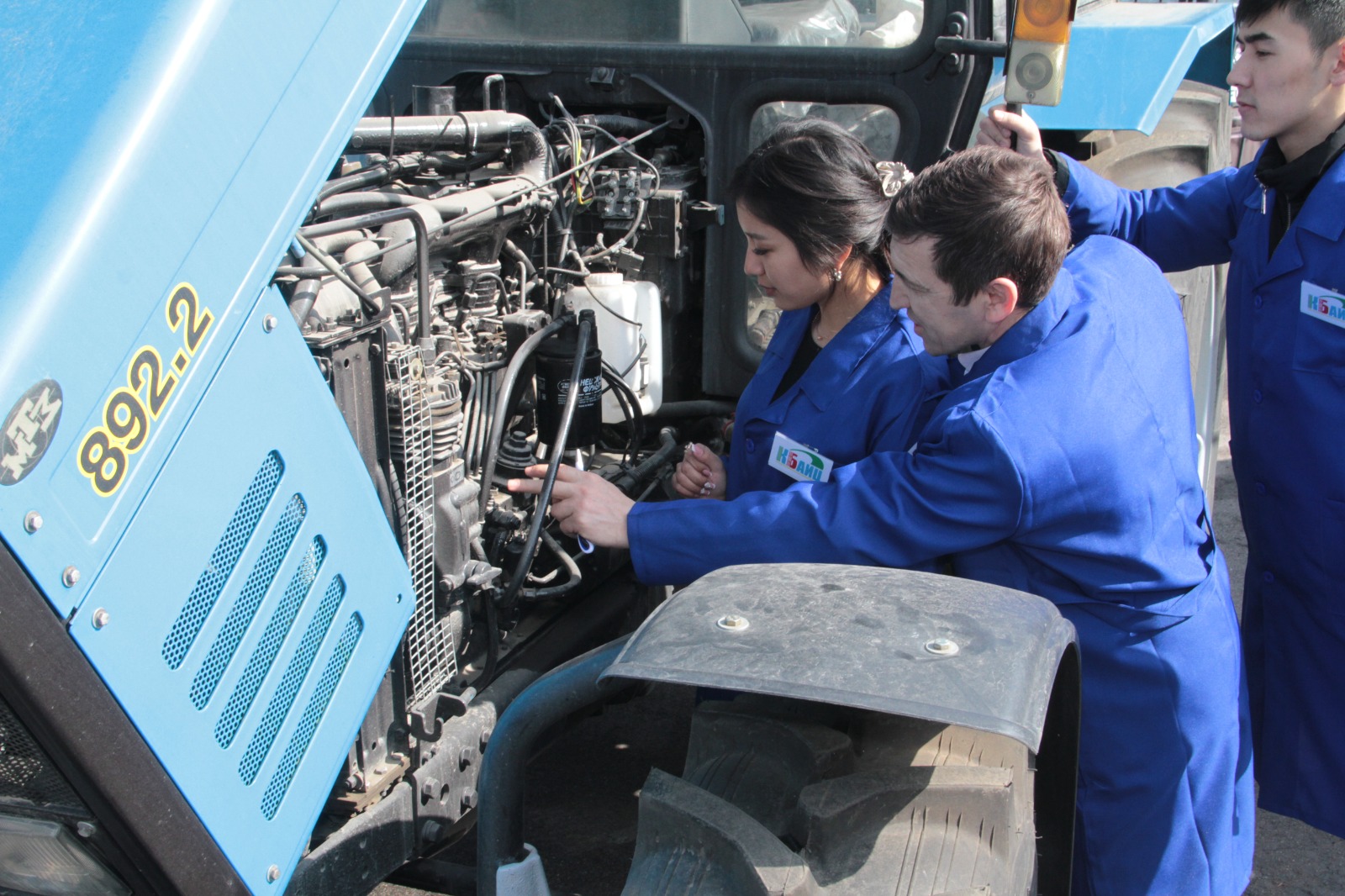
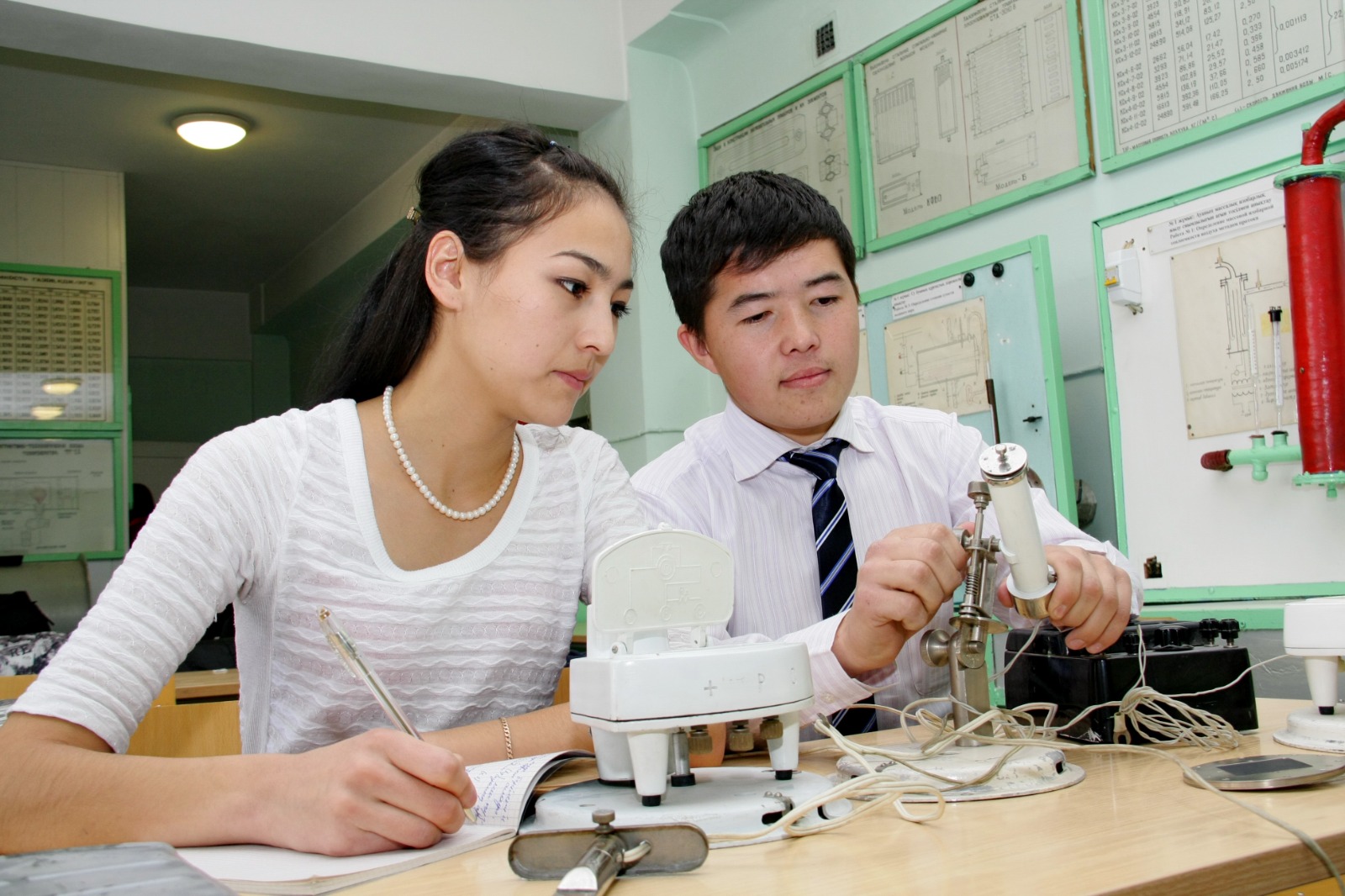
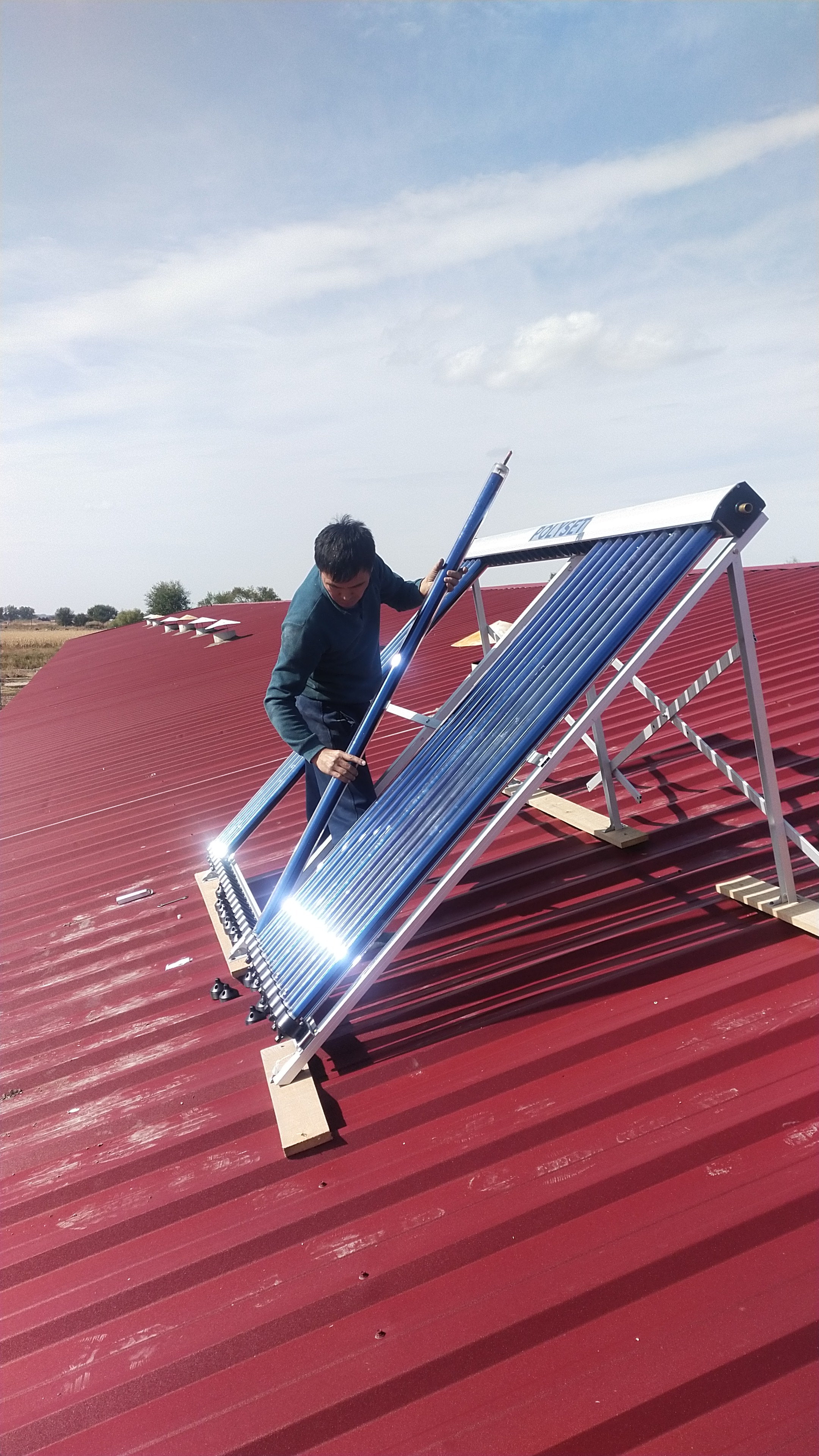
.jpeg)
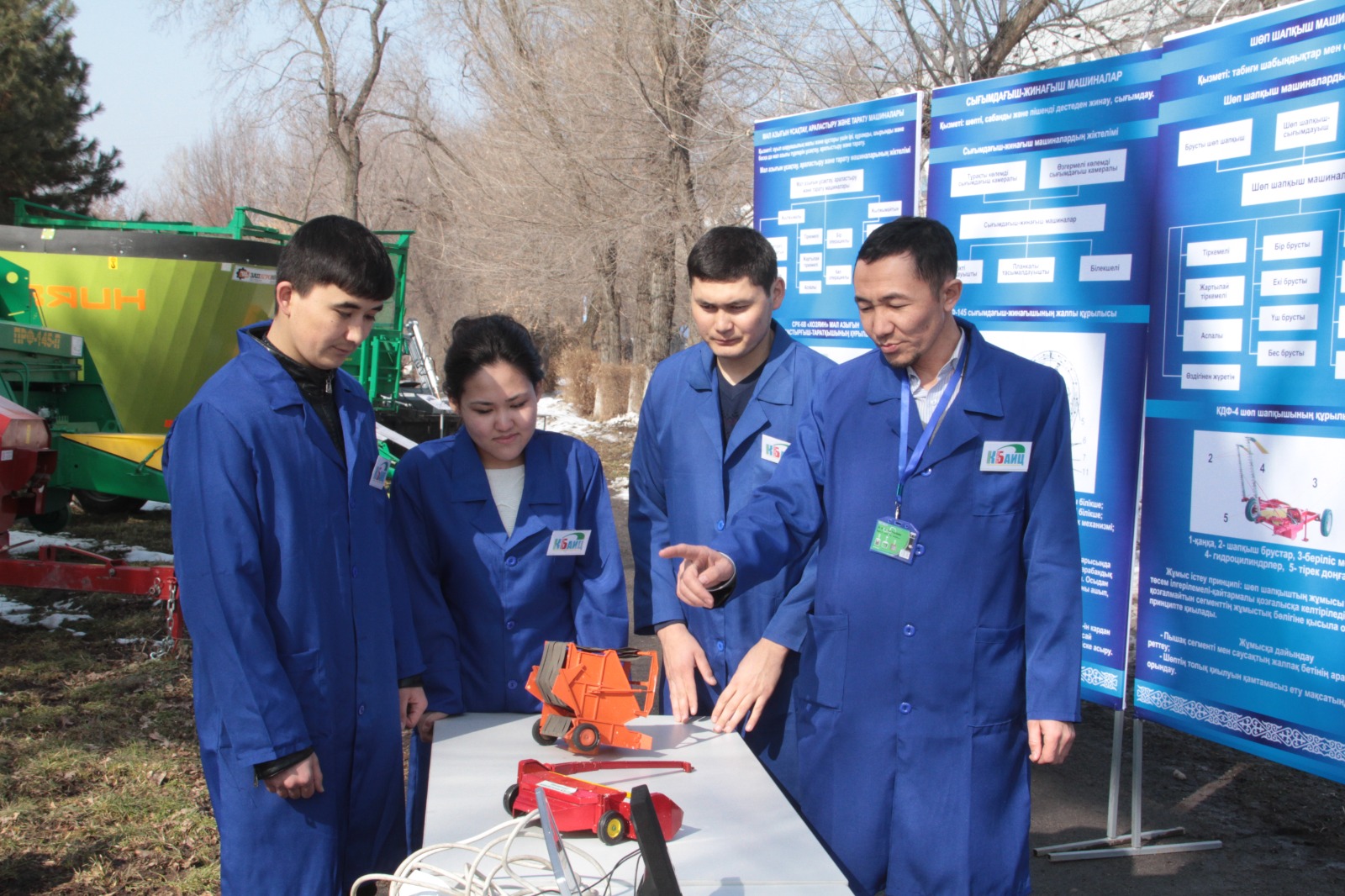
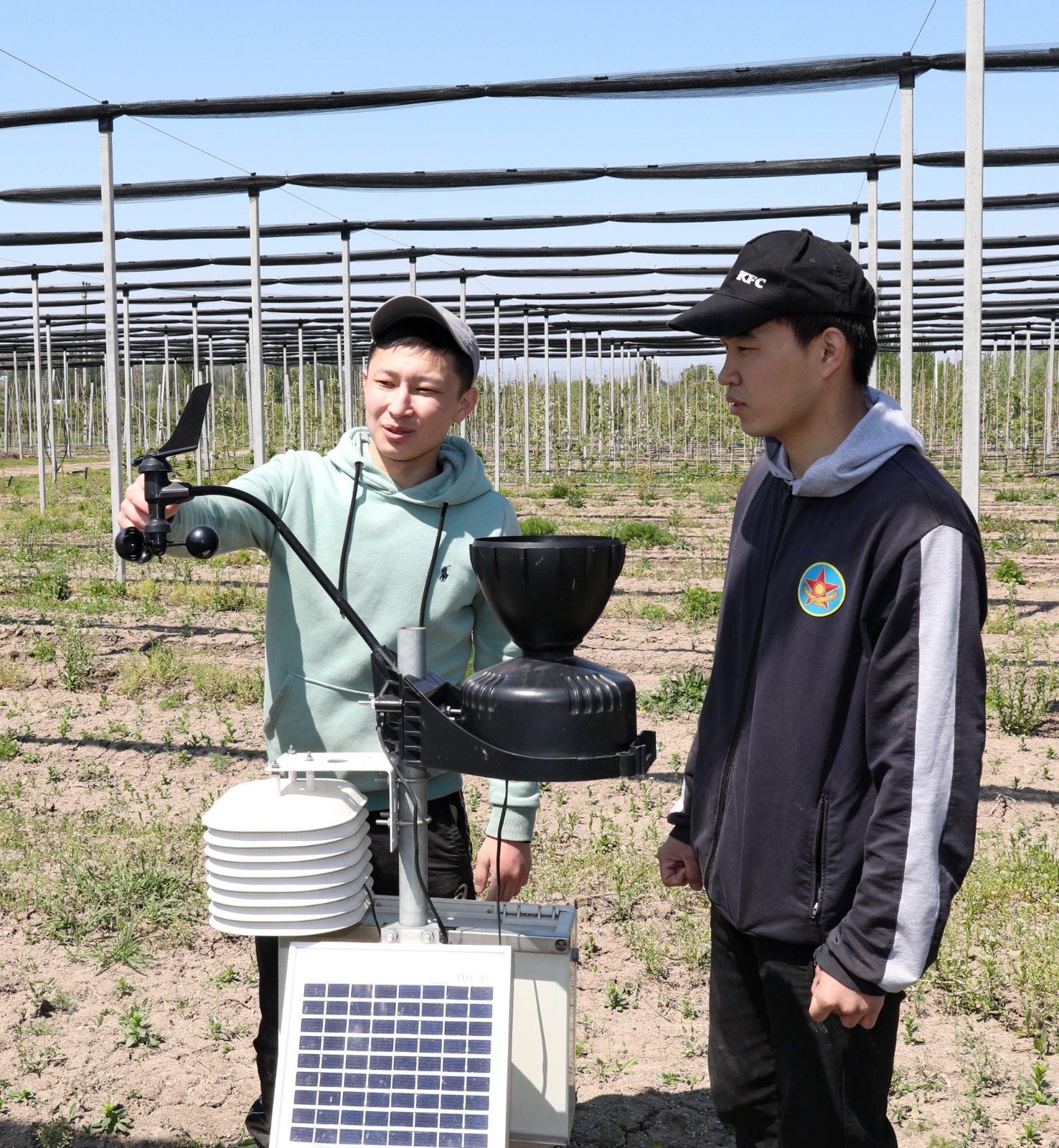
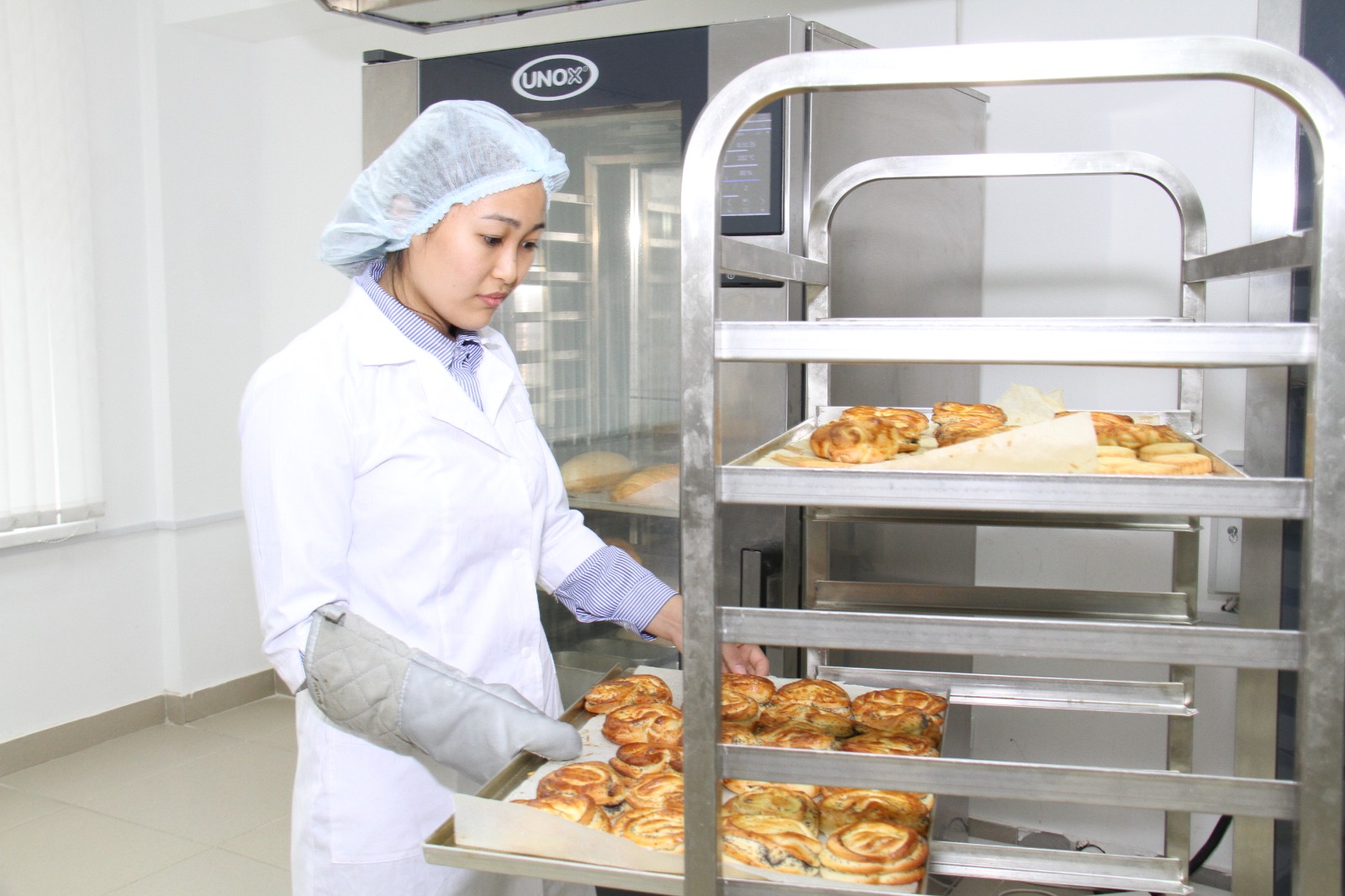
.jpeg)
.jpeg)
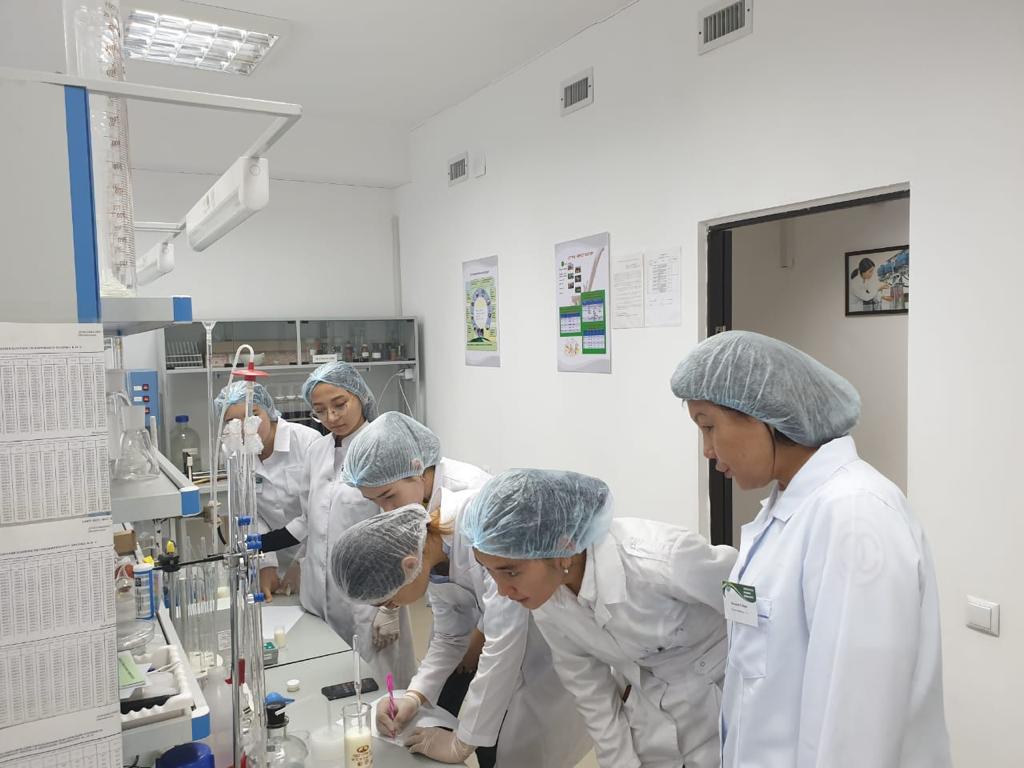
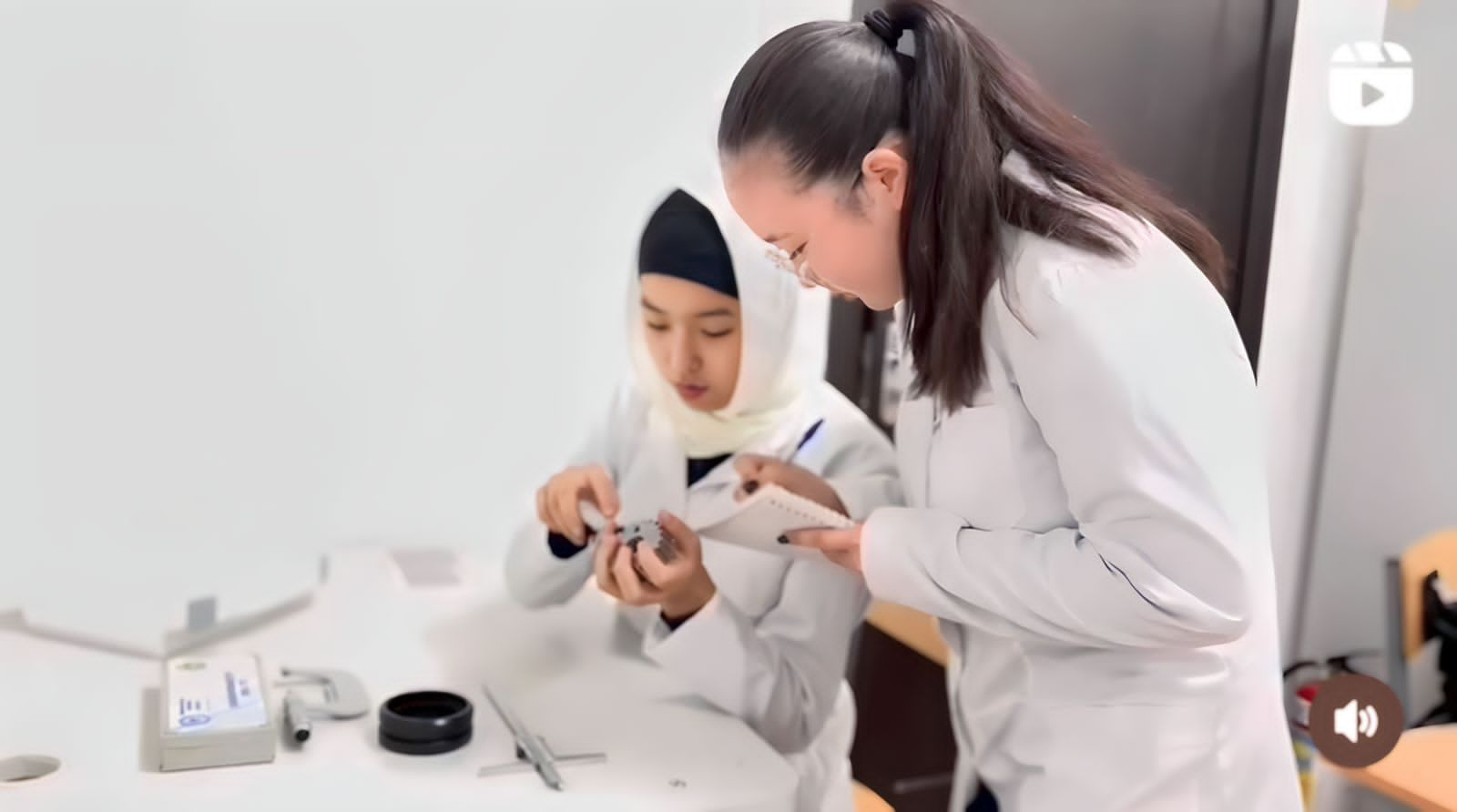
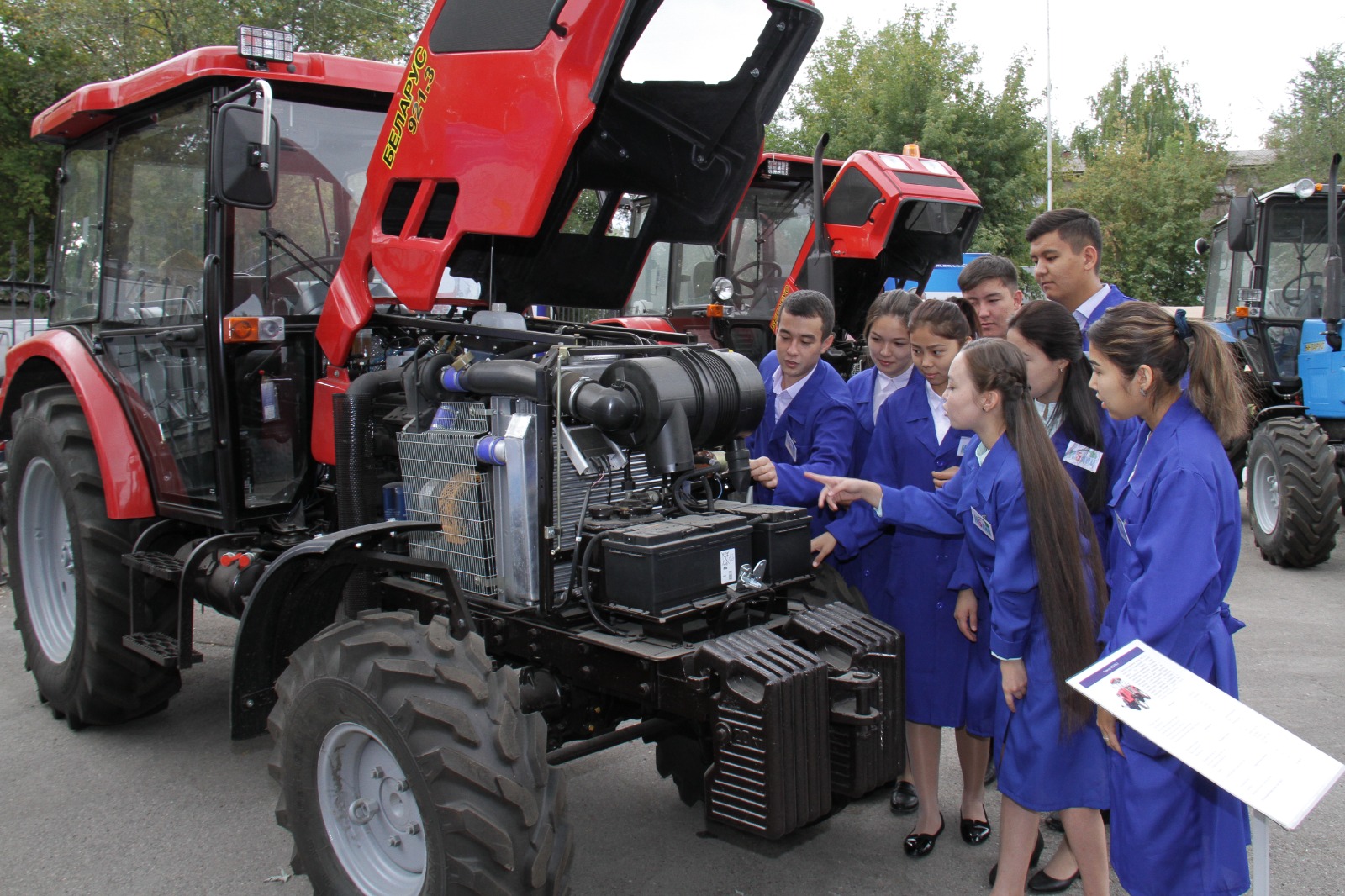
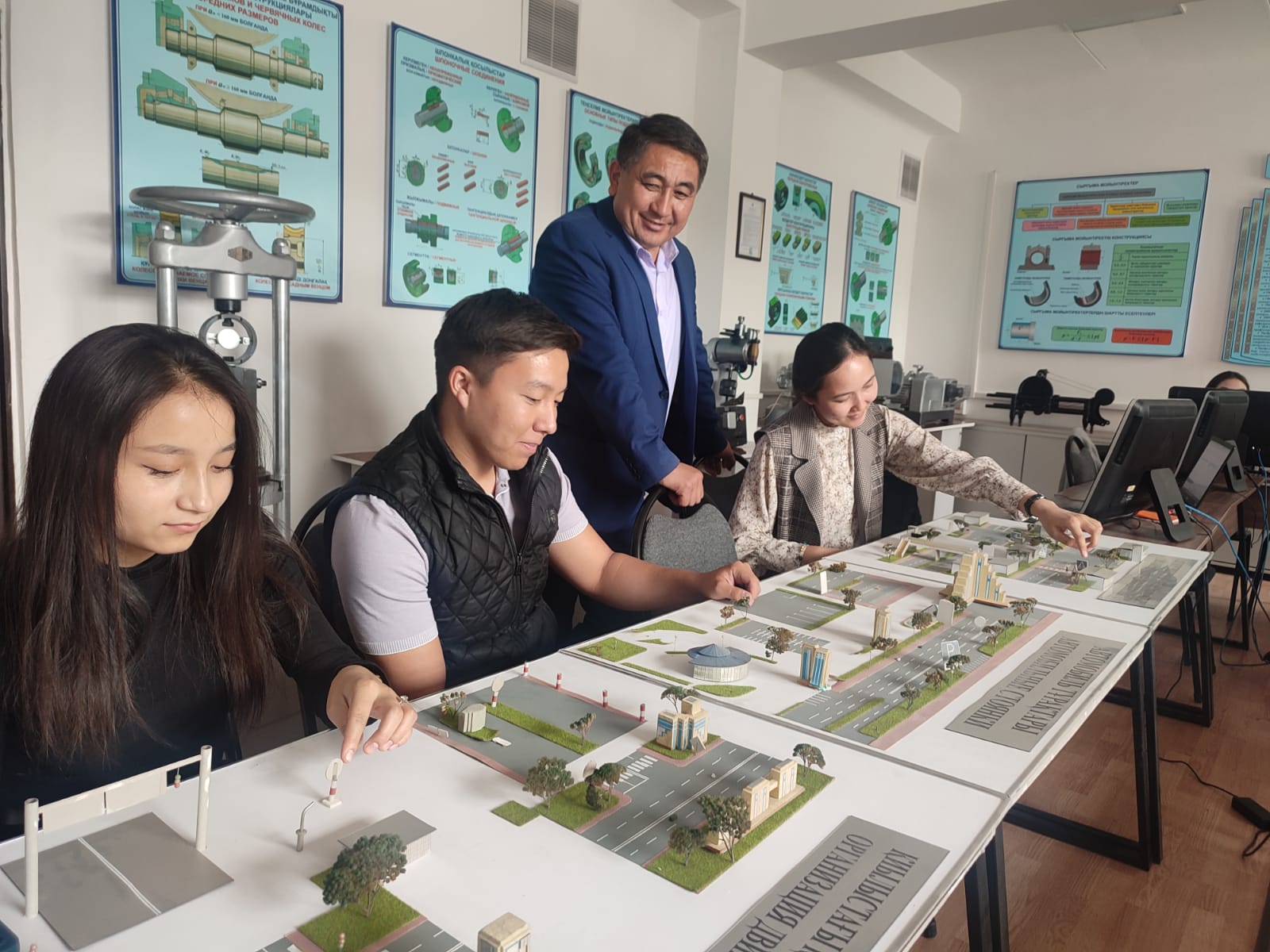
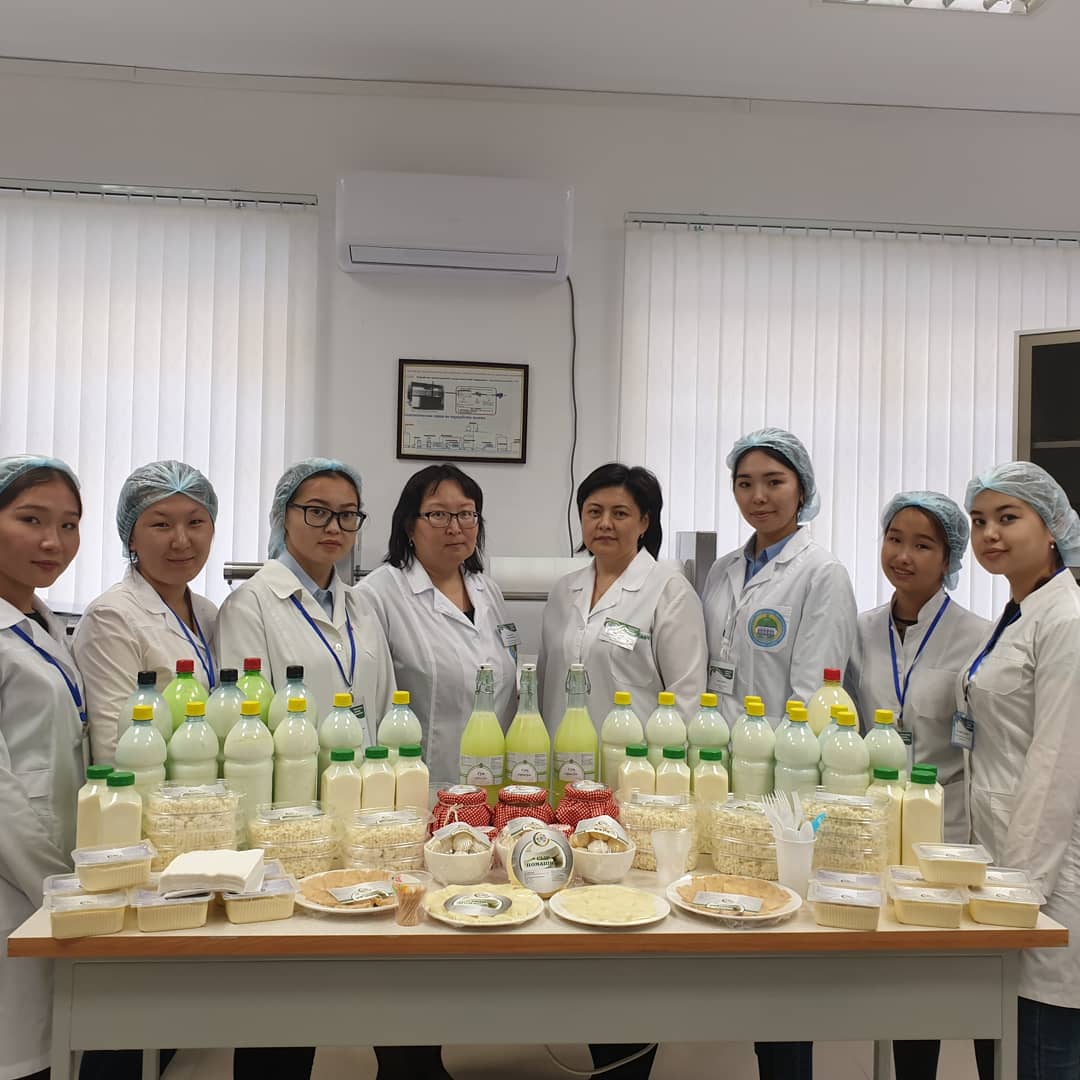
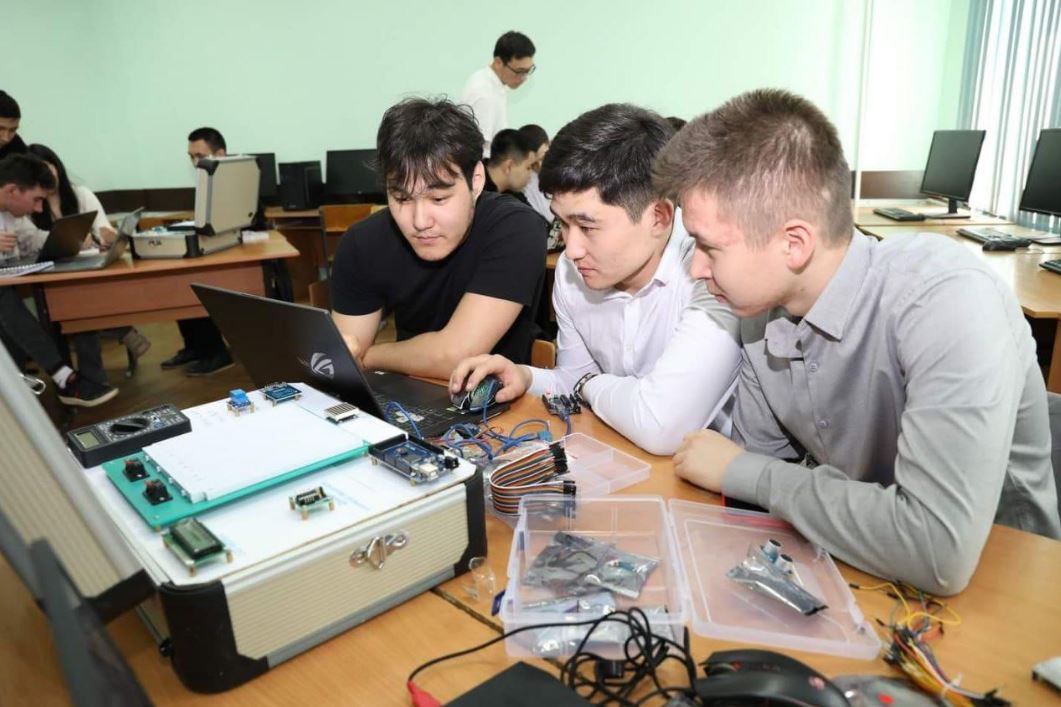
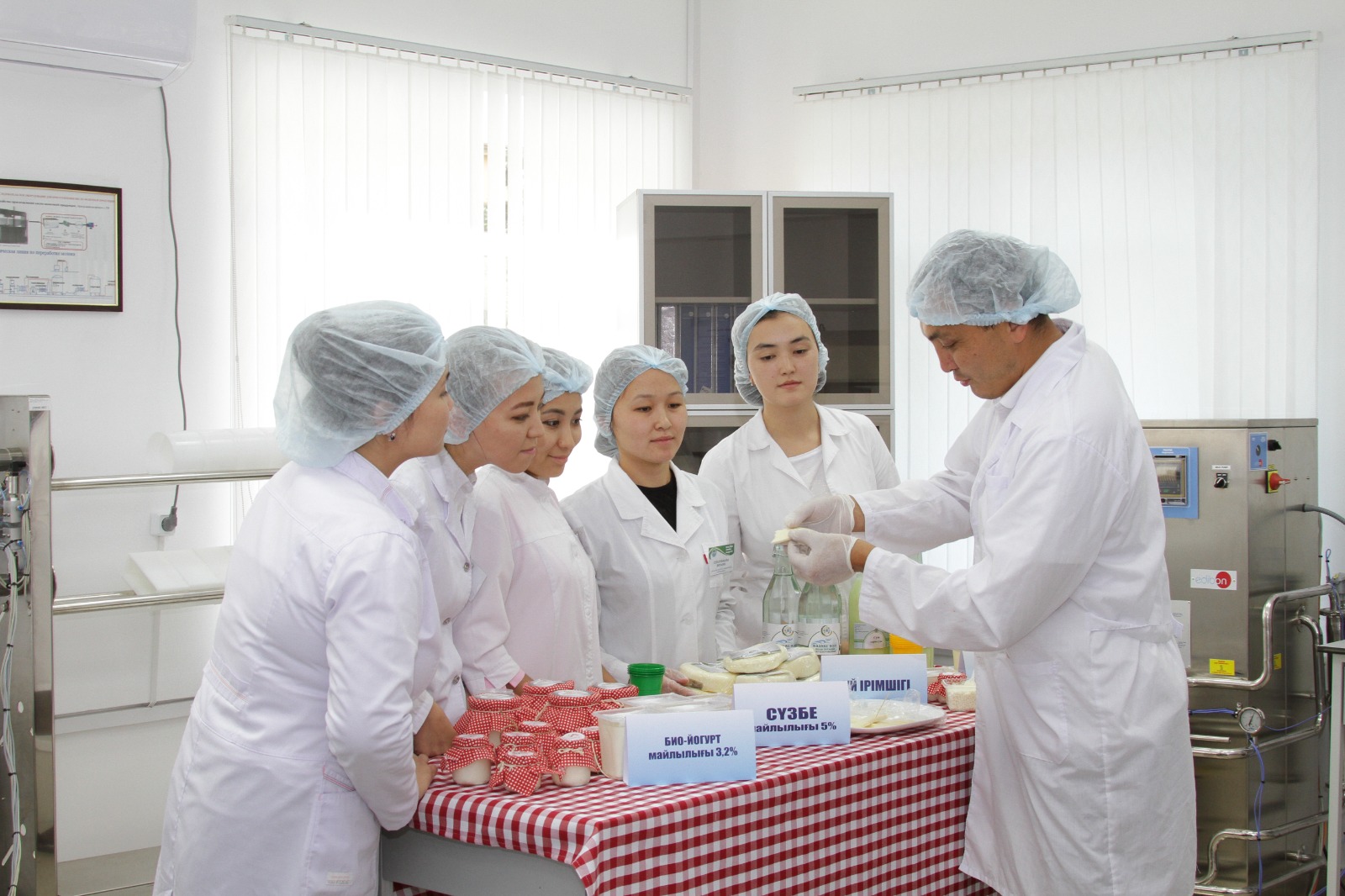
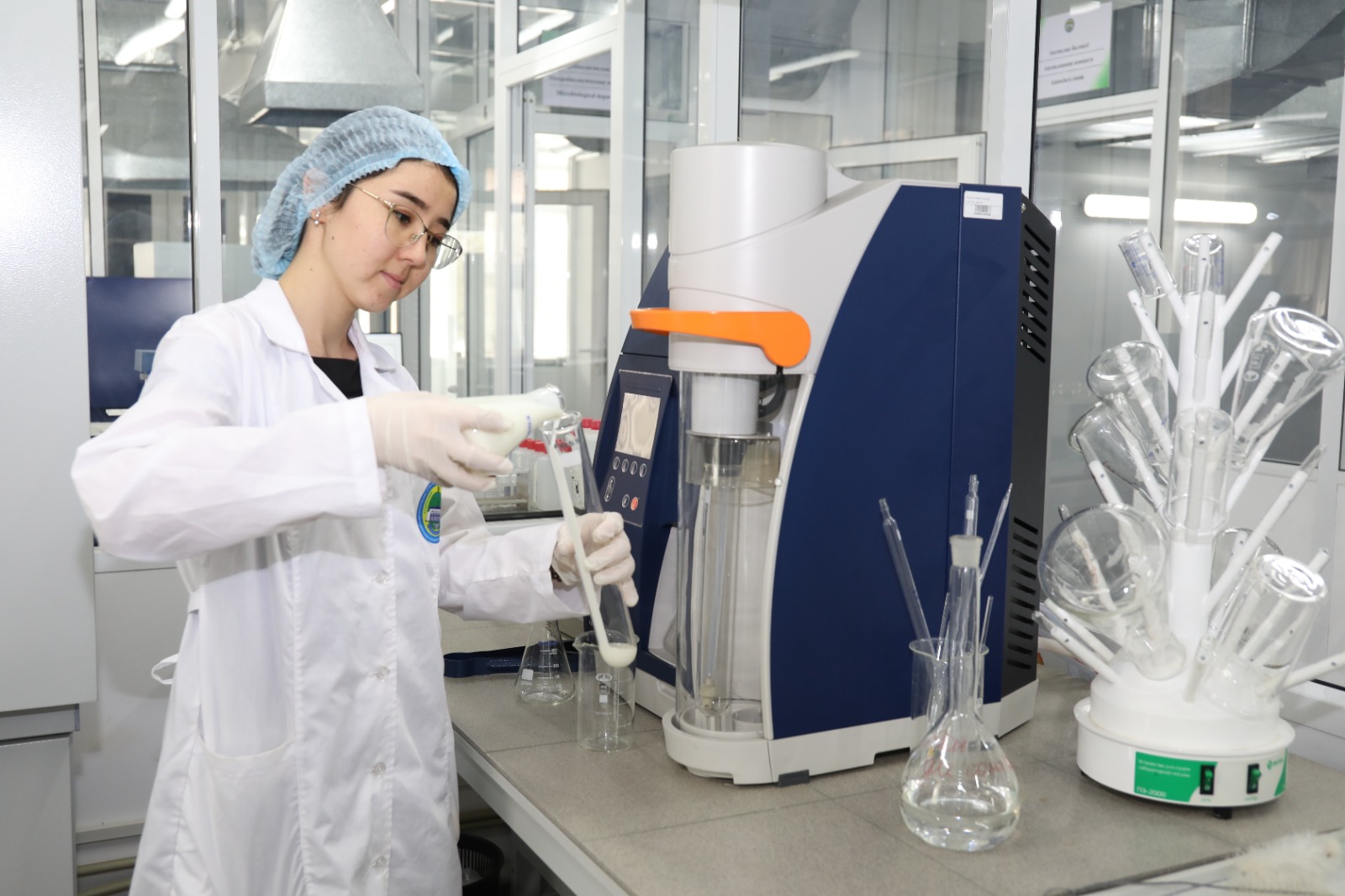
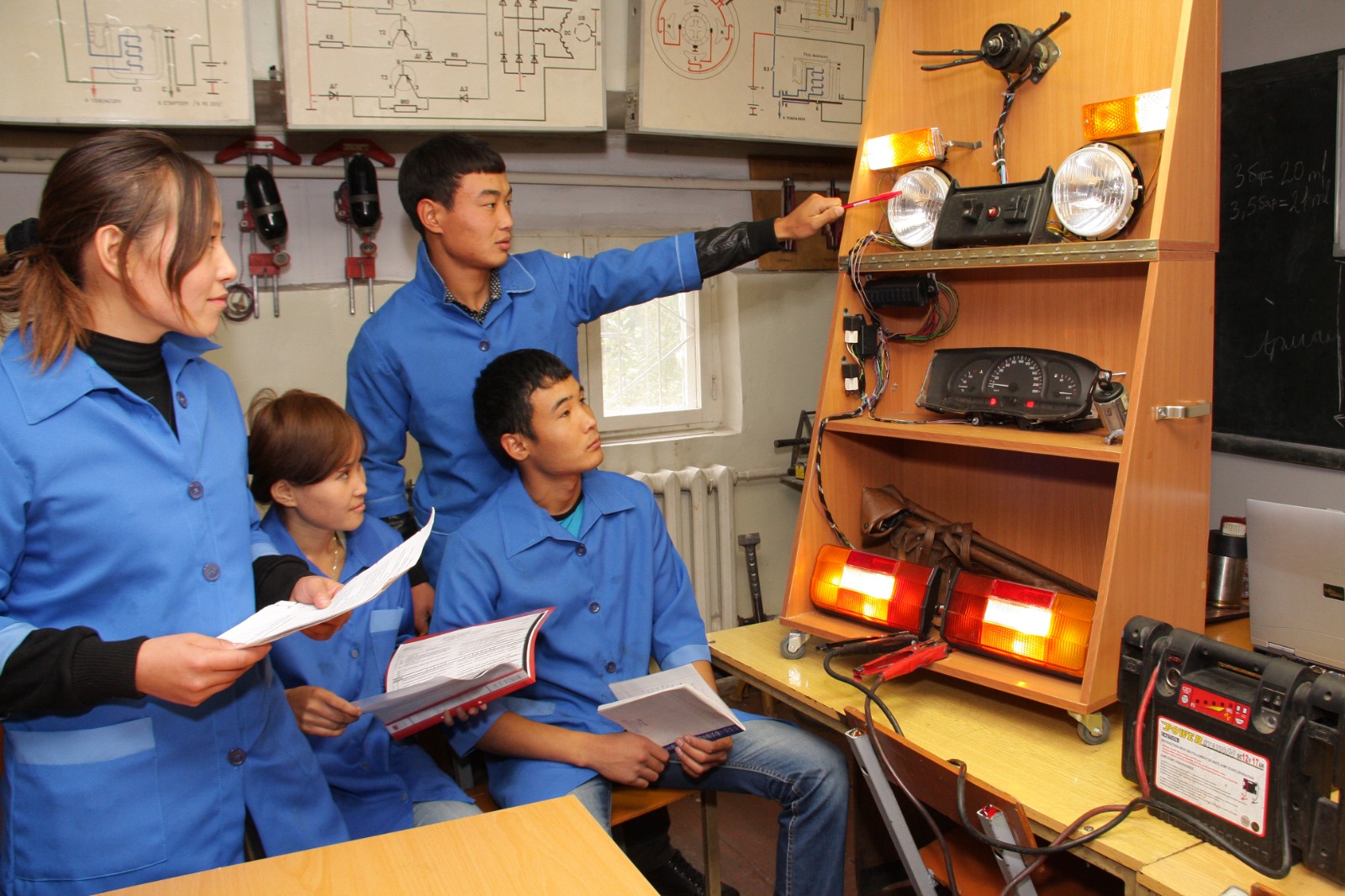
.jpeg)
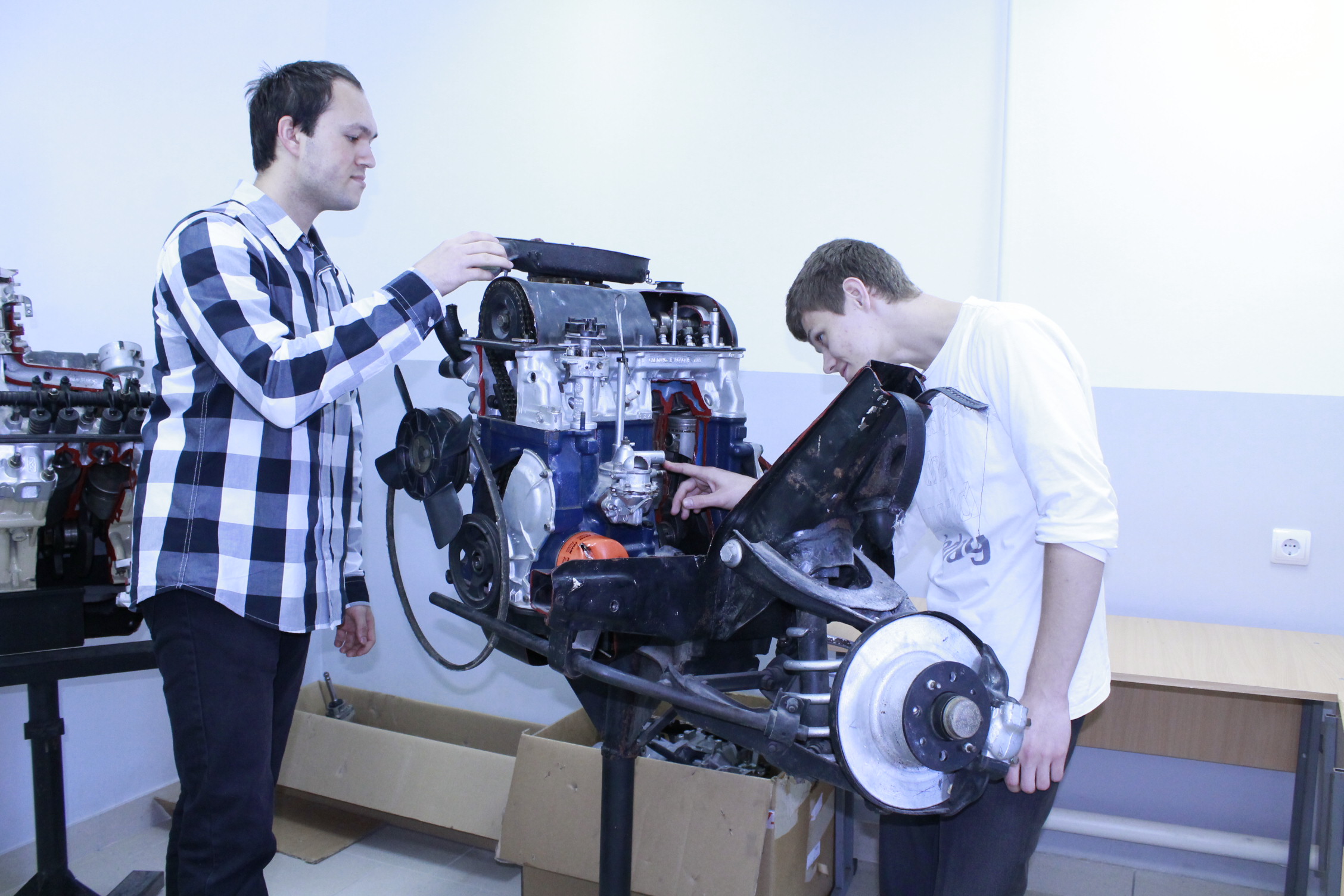
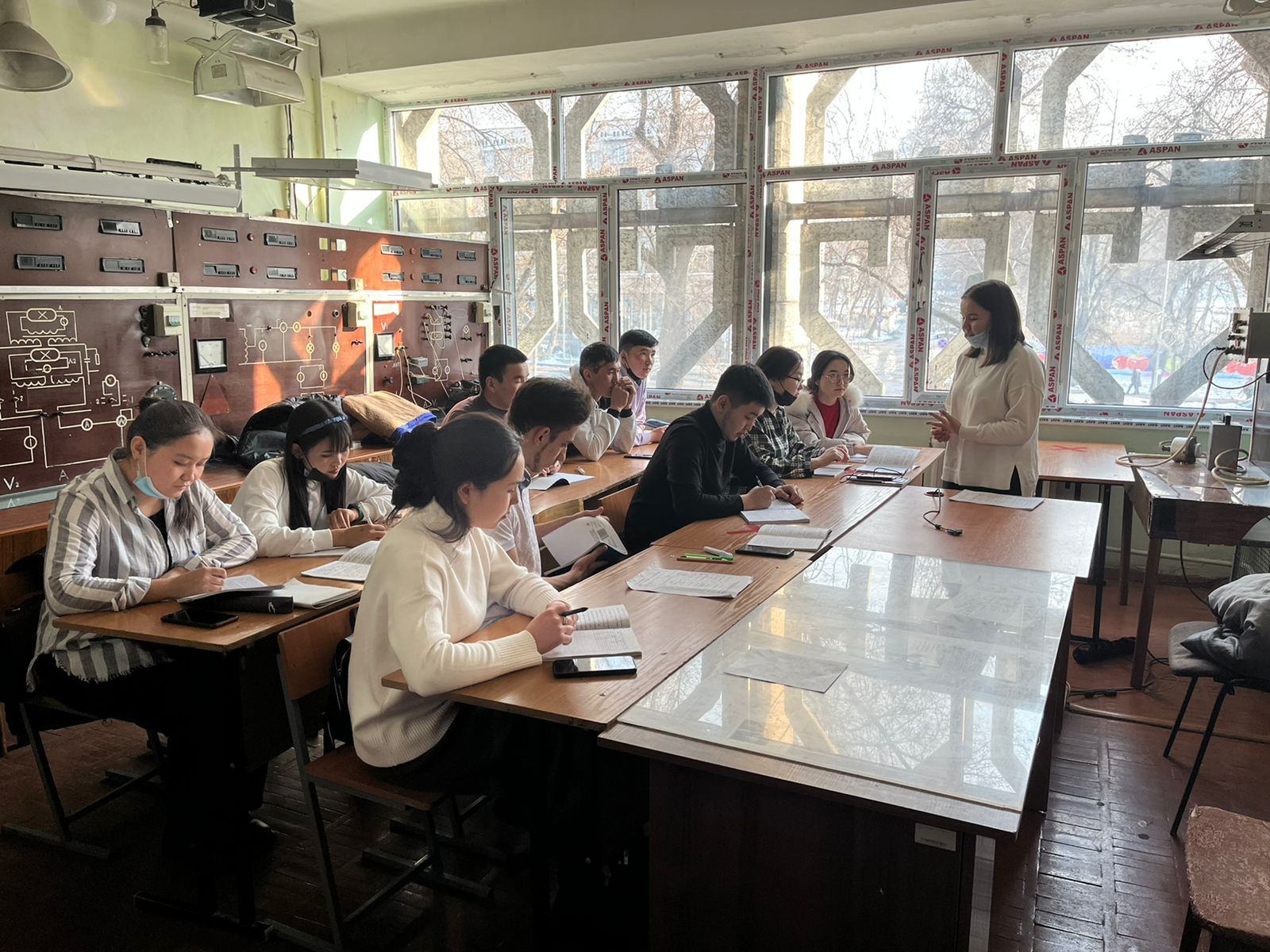

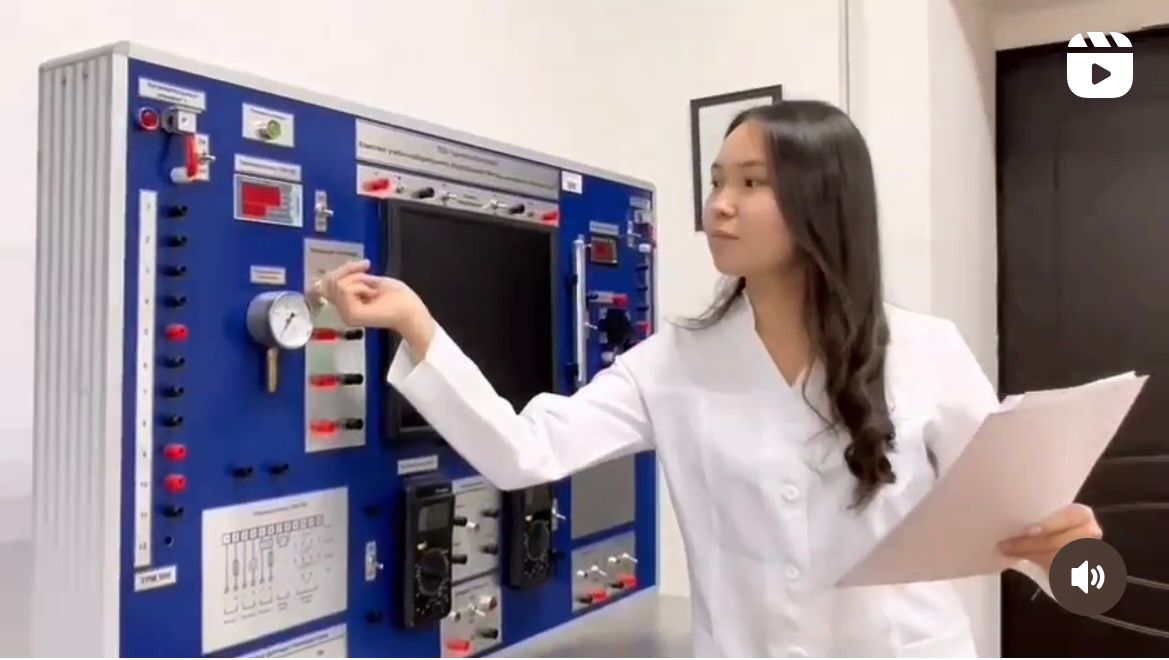

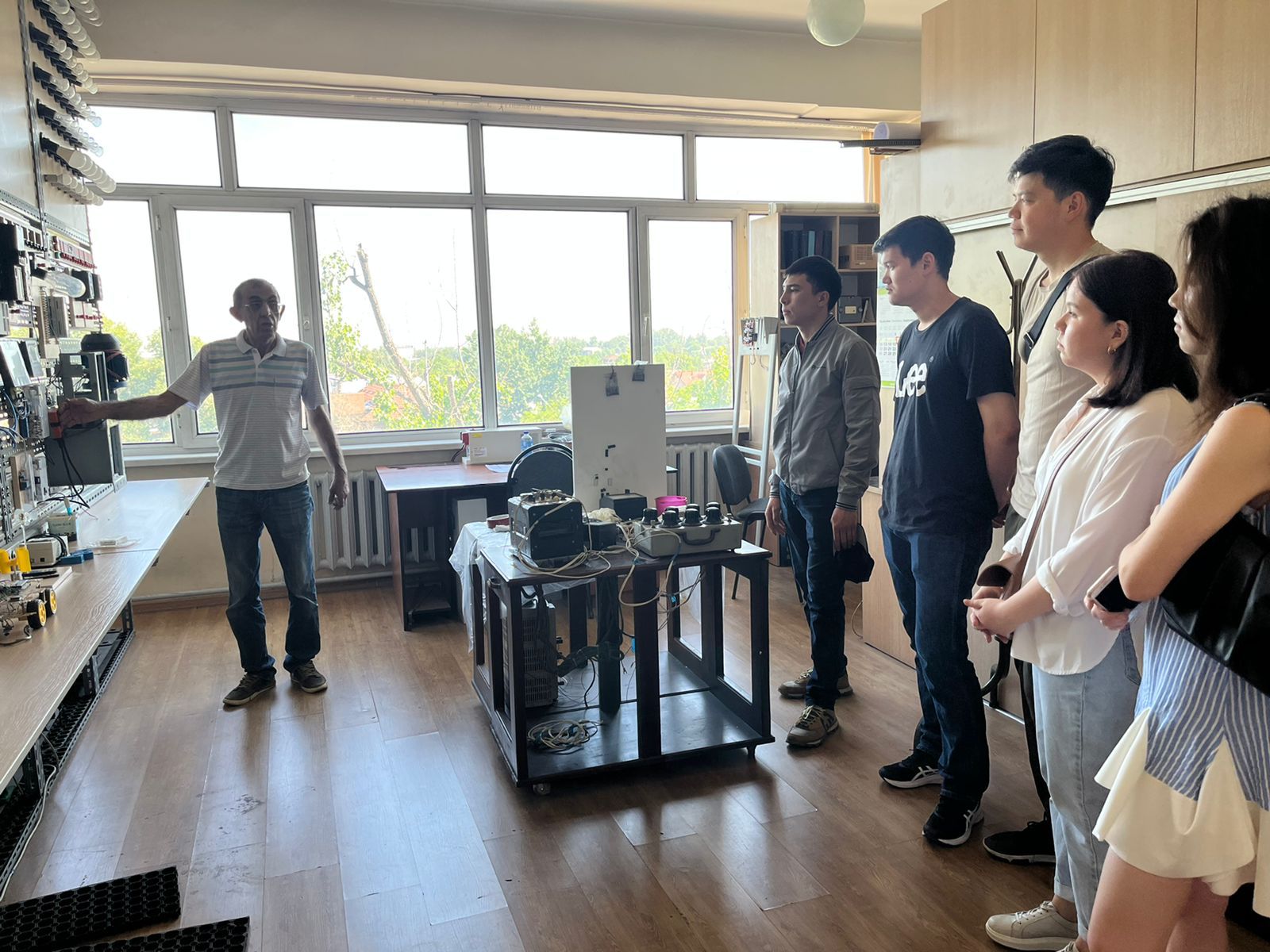
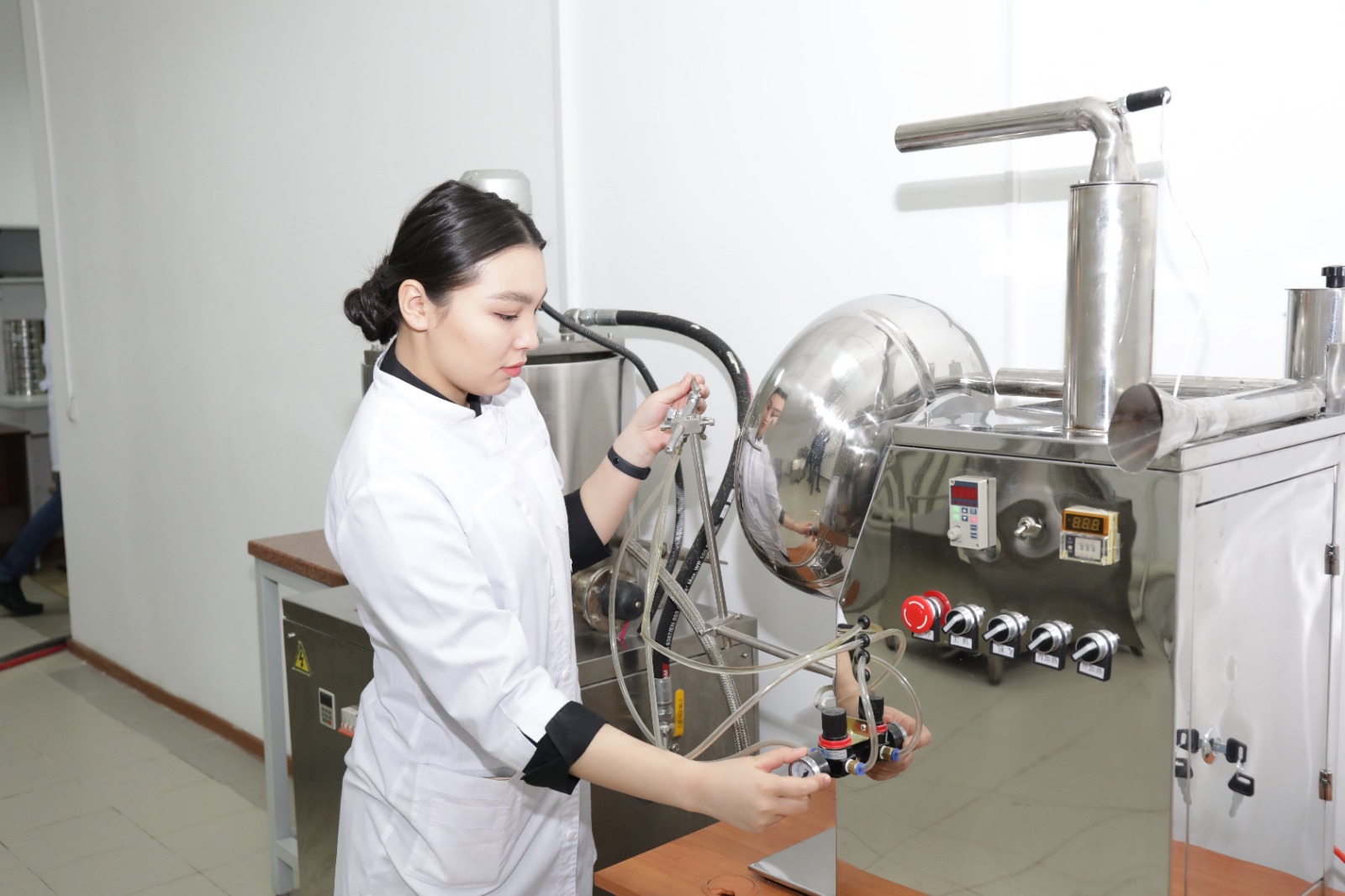
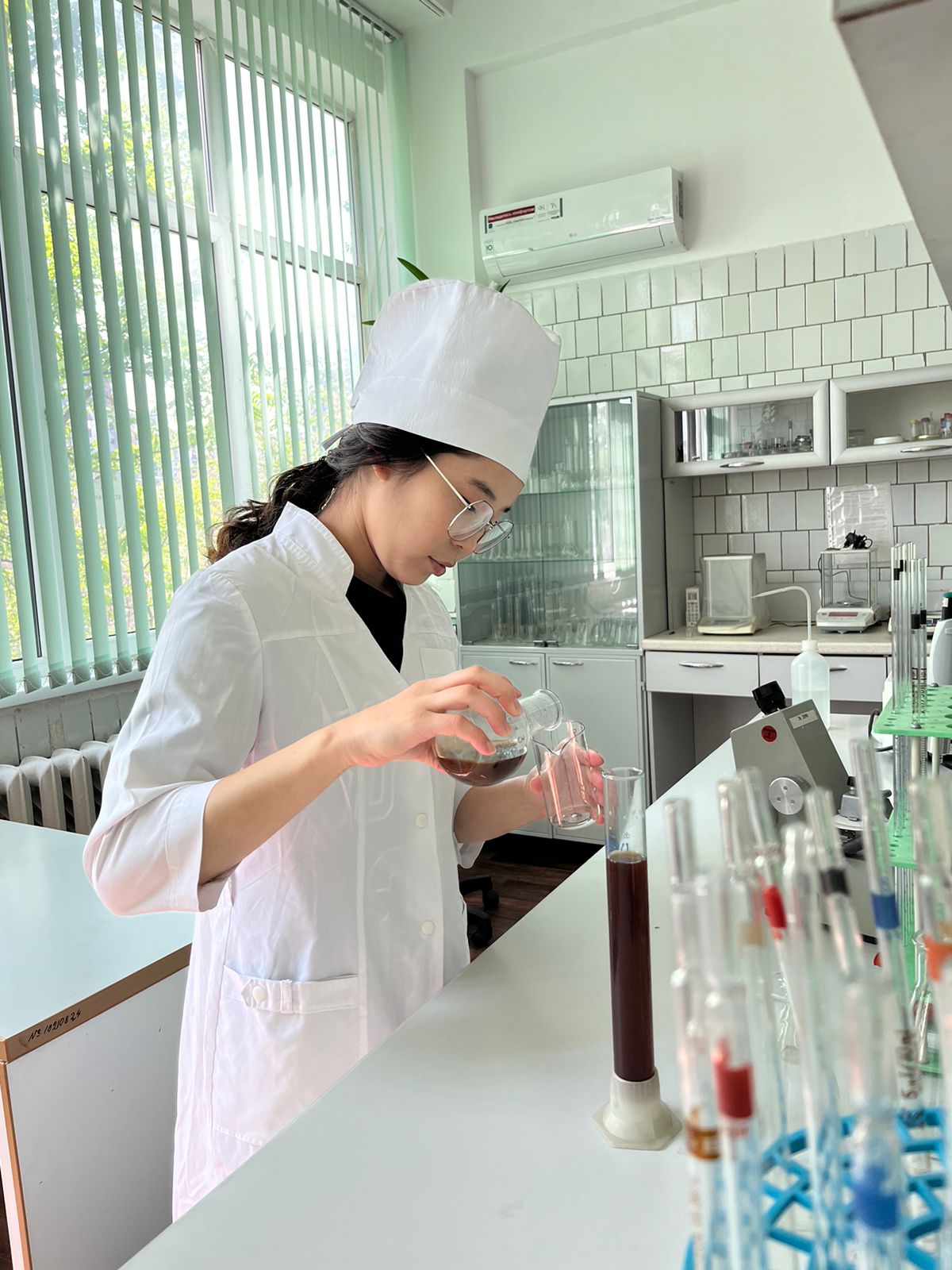
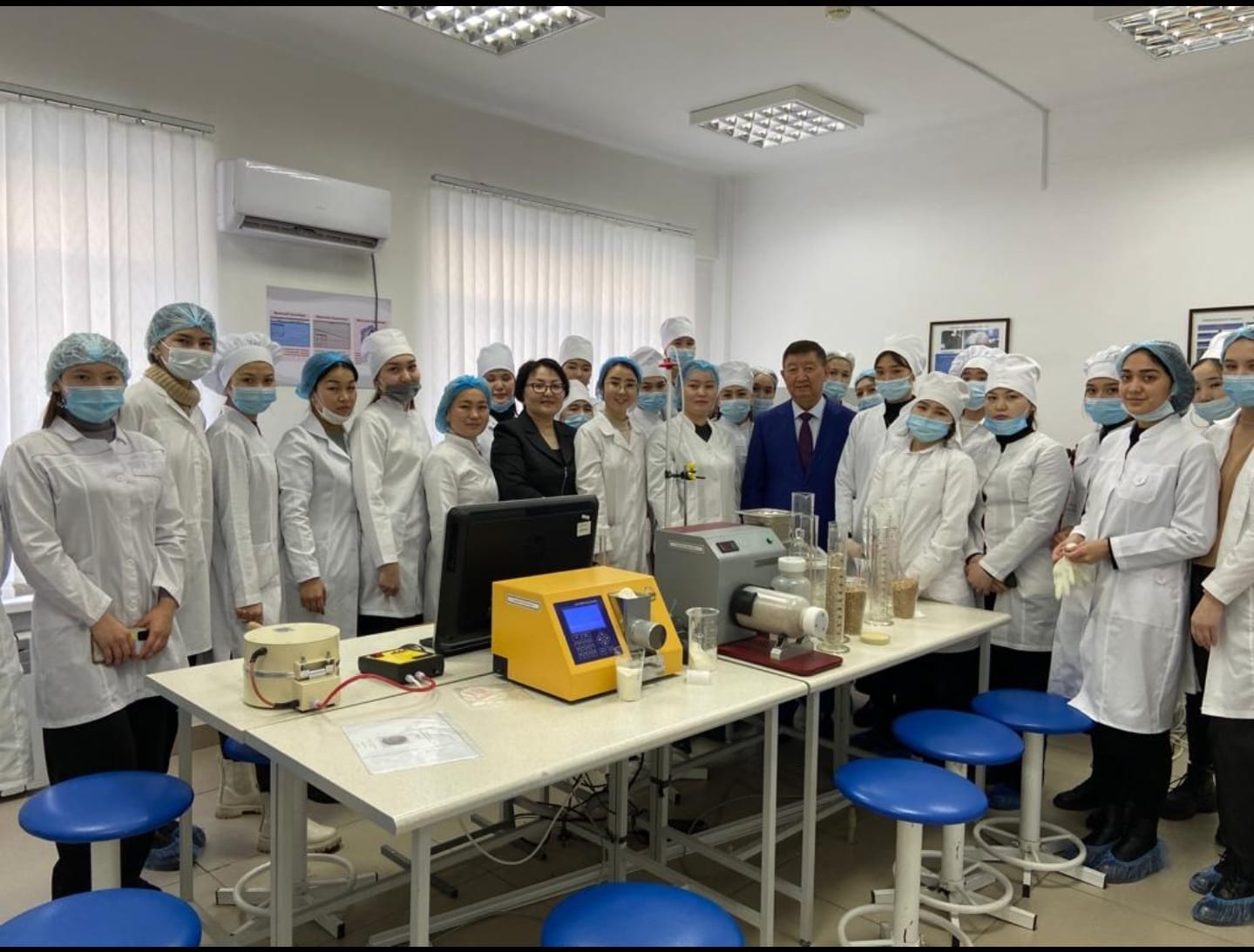
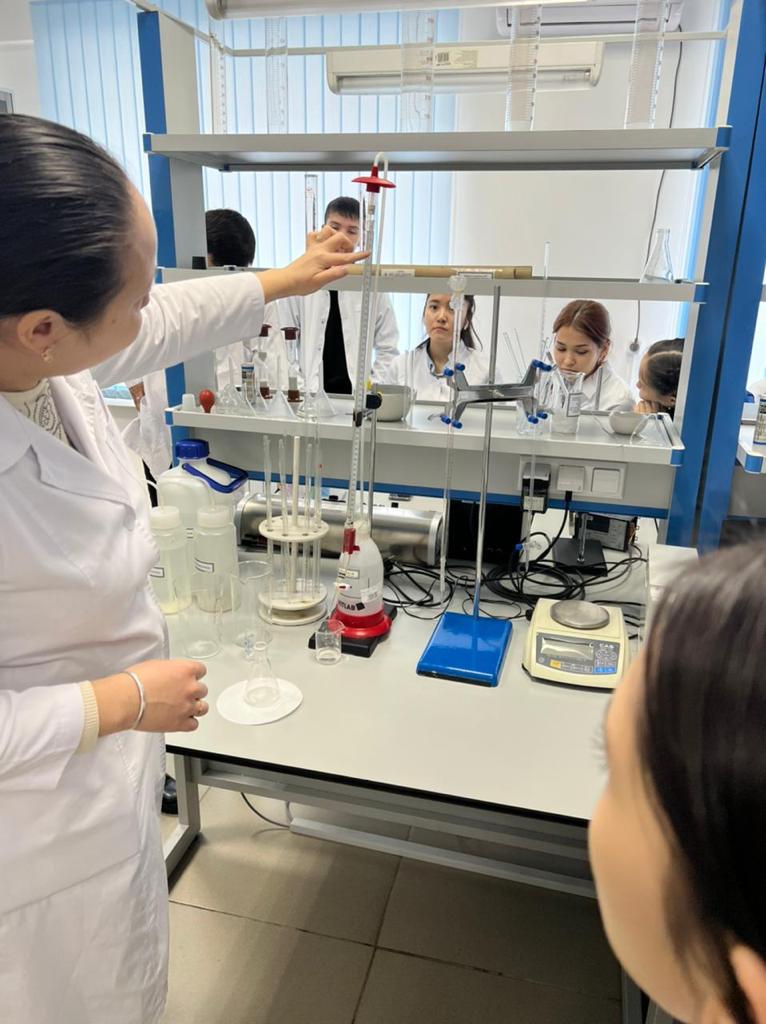
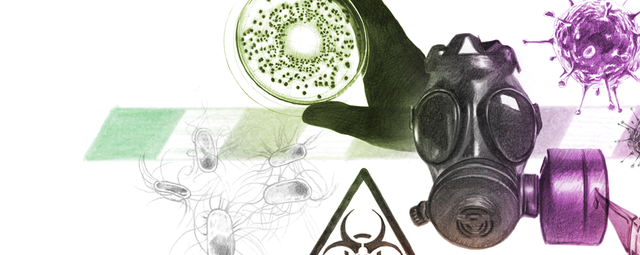
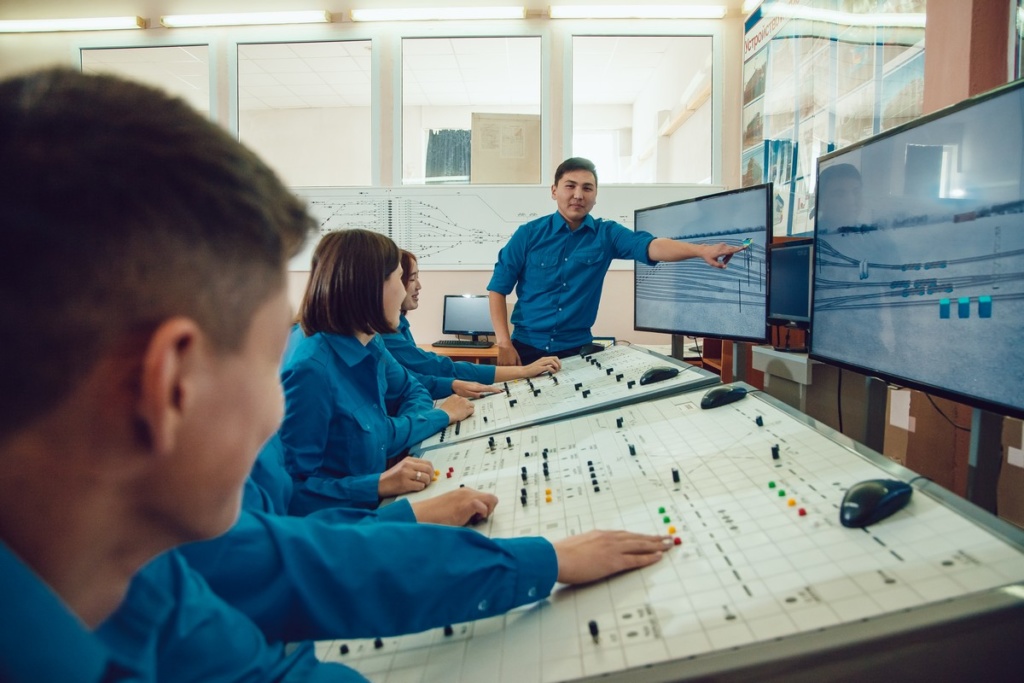
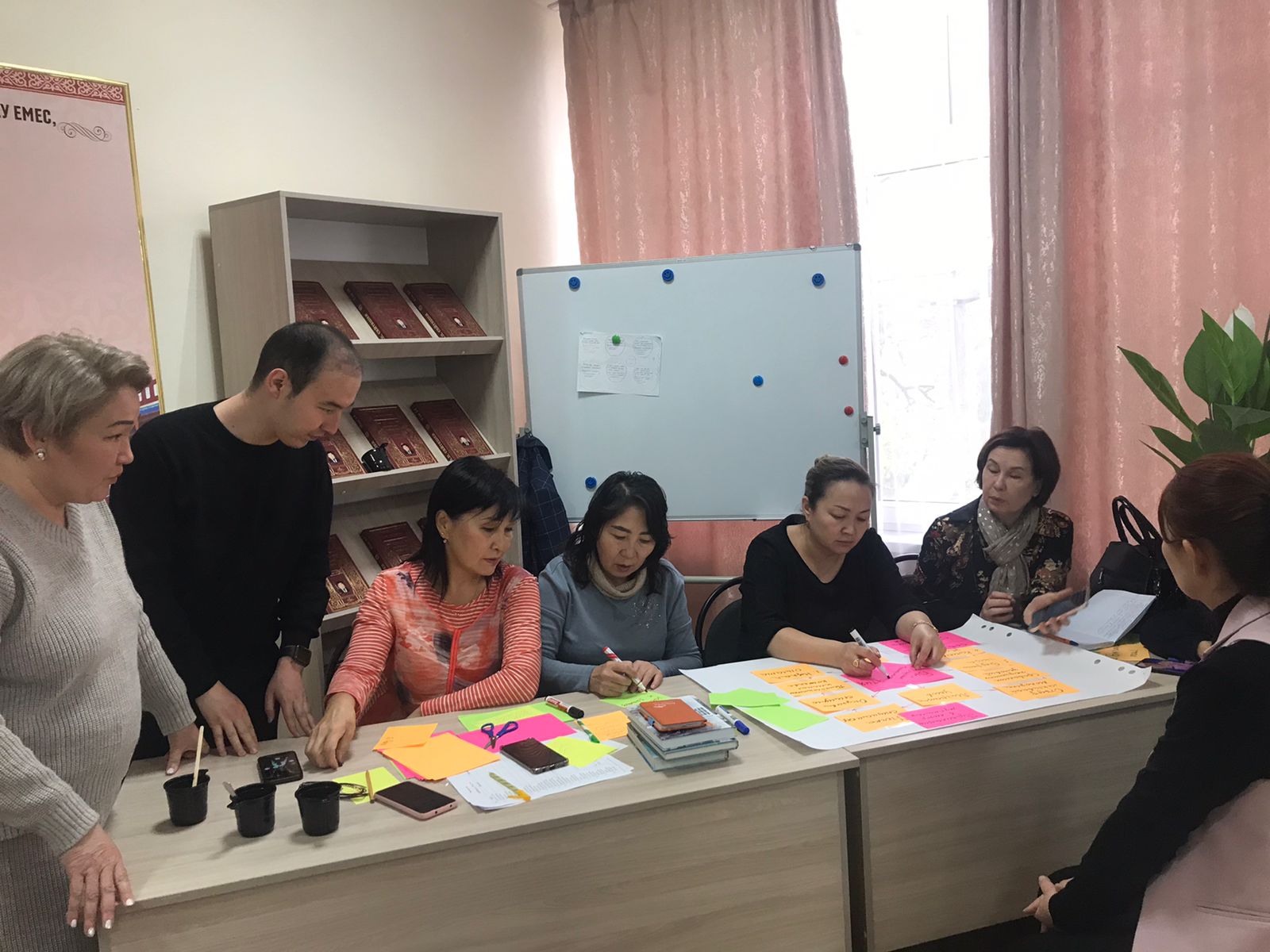
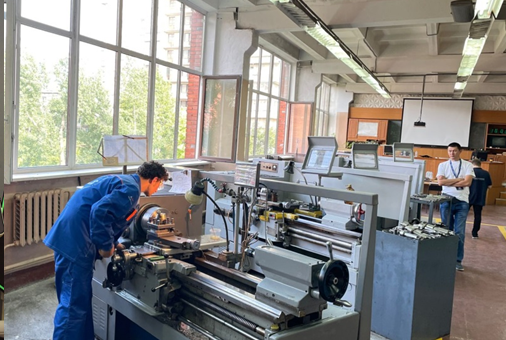
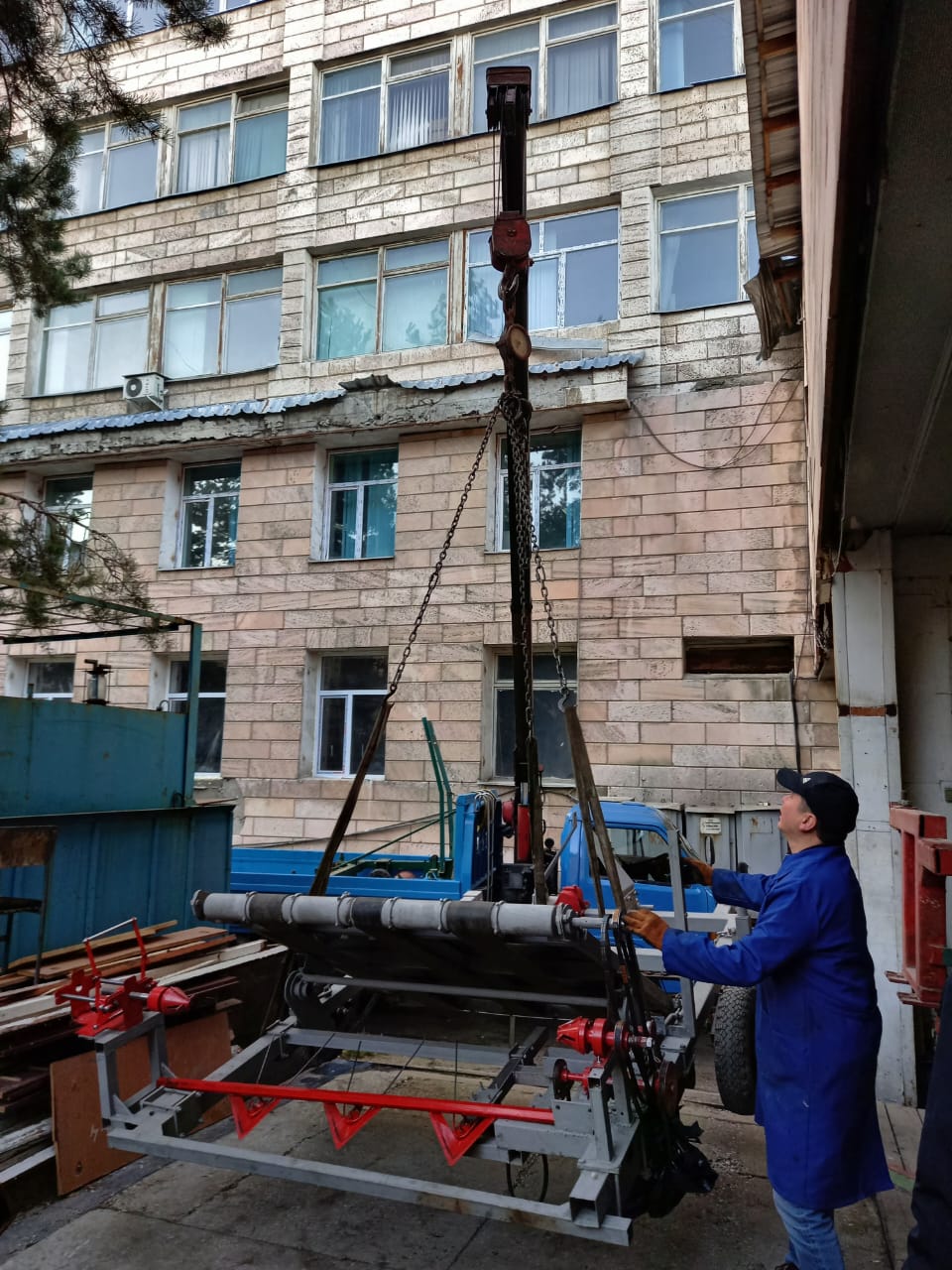
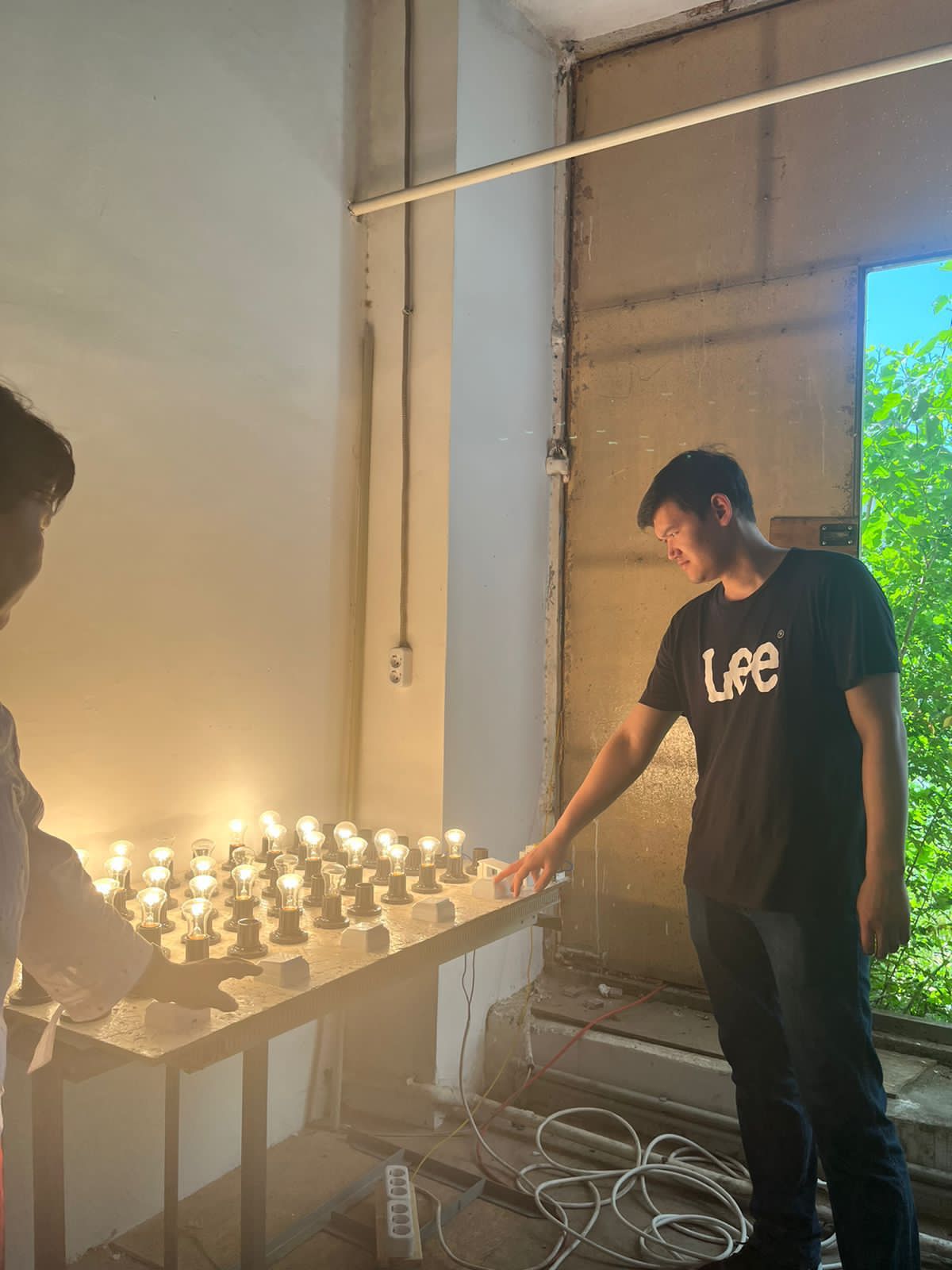
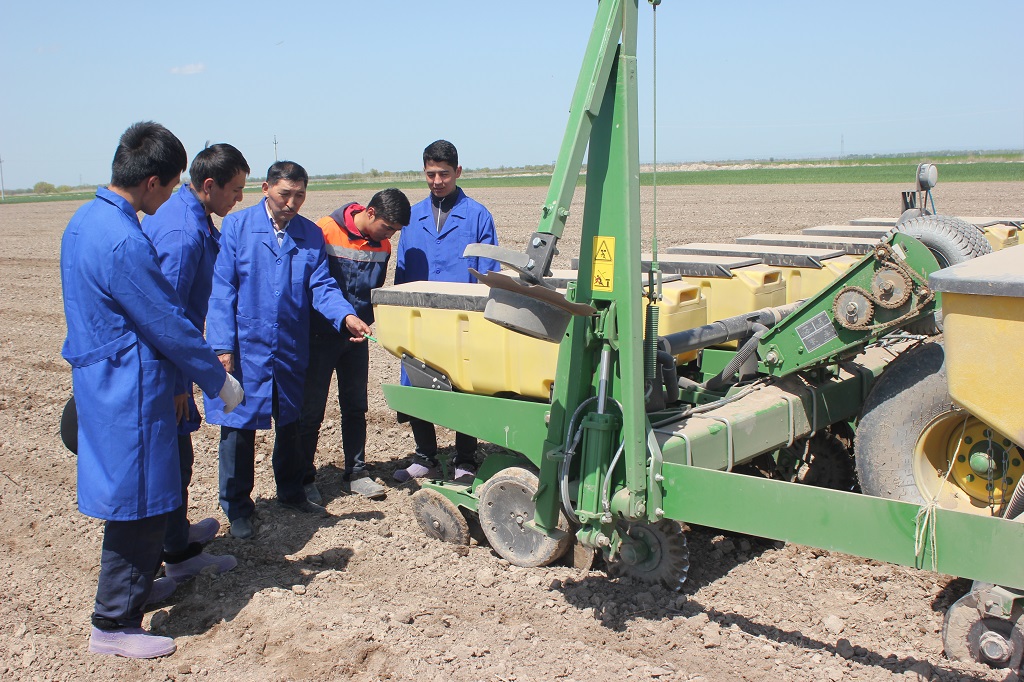


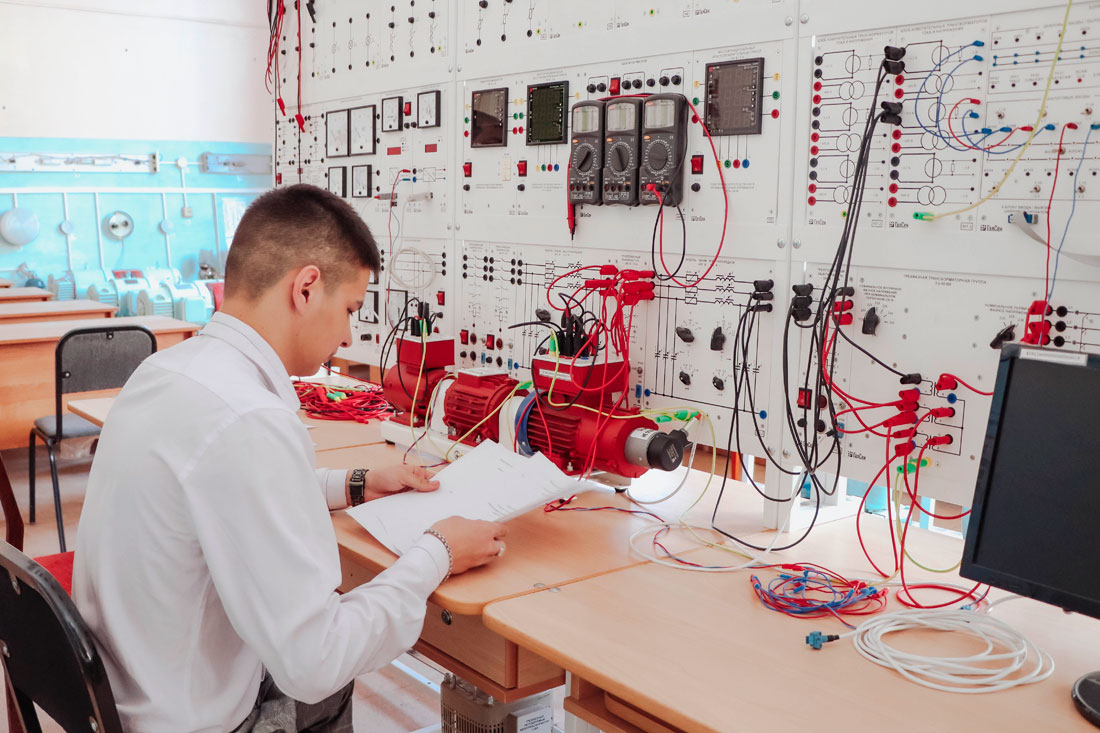
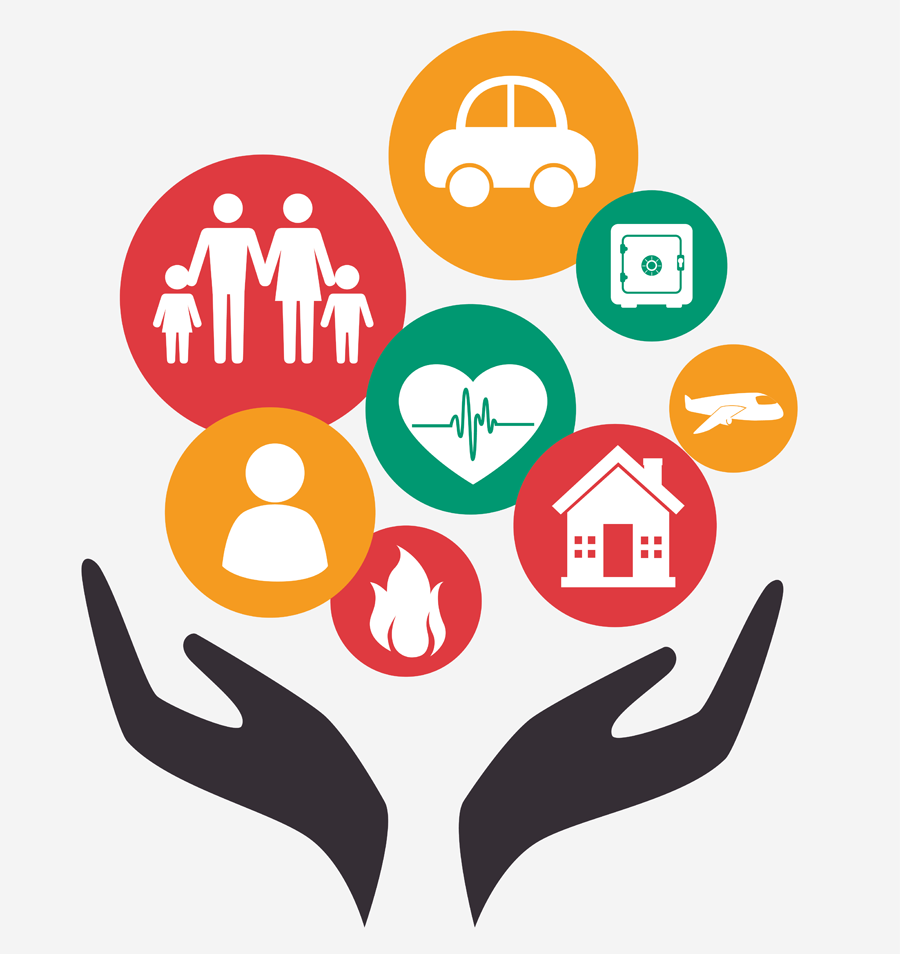
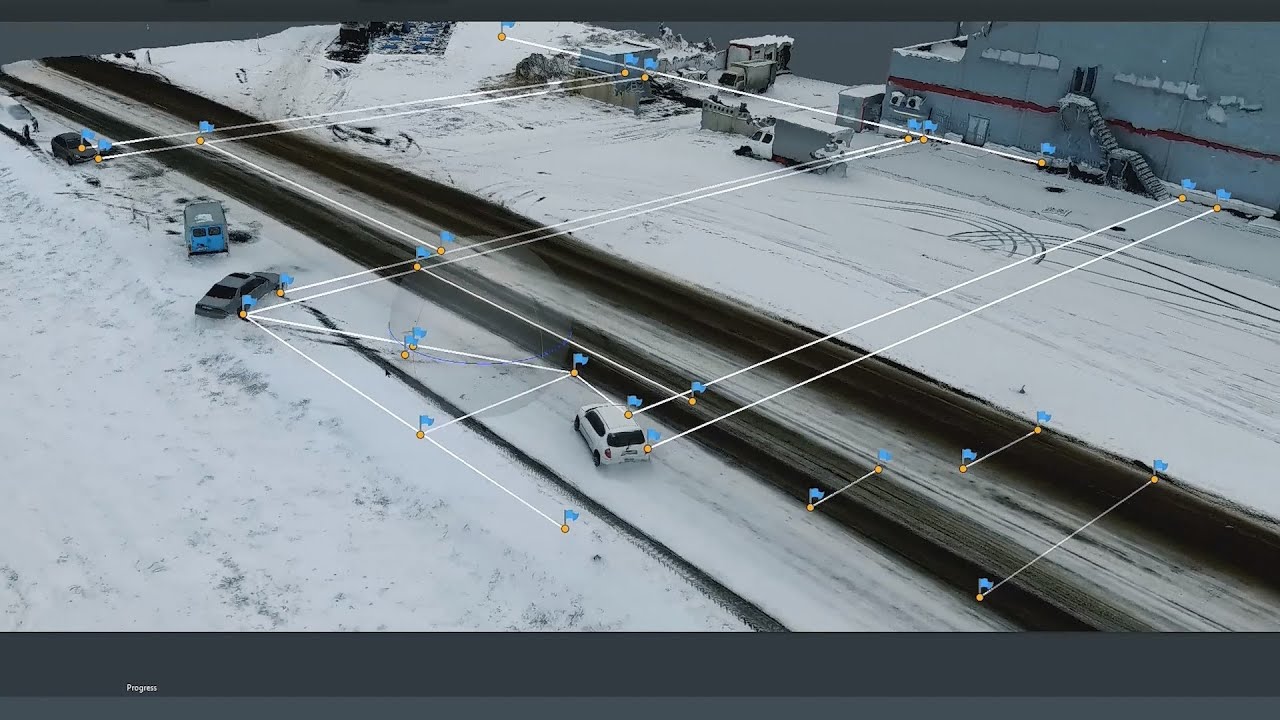
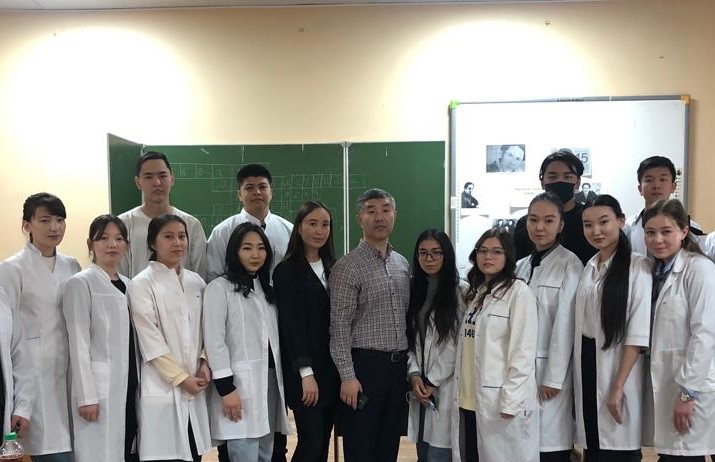
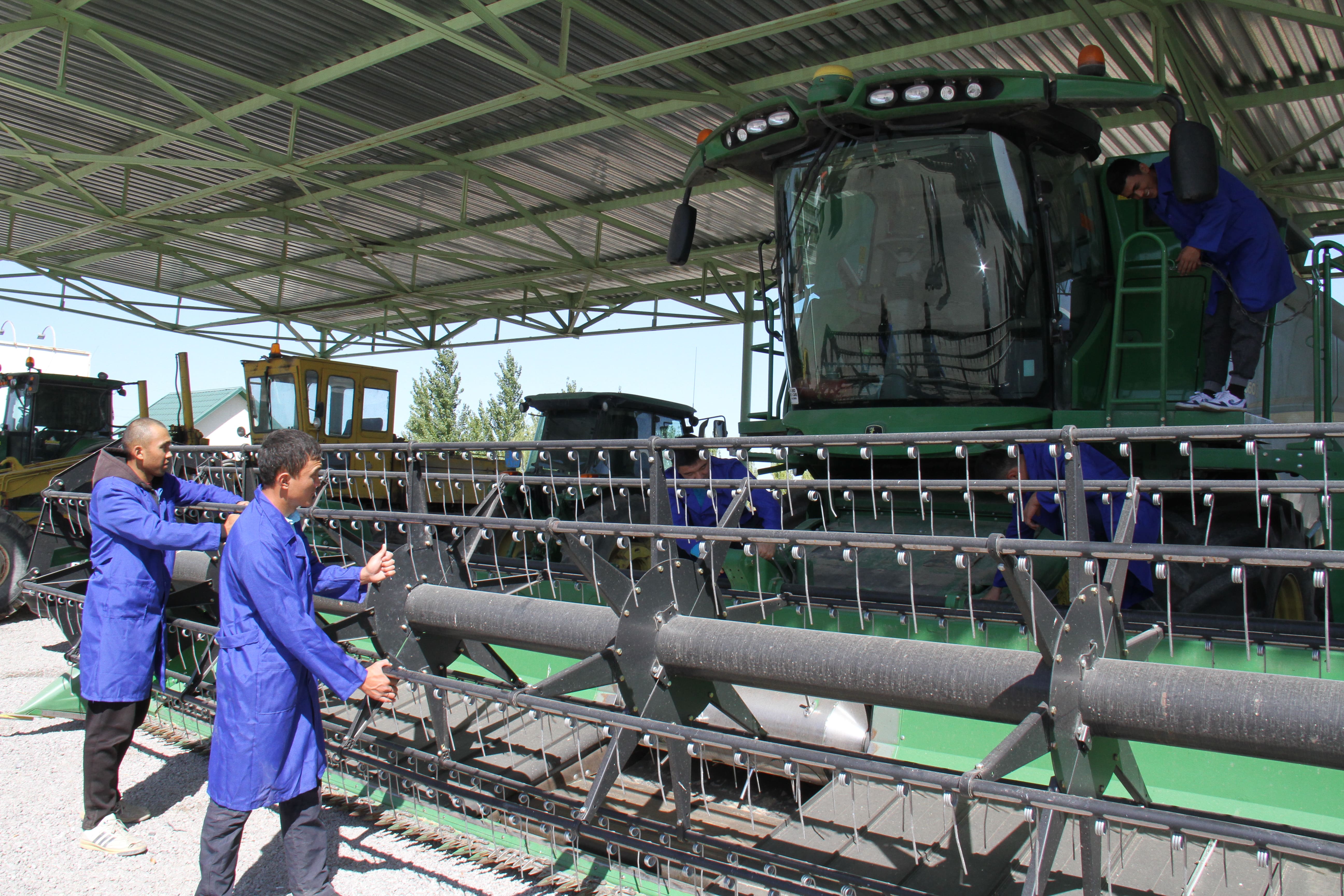
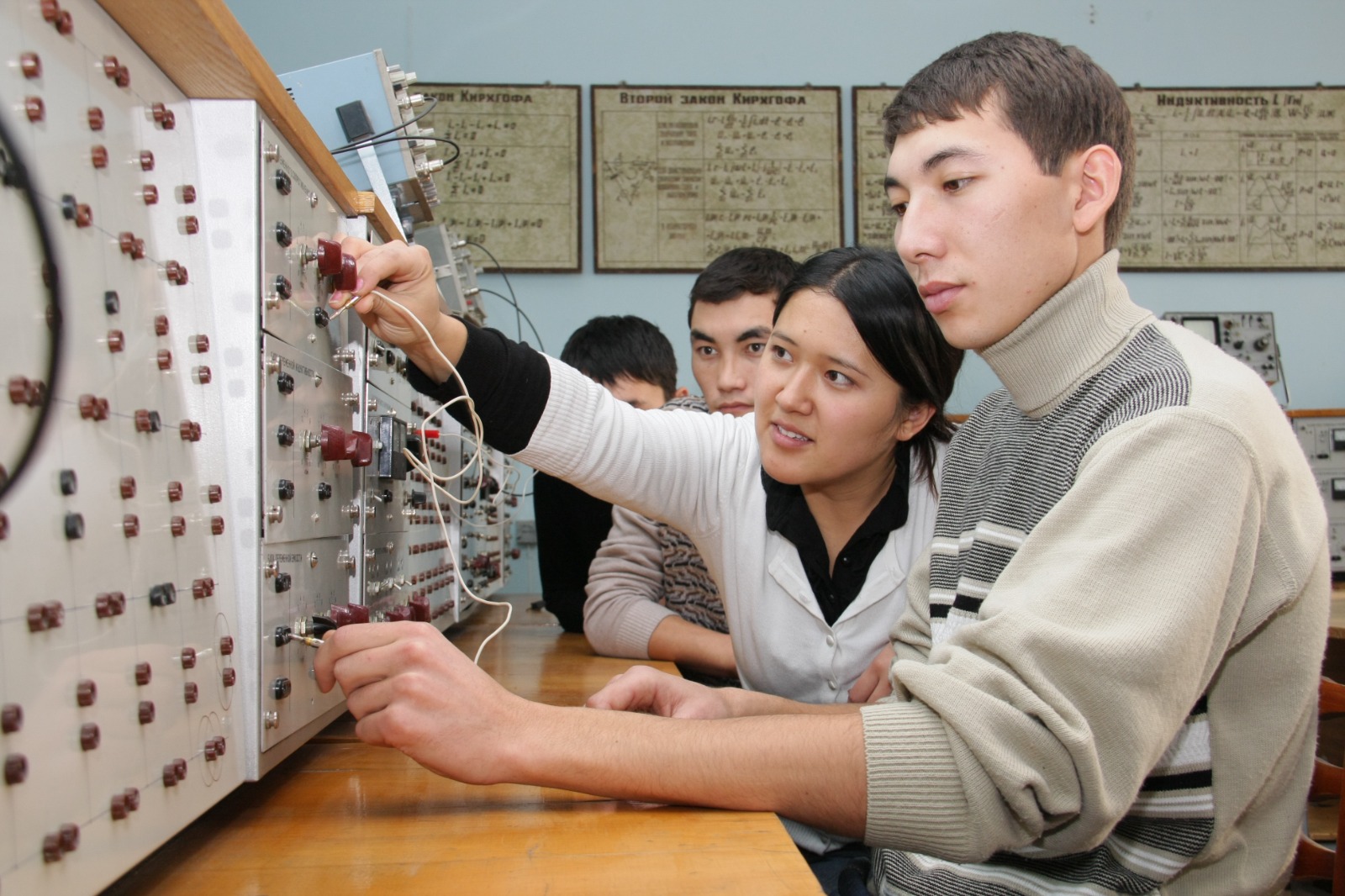
.jpeg)
.jpeg)
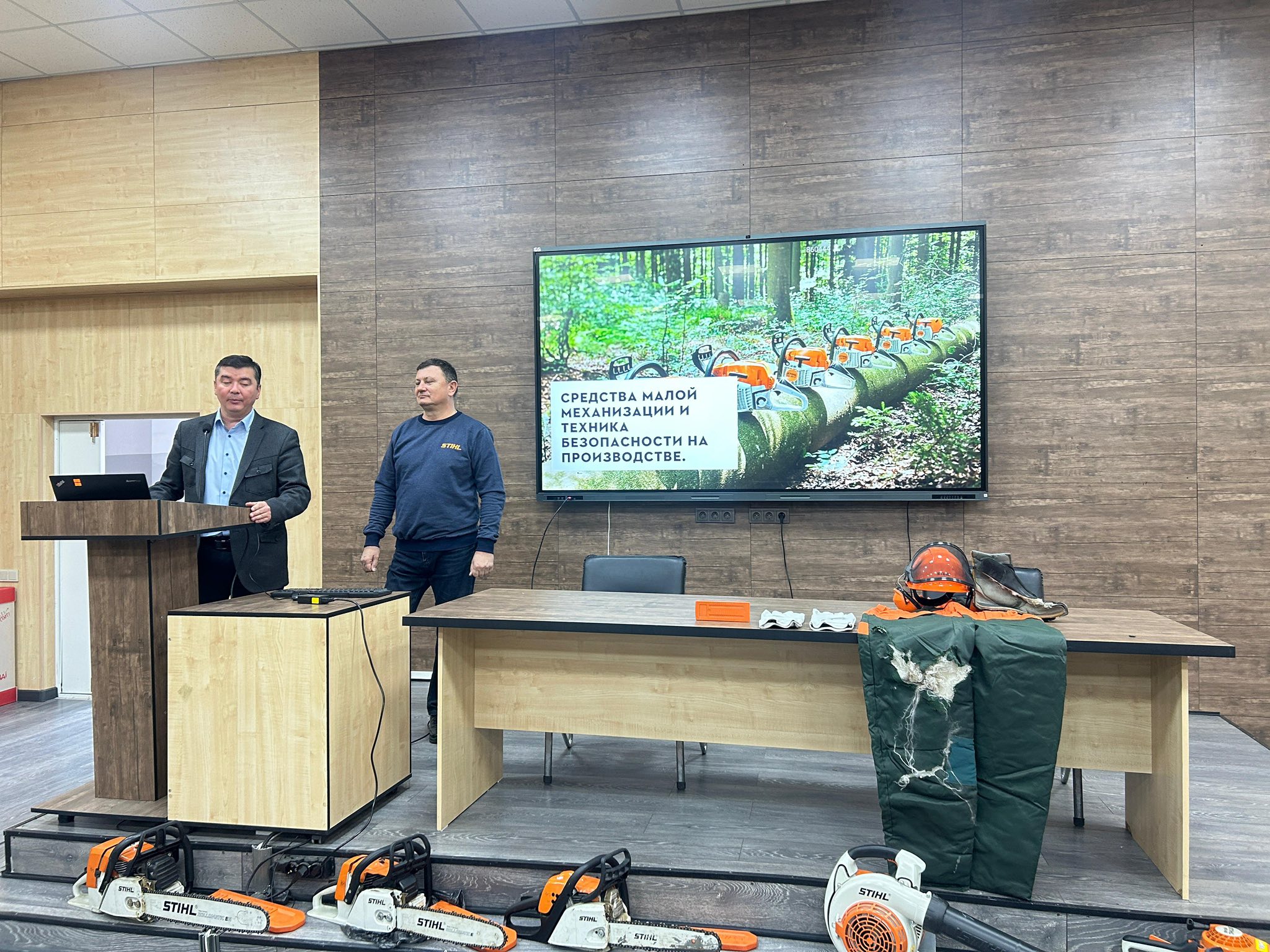
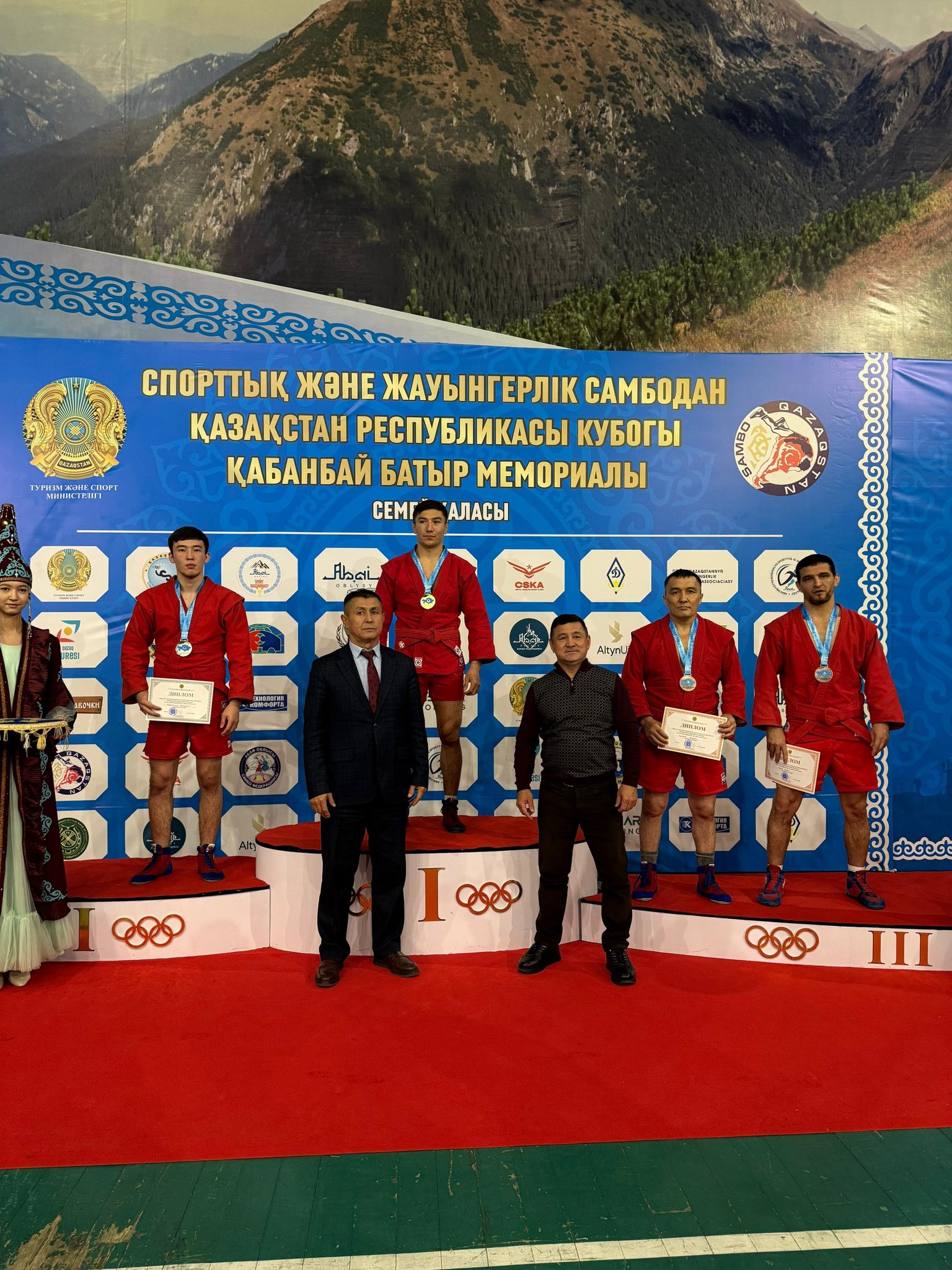
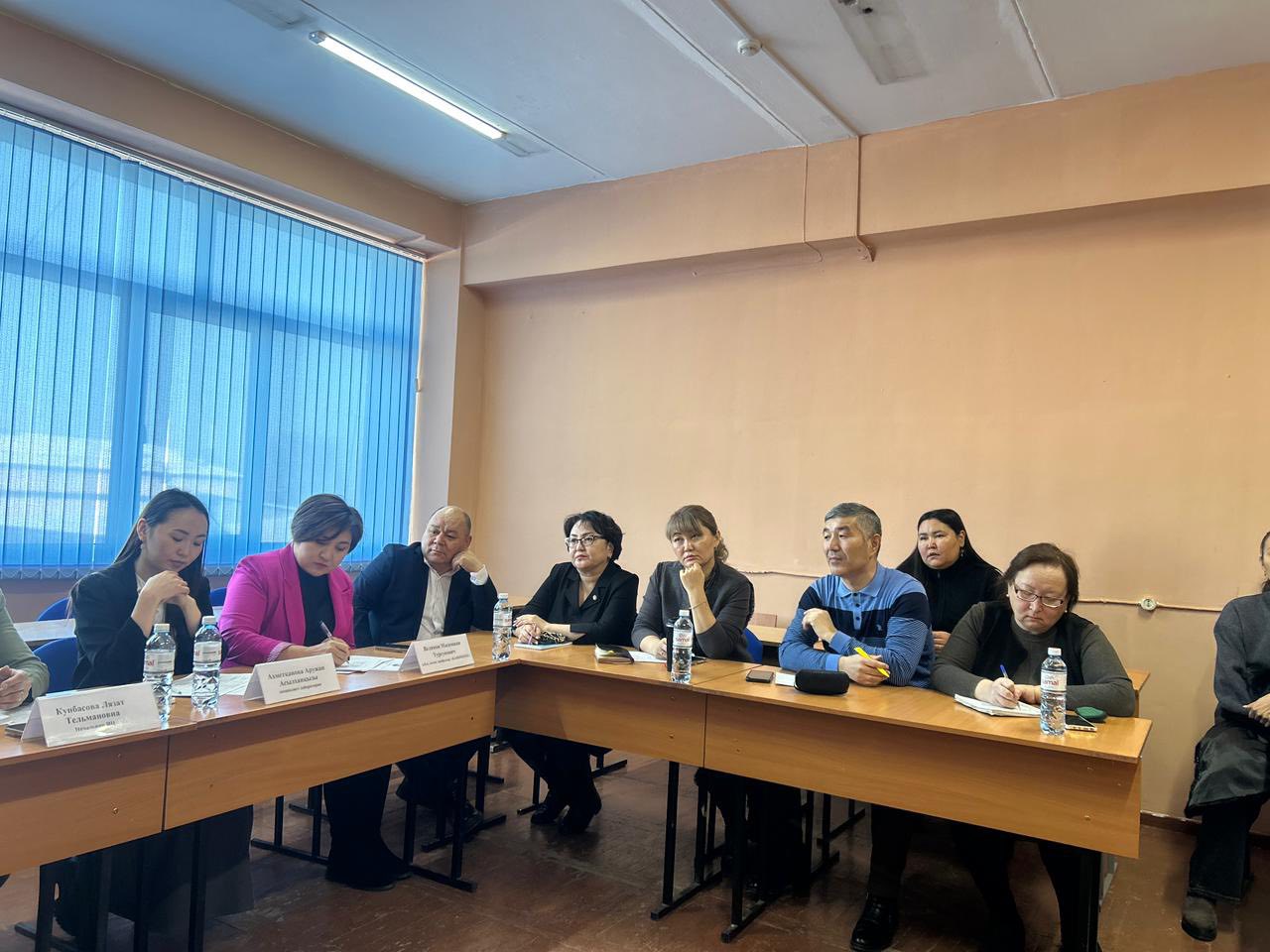
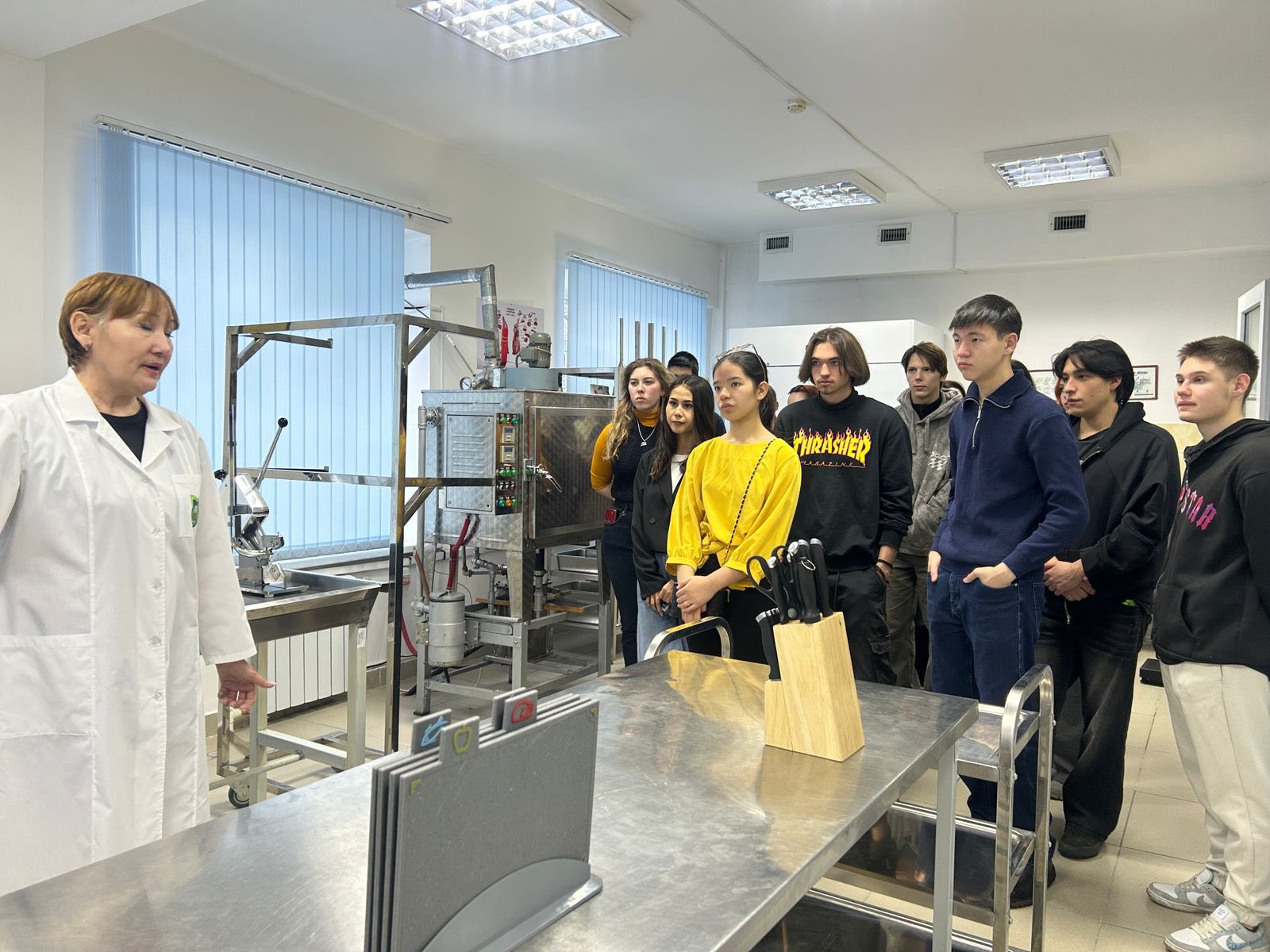
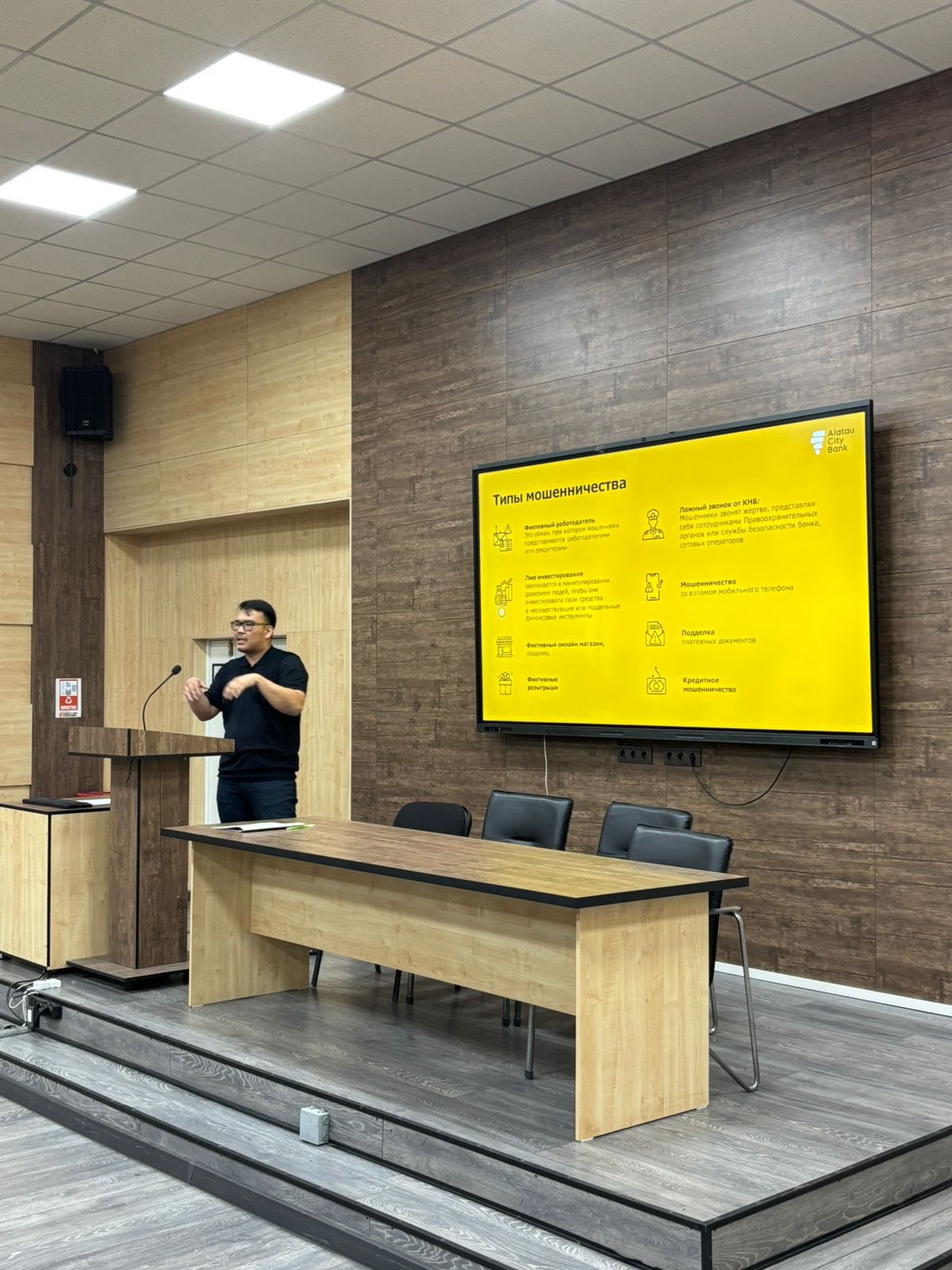
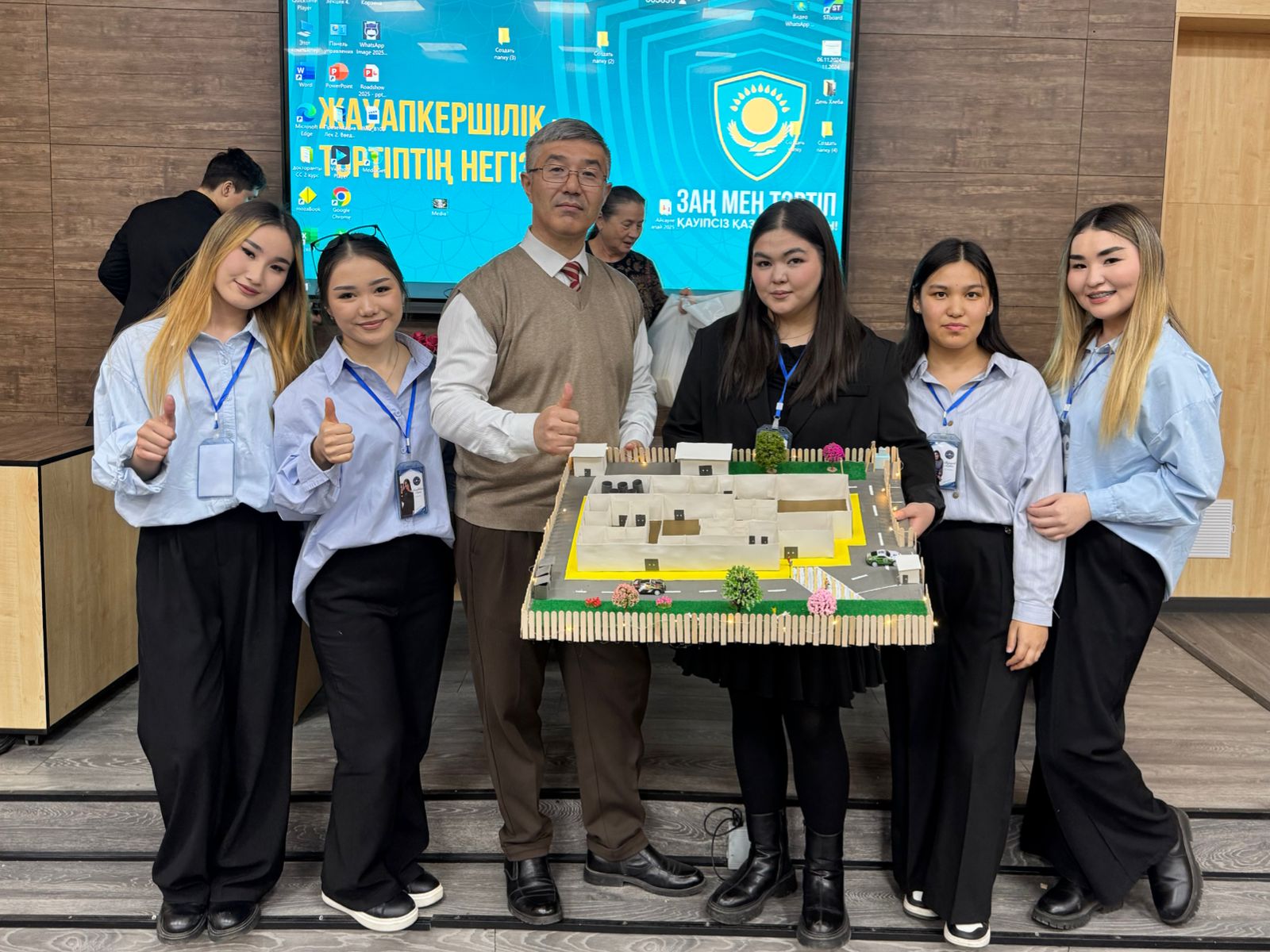
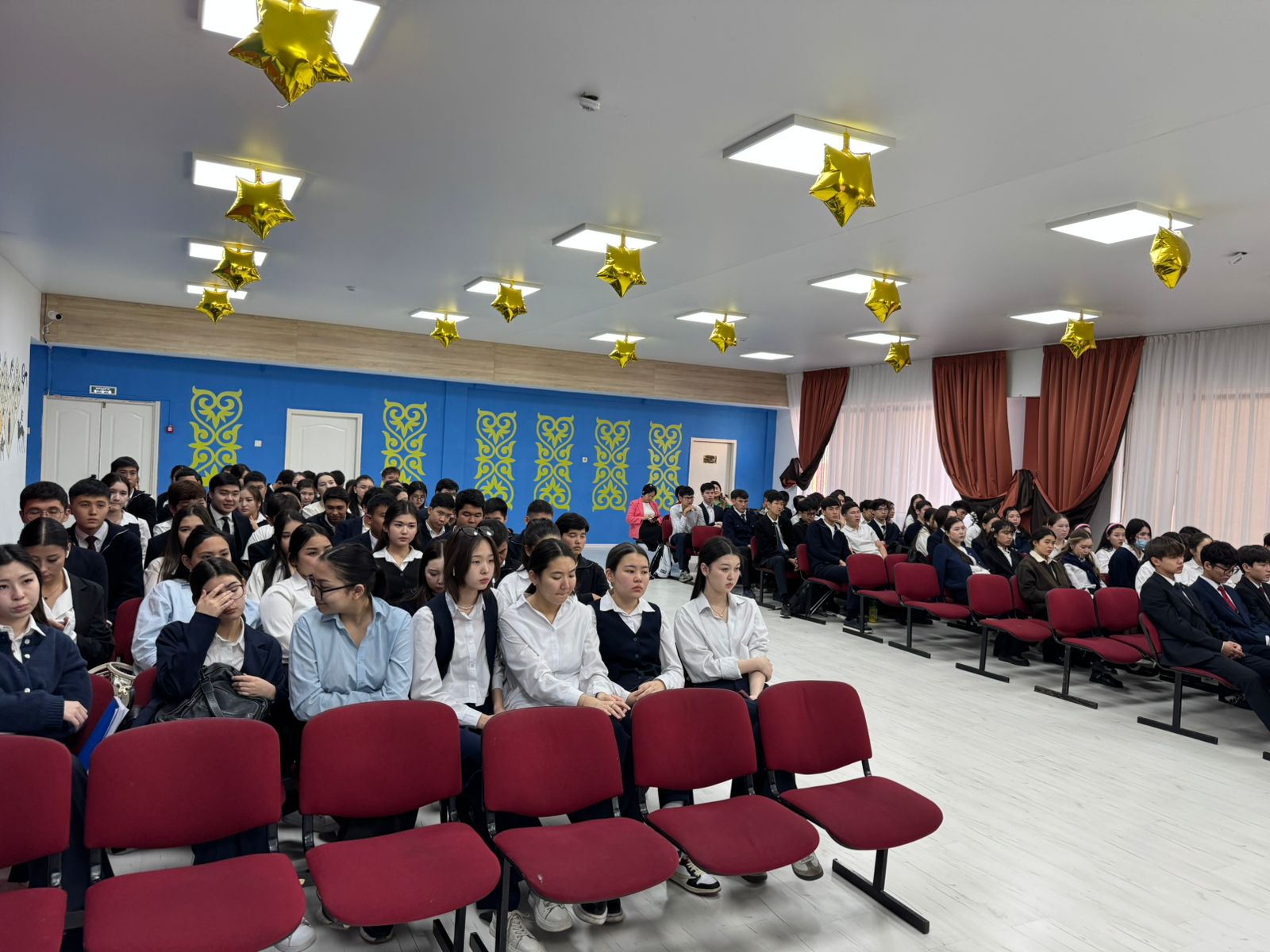
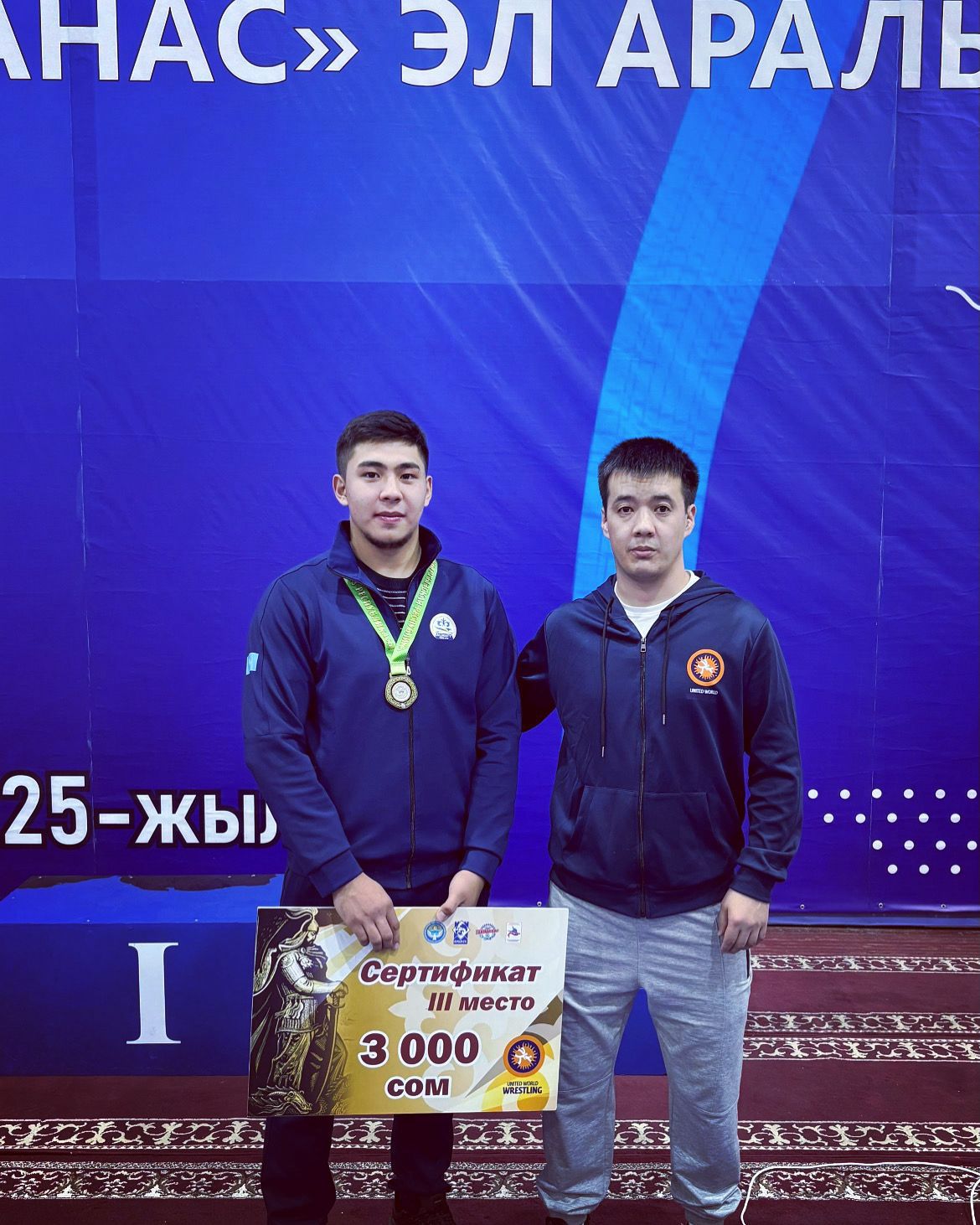
.jpeg)
.jpeg)
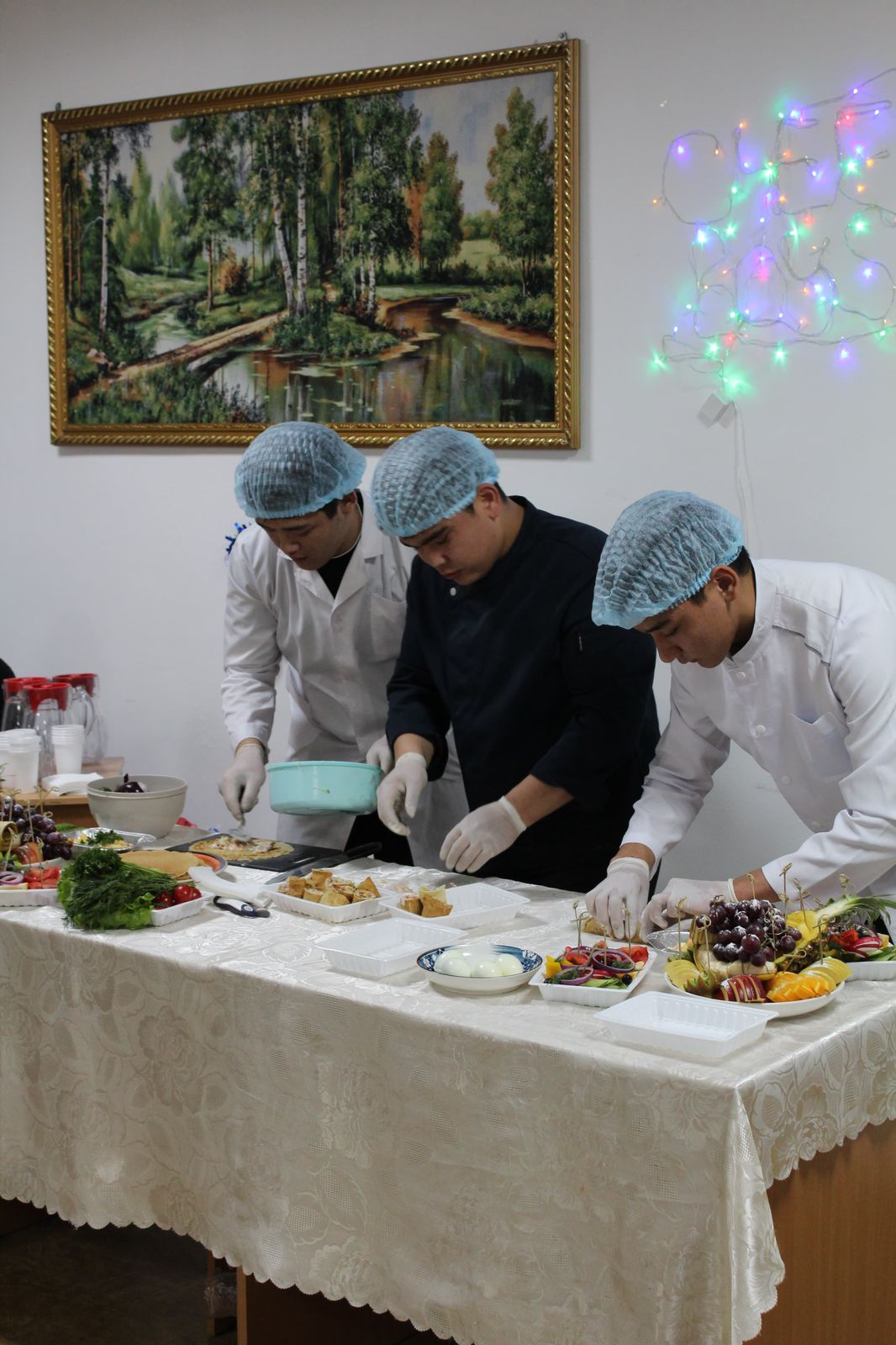
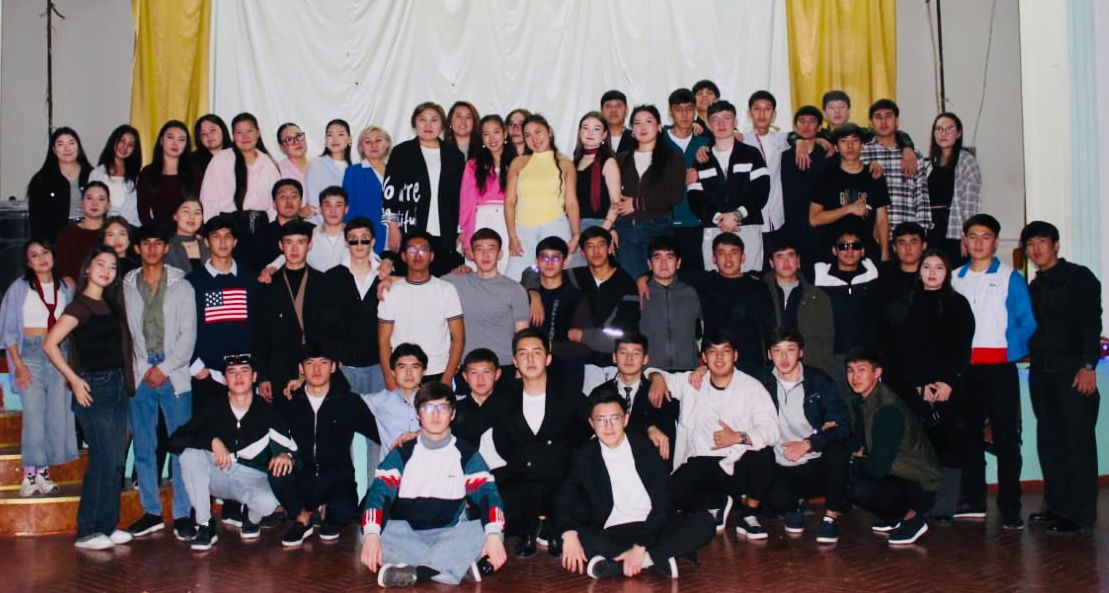
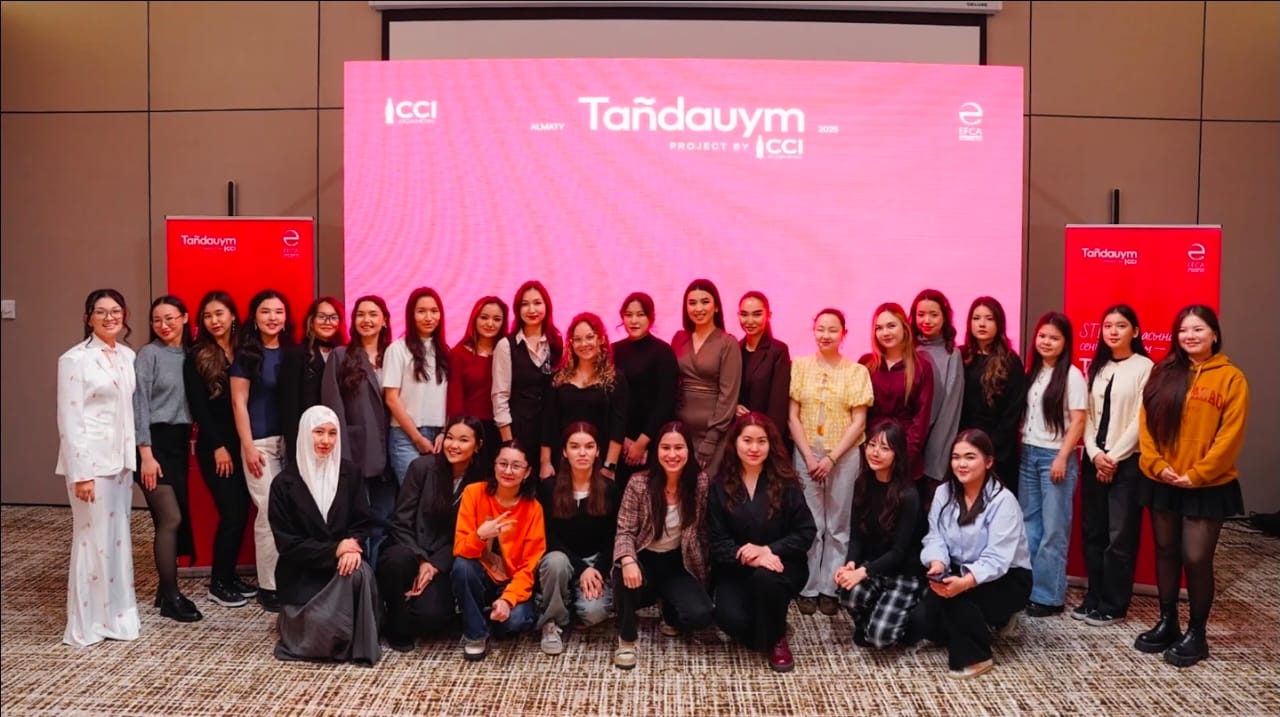
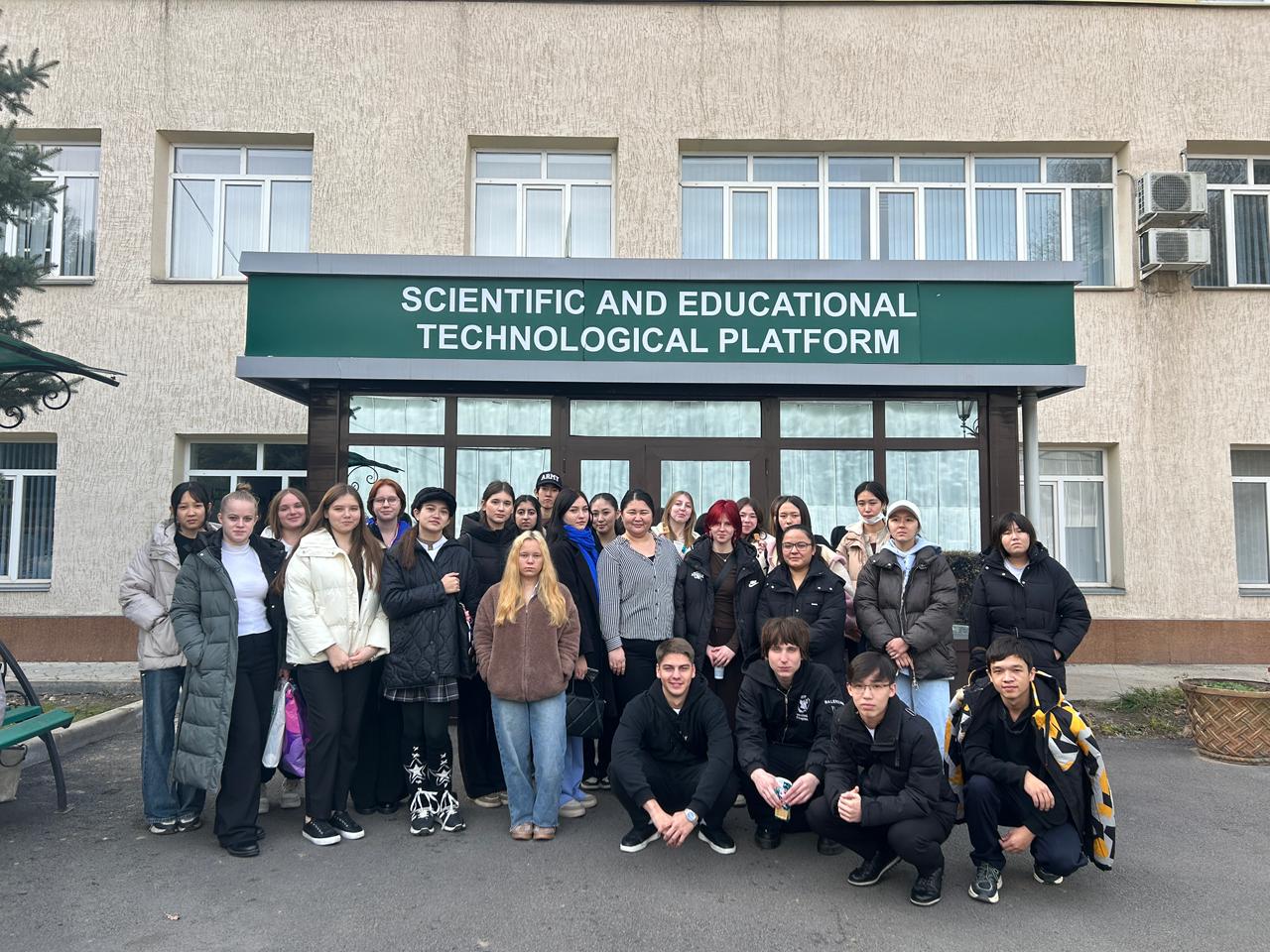
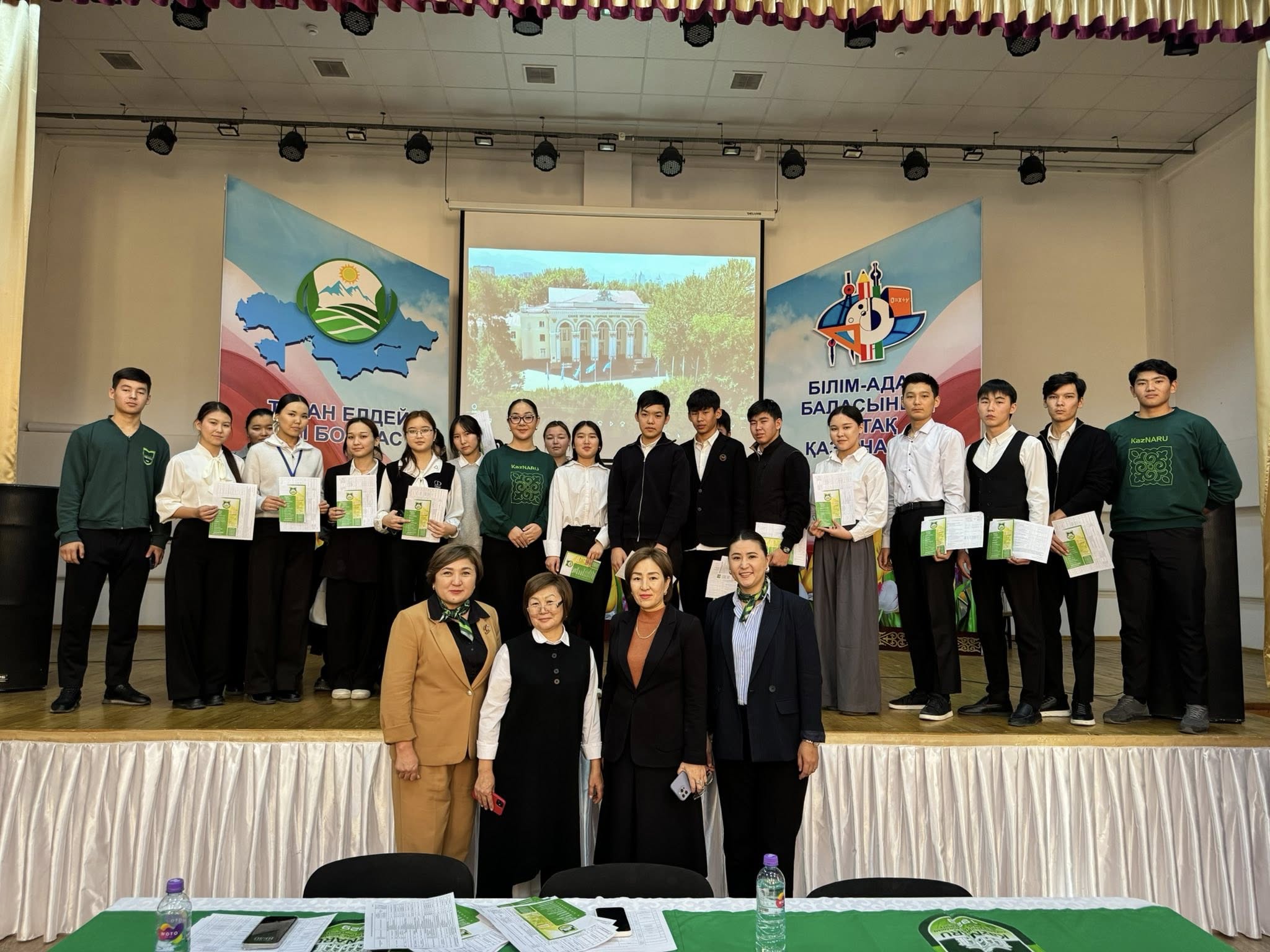
.jpeg)
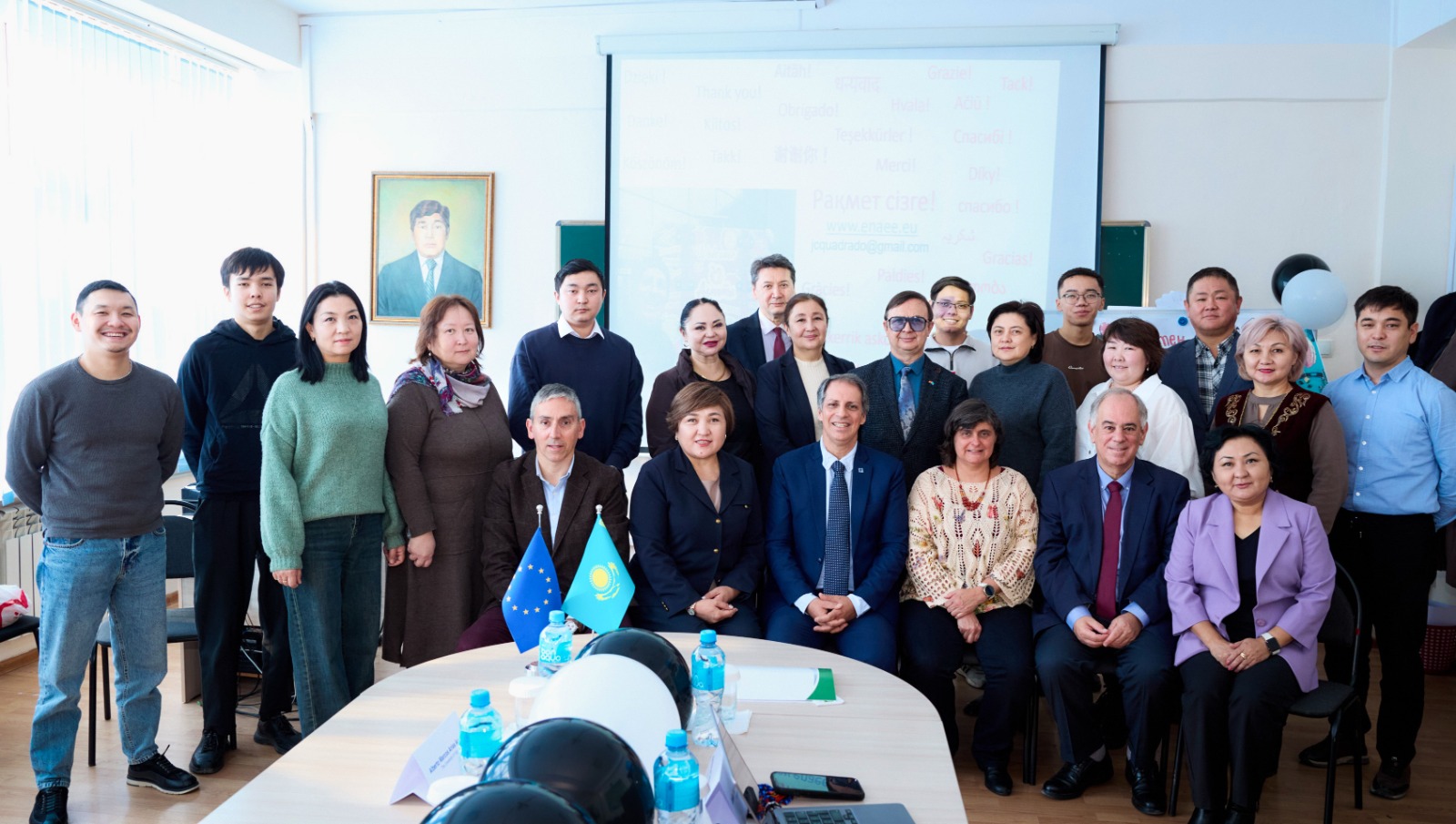
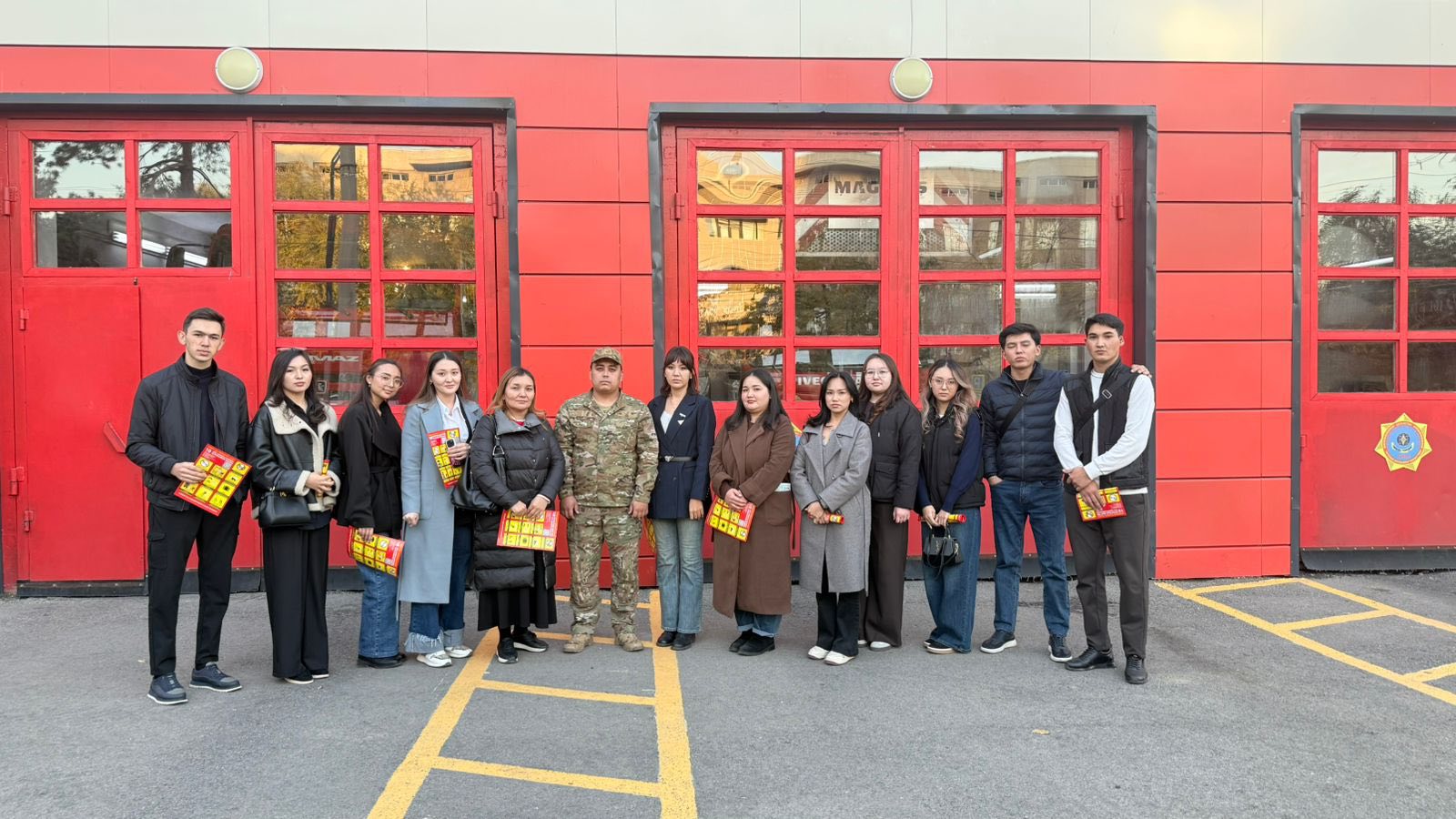
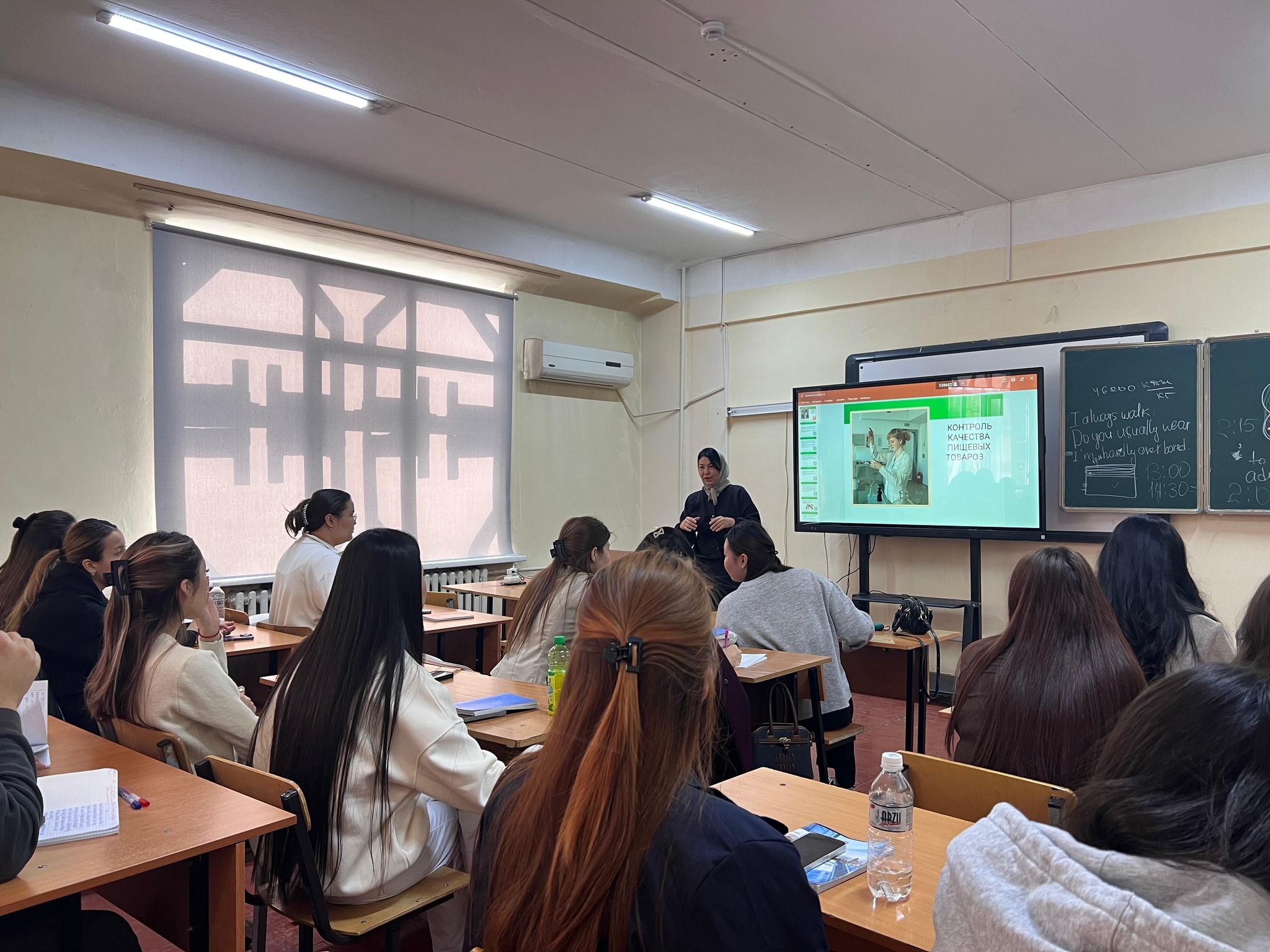
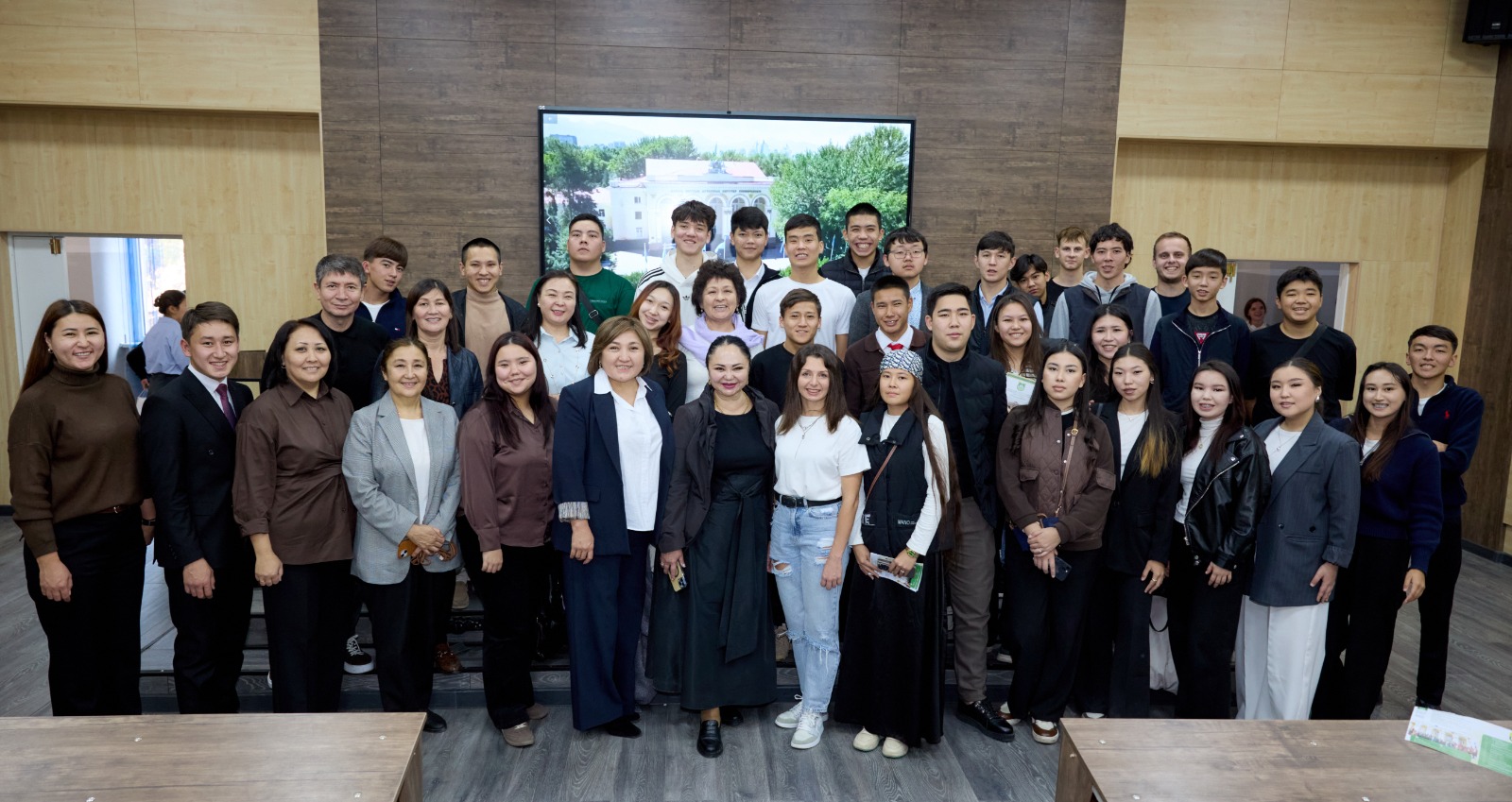
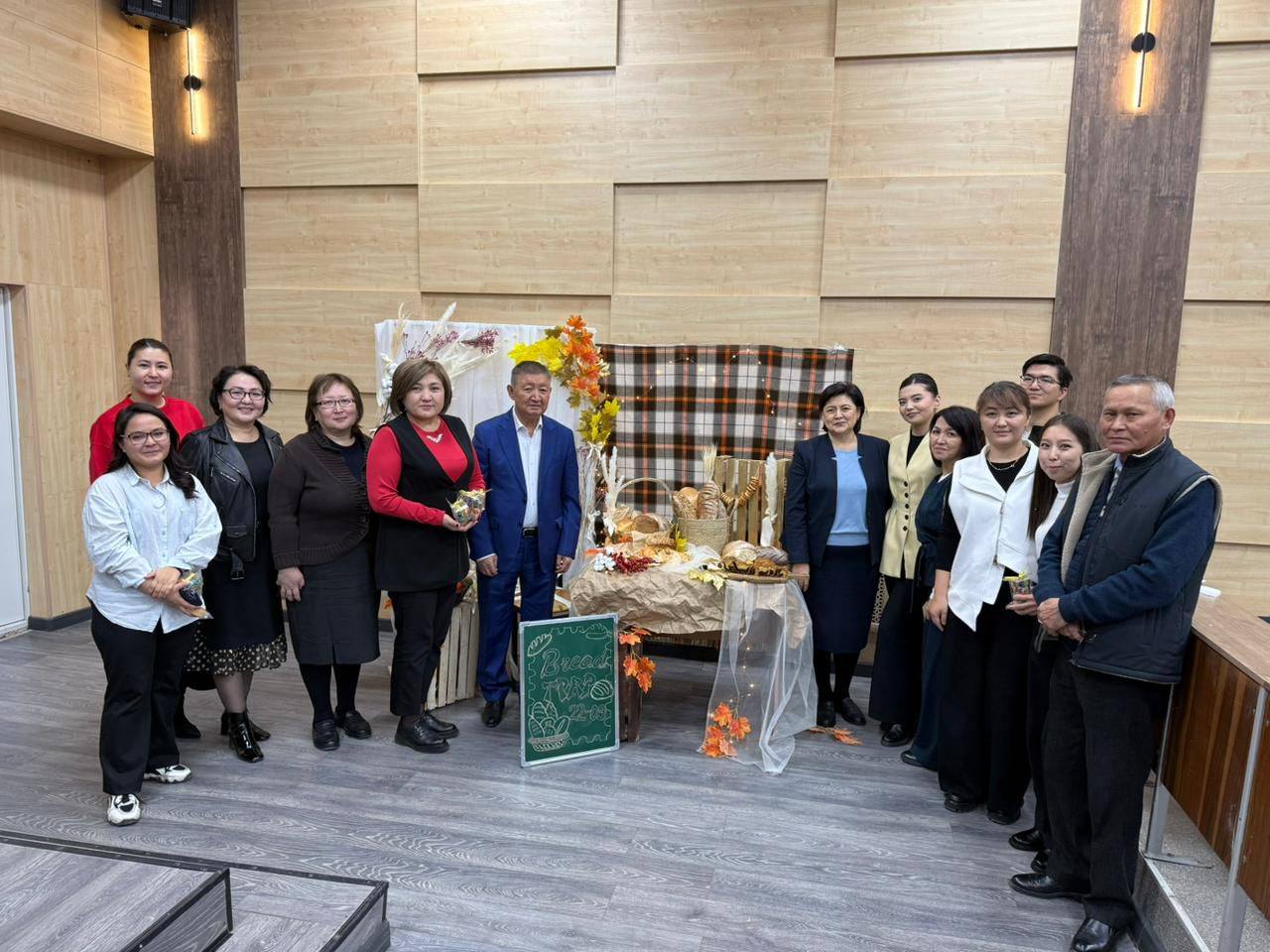
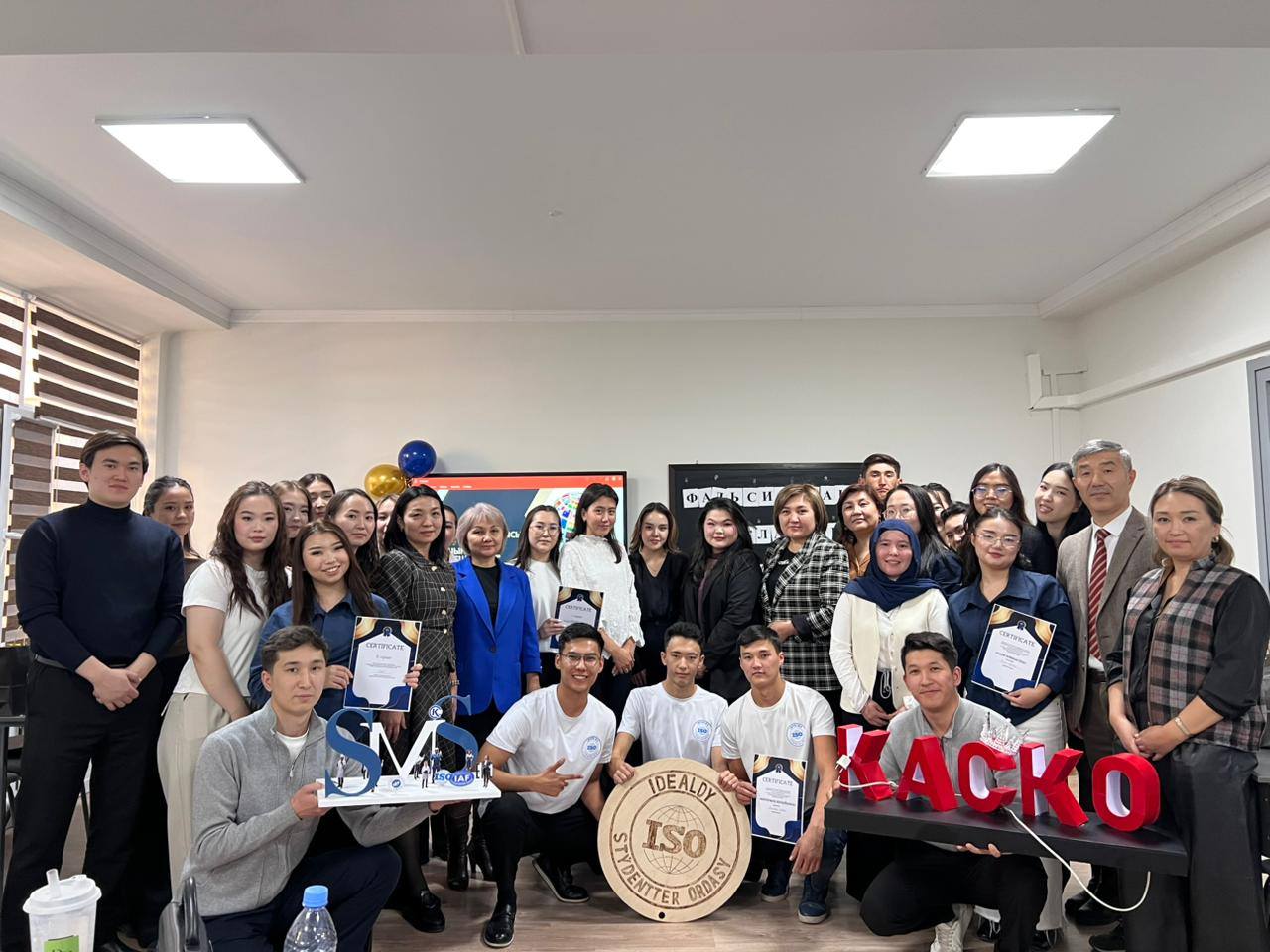
.jpeg)
.jpeg)
